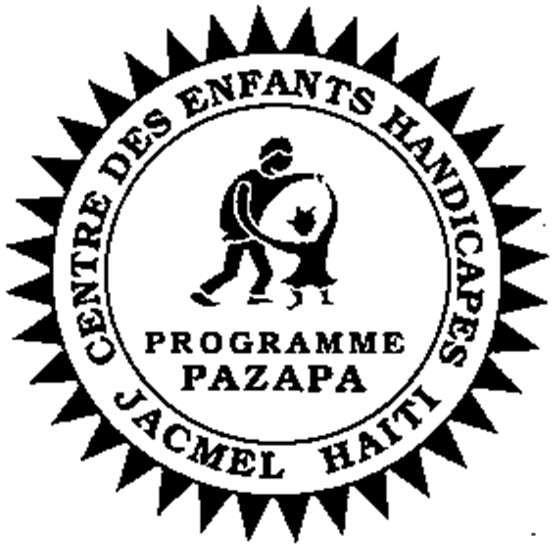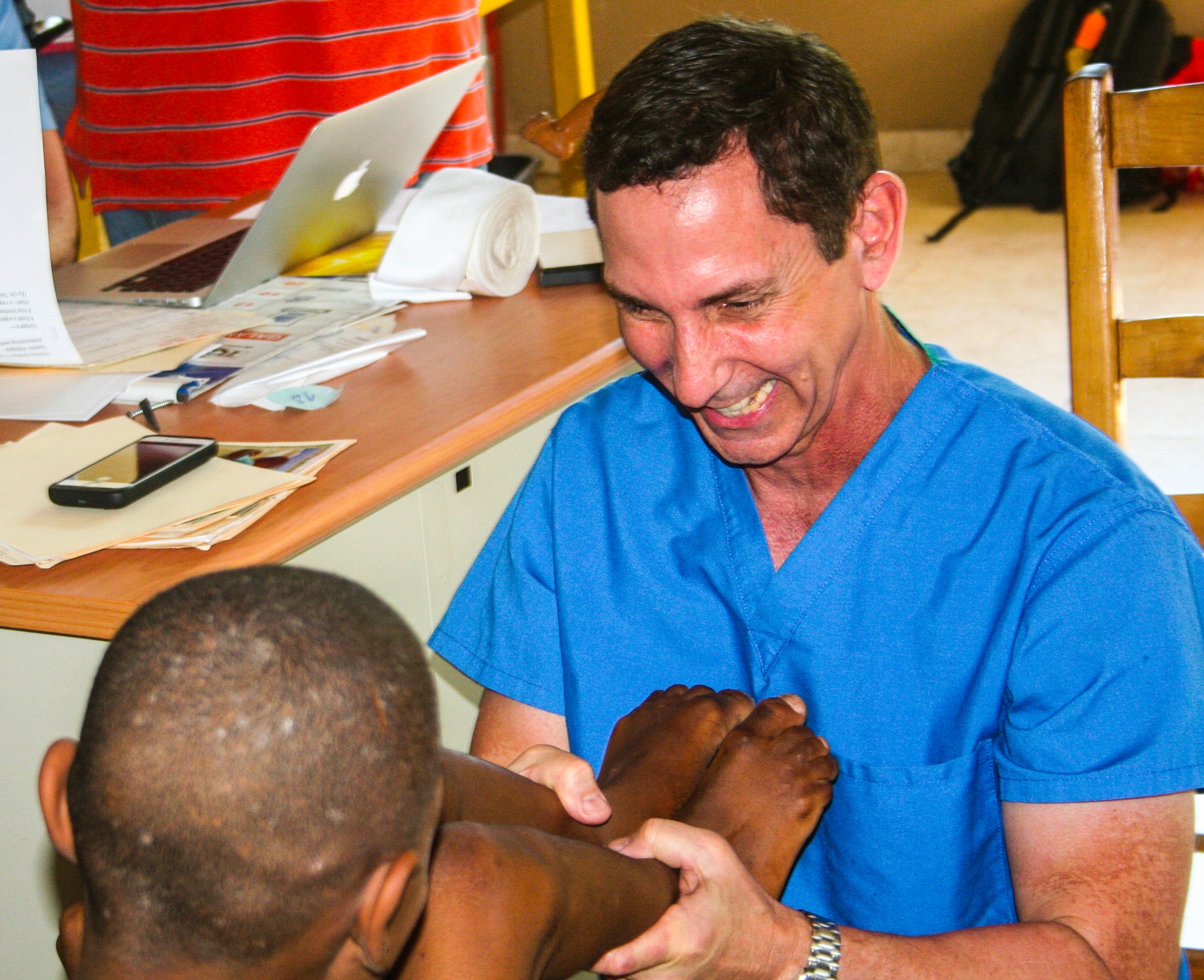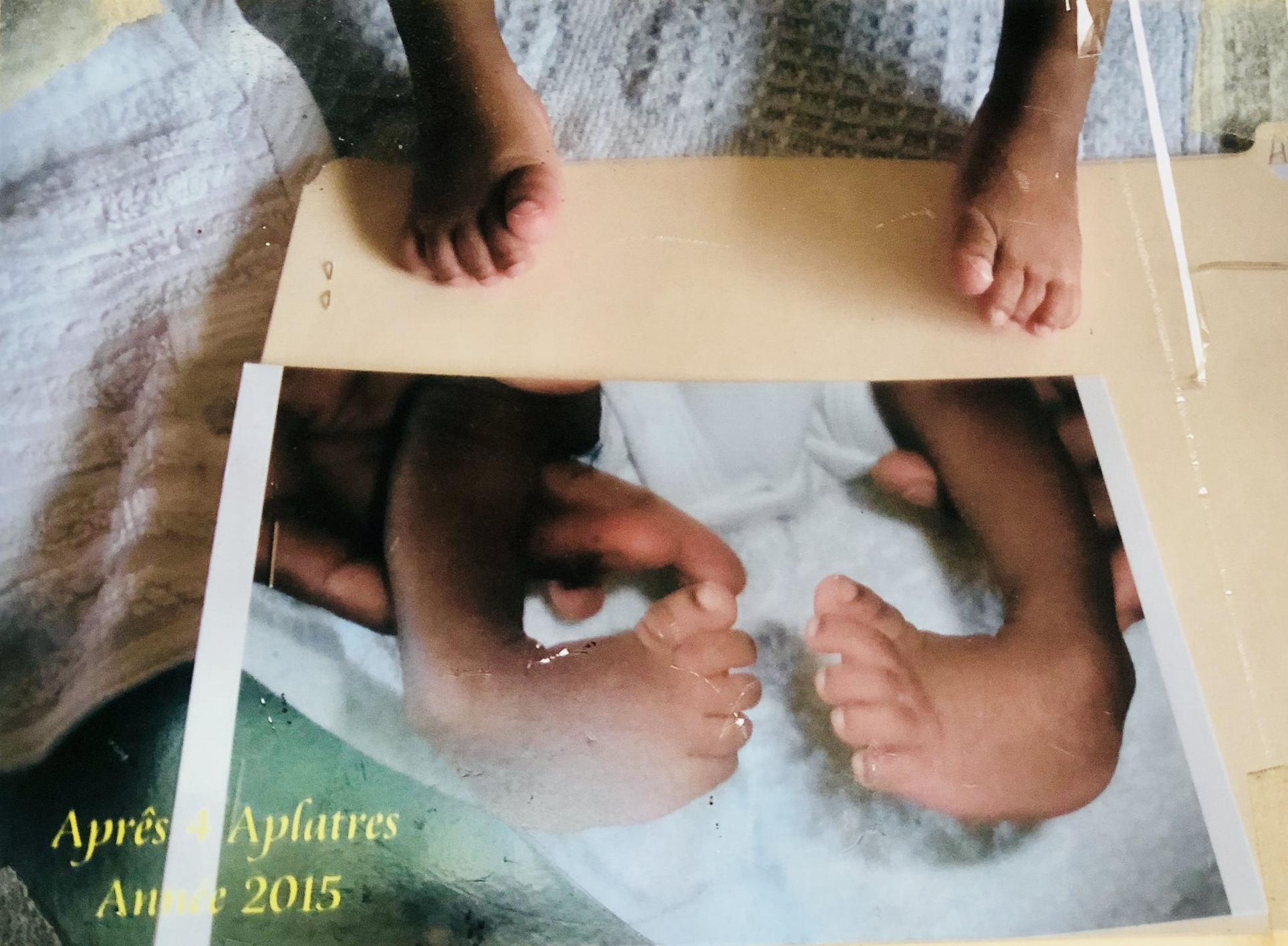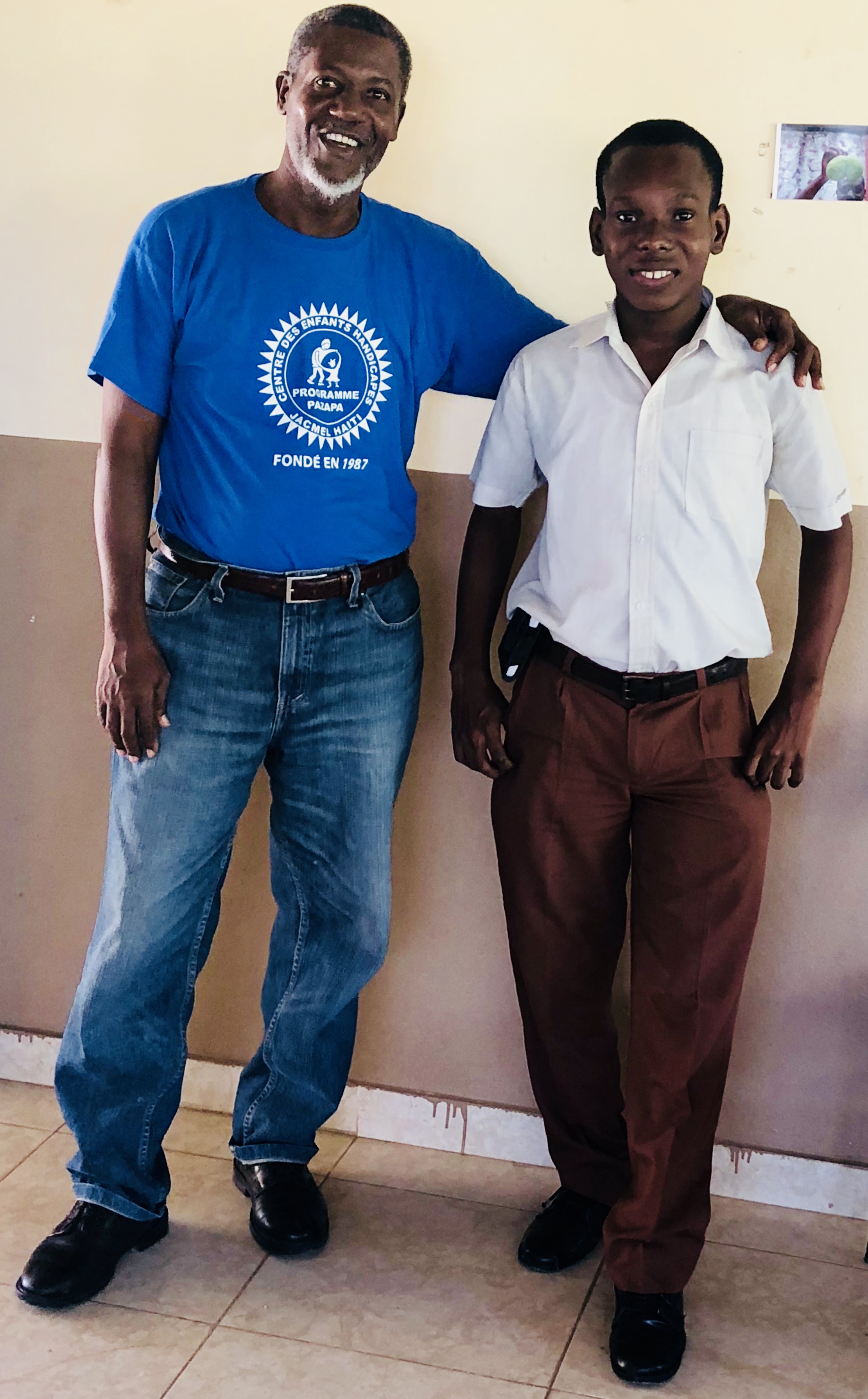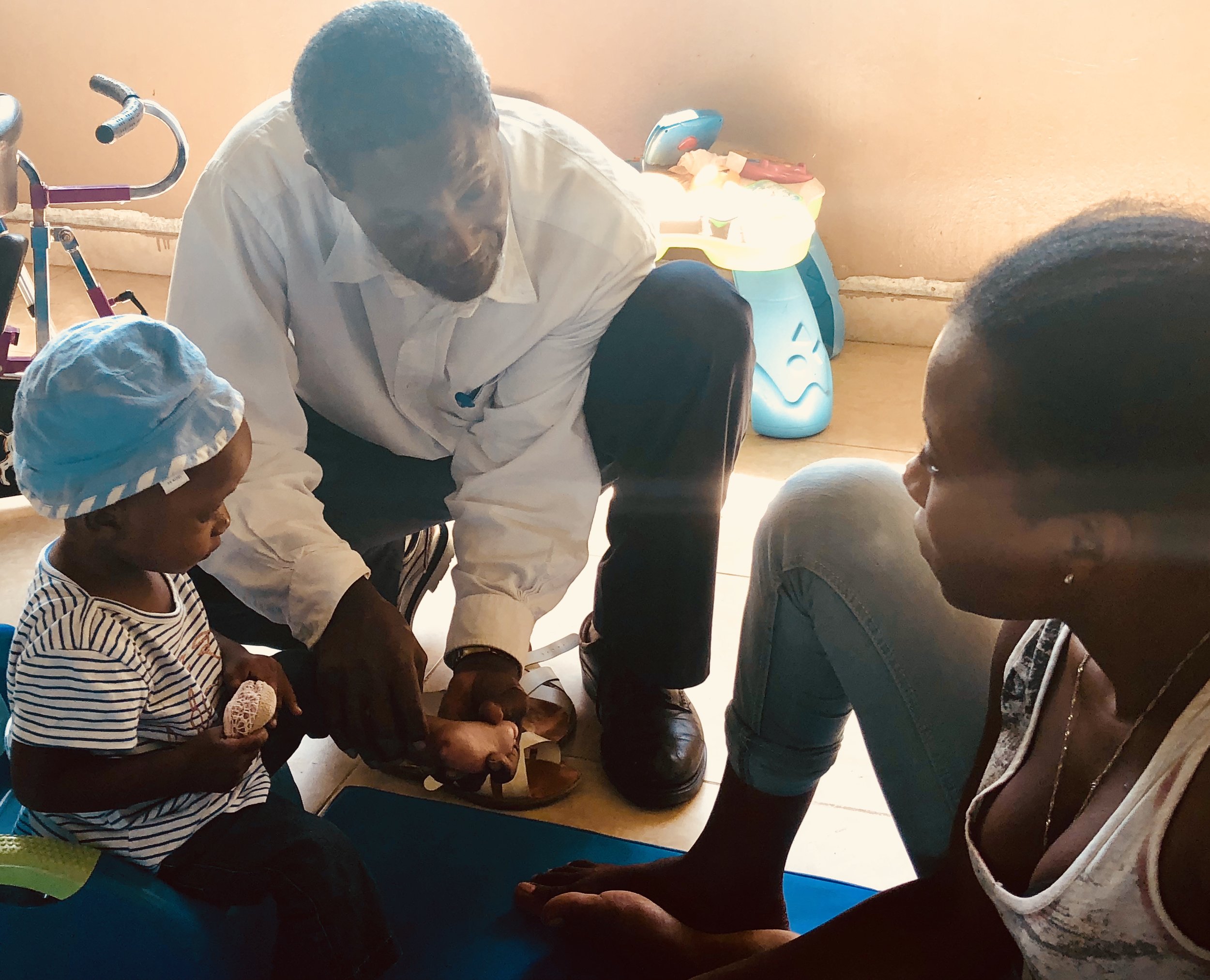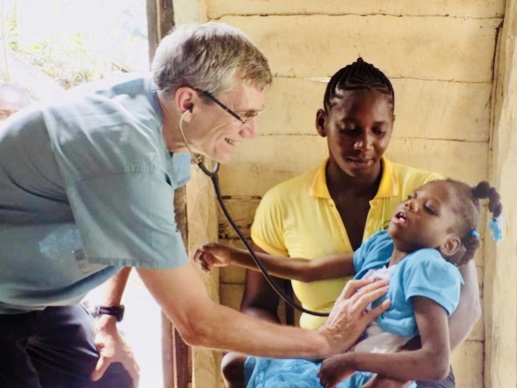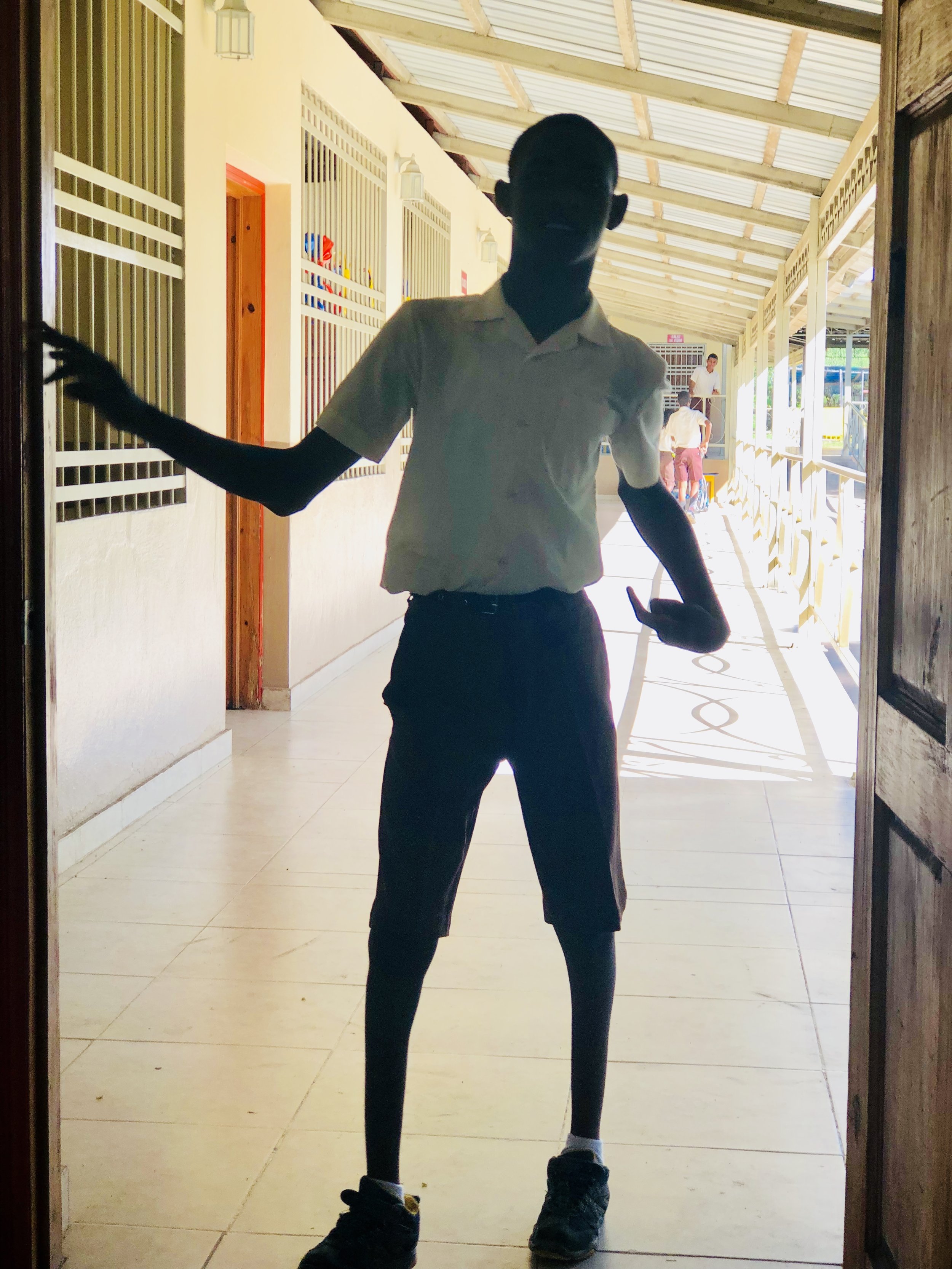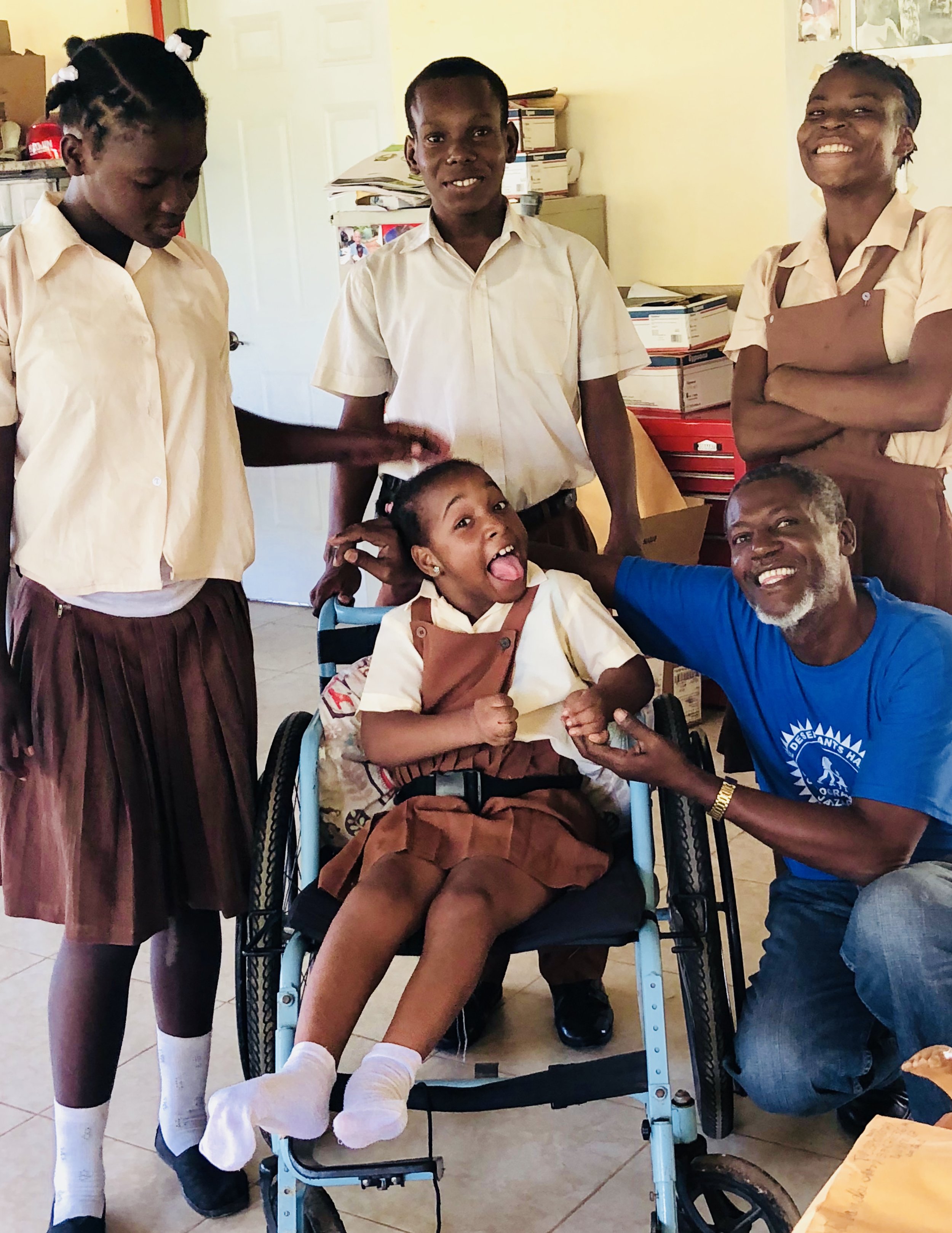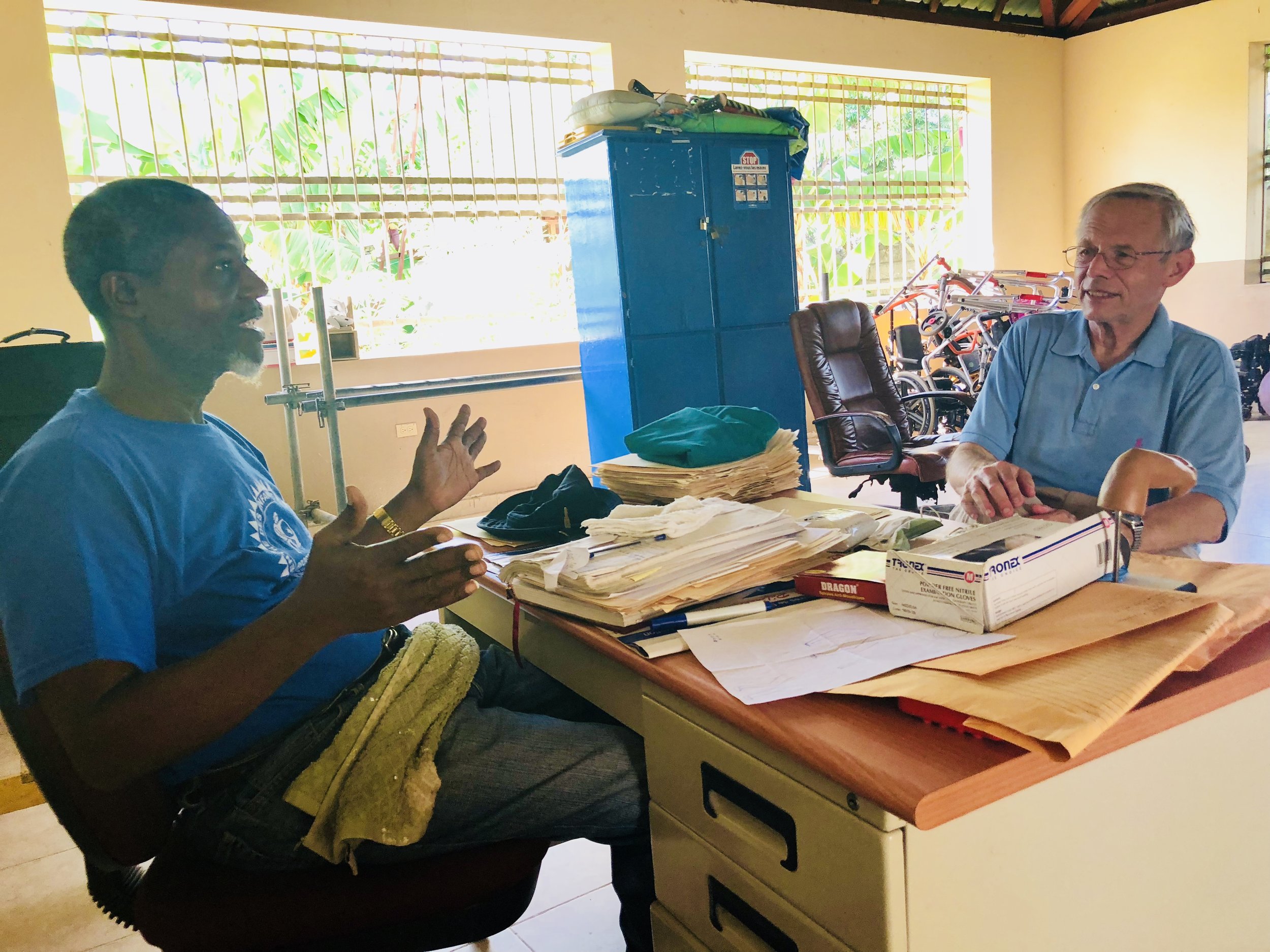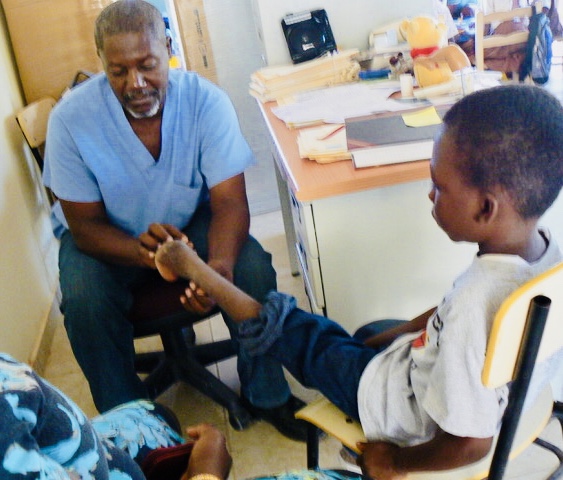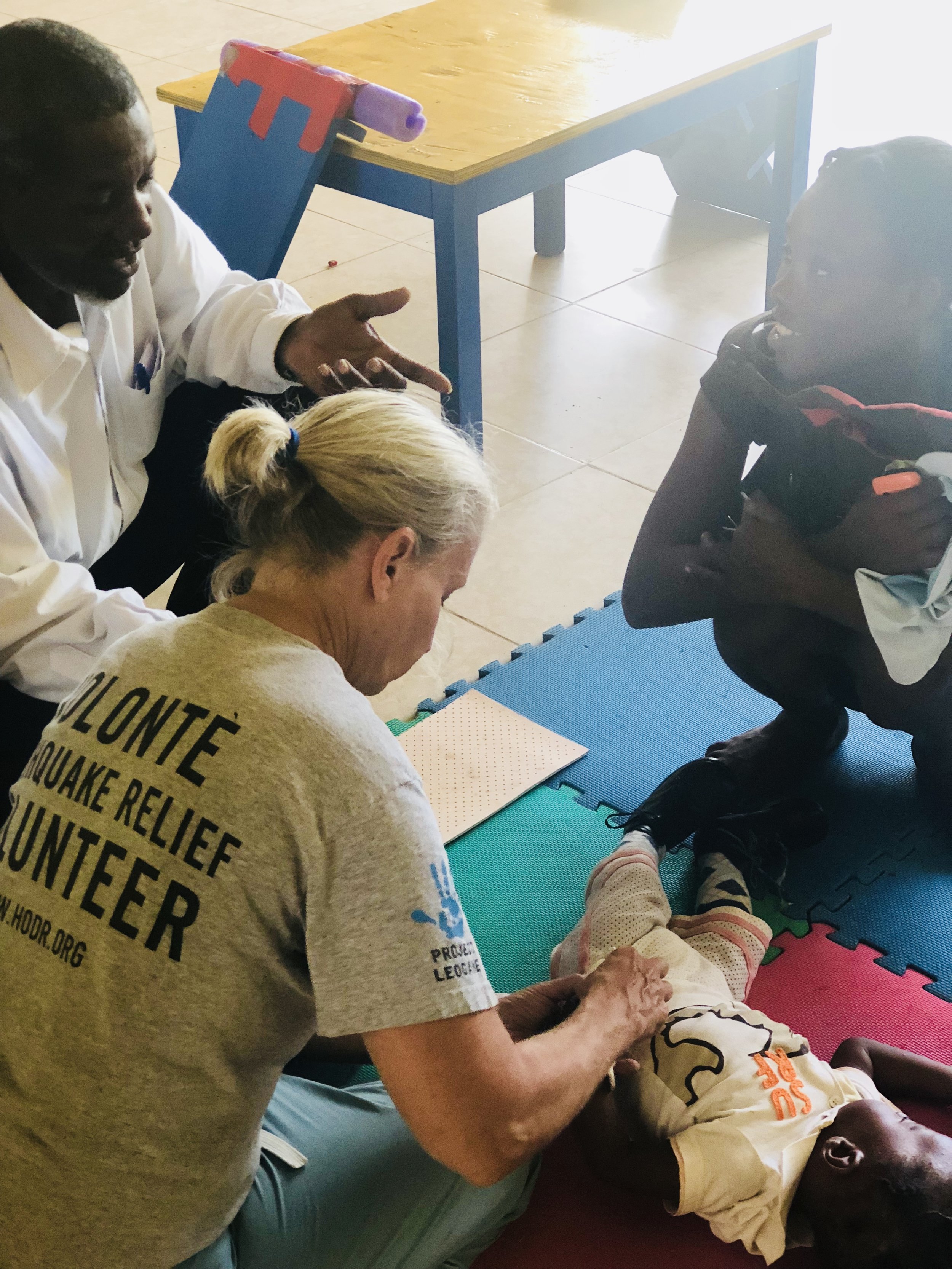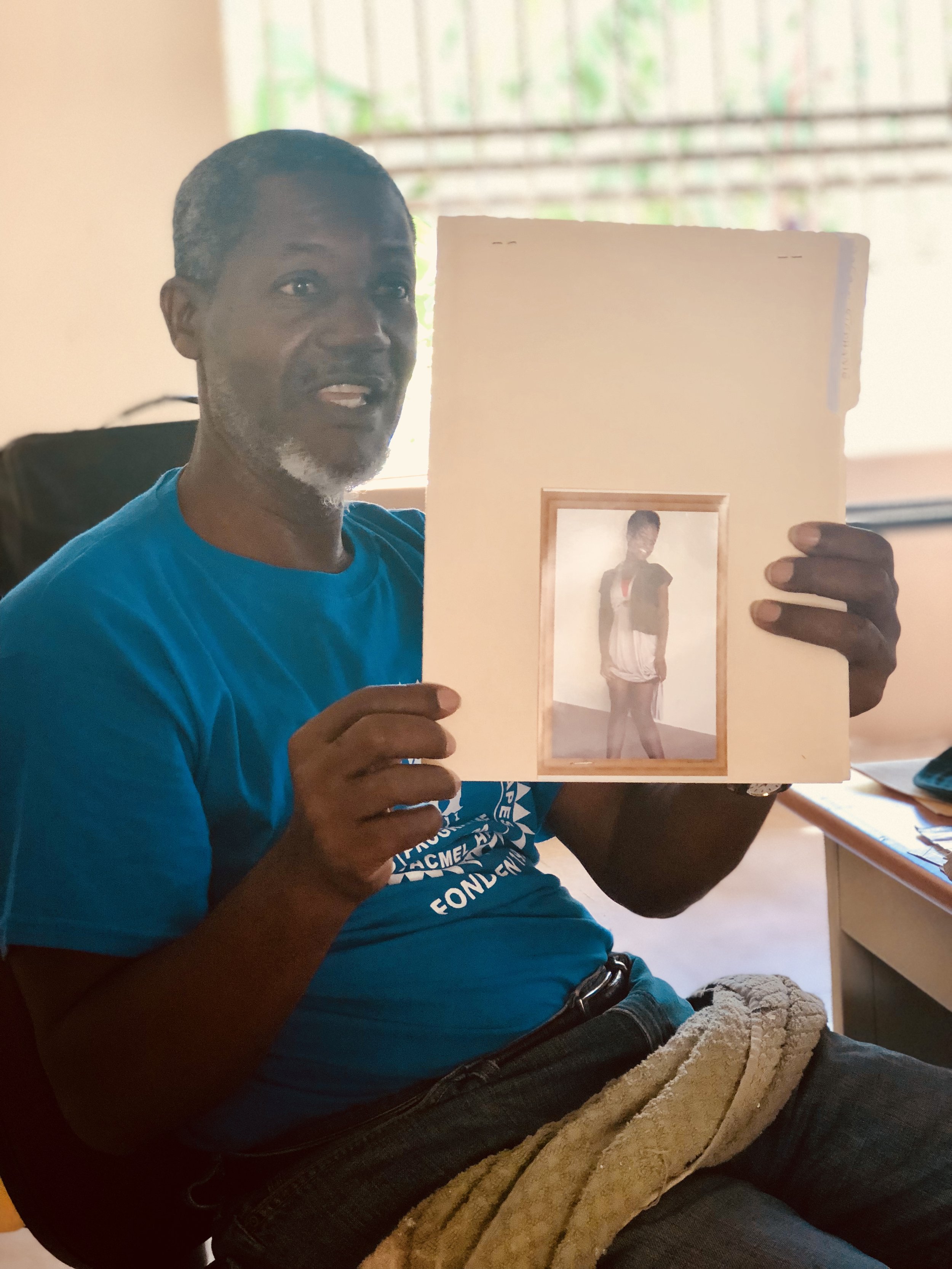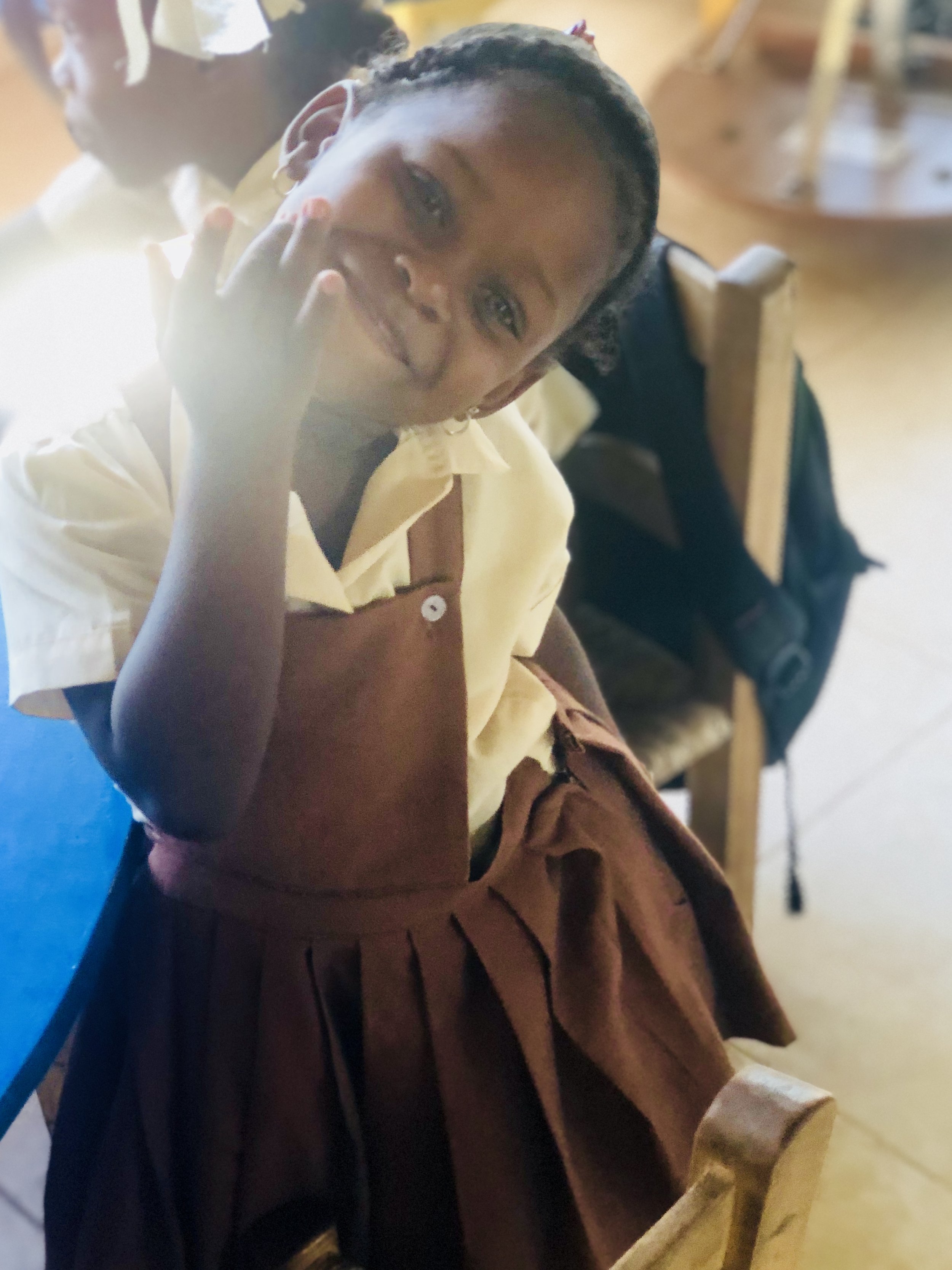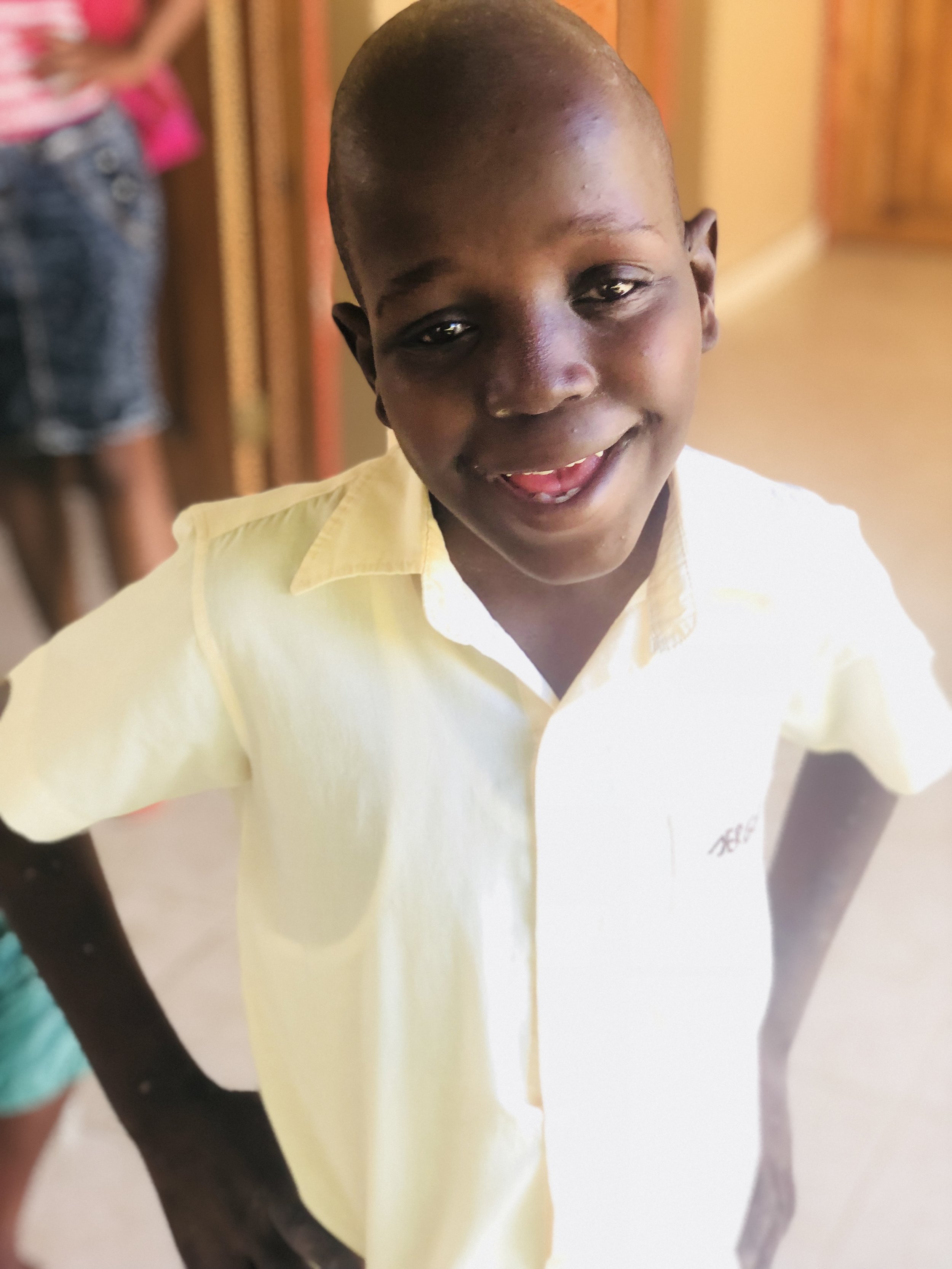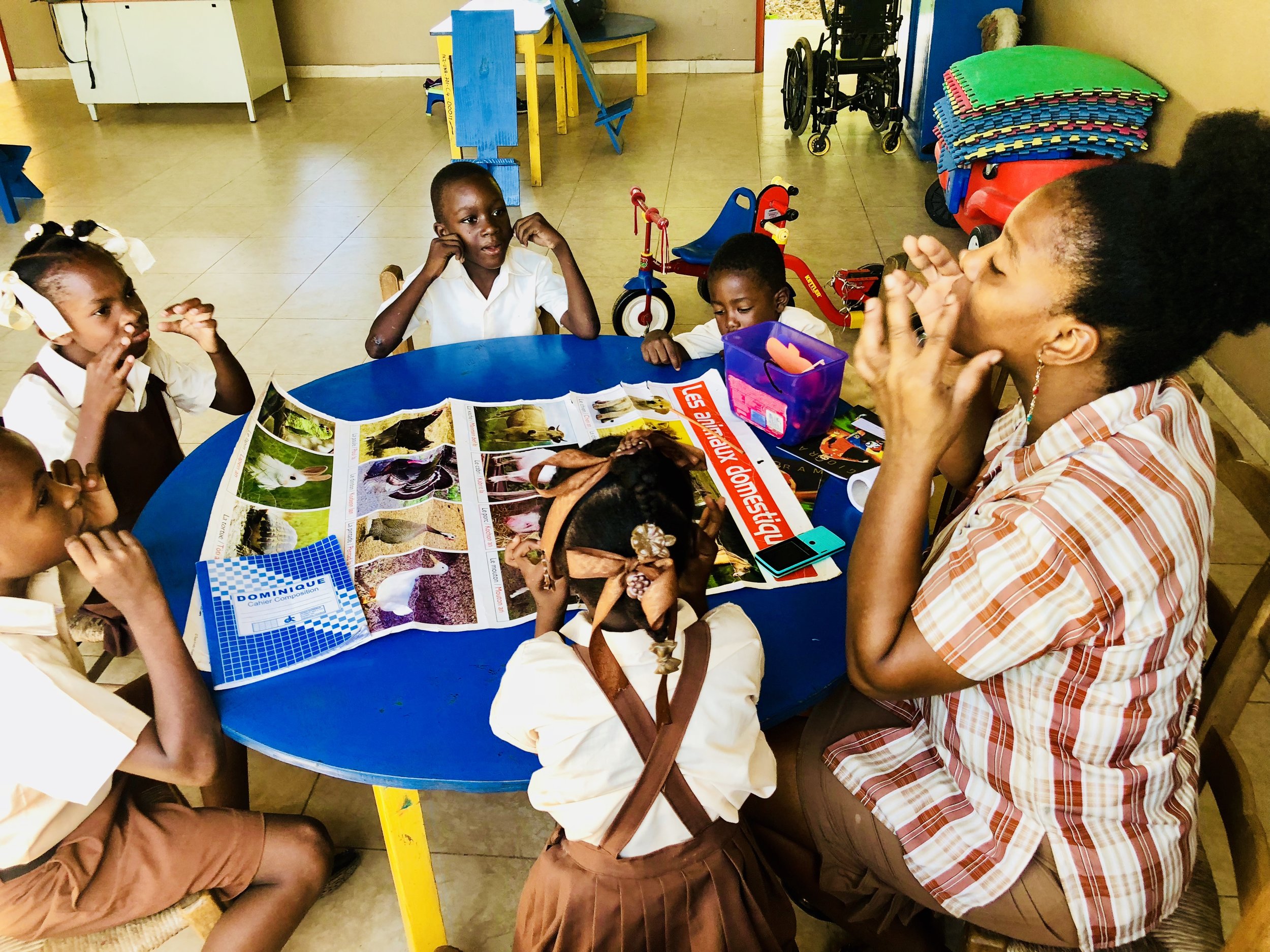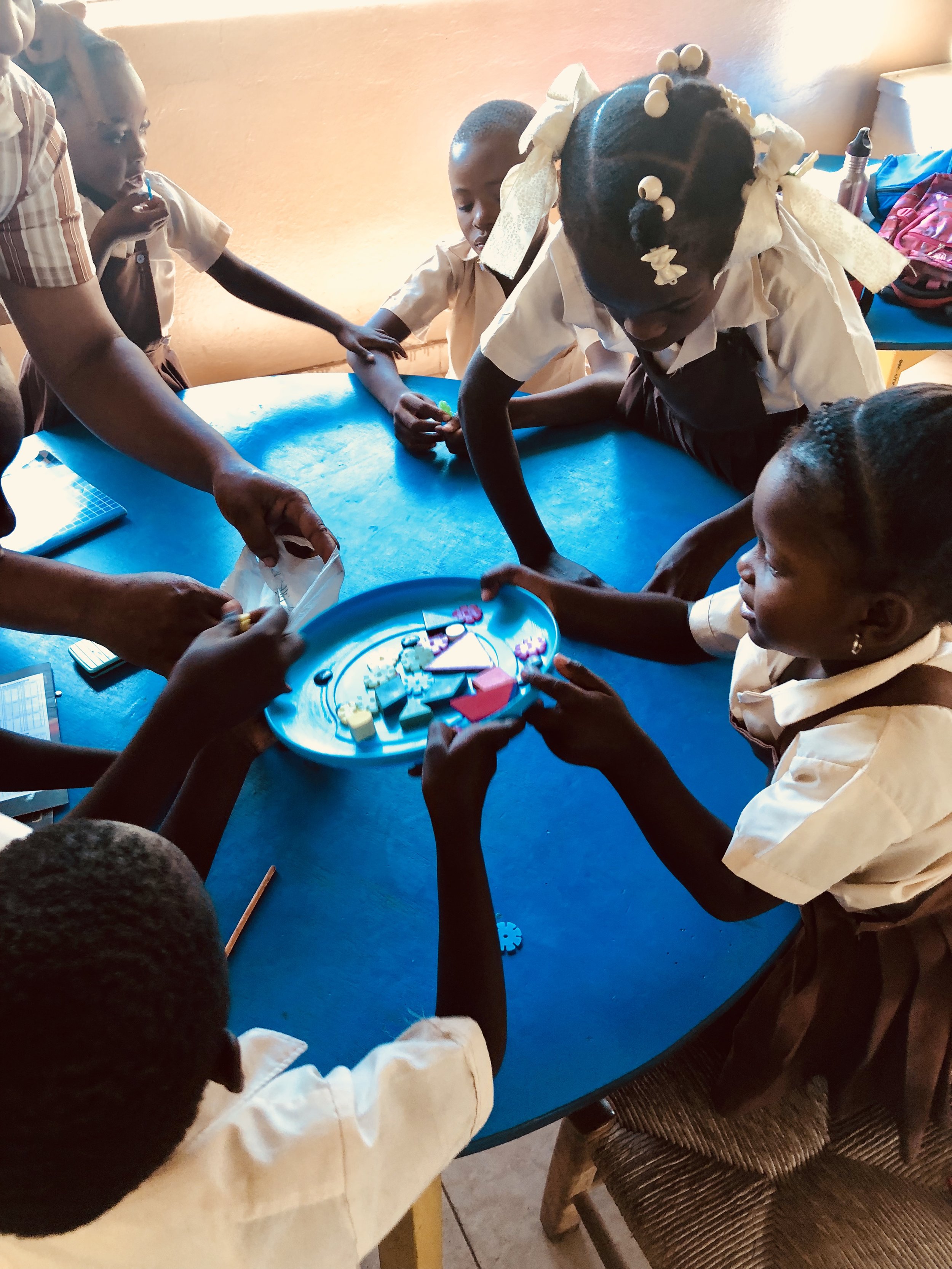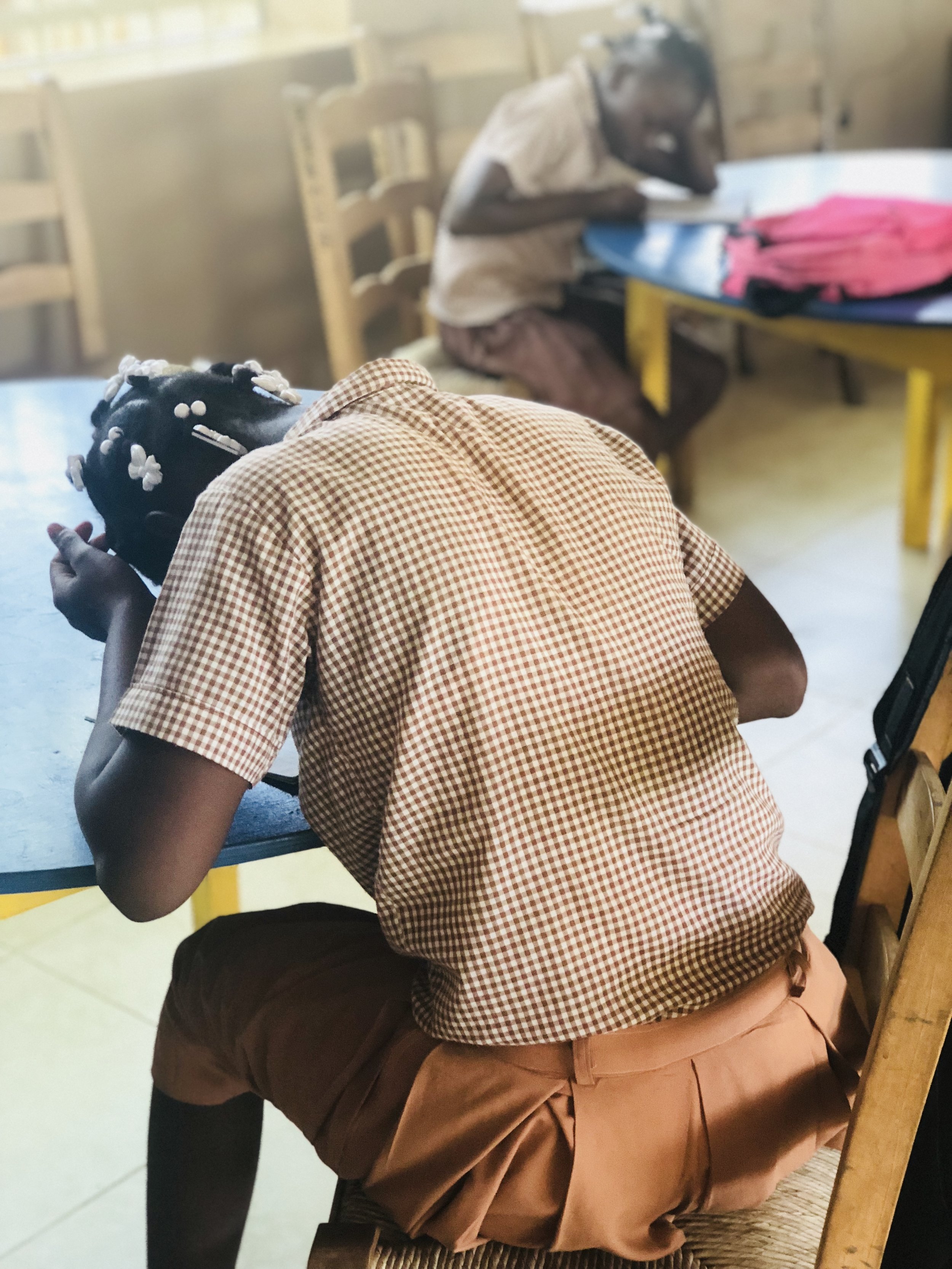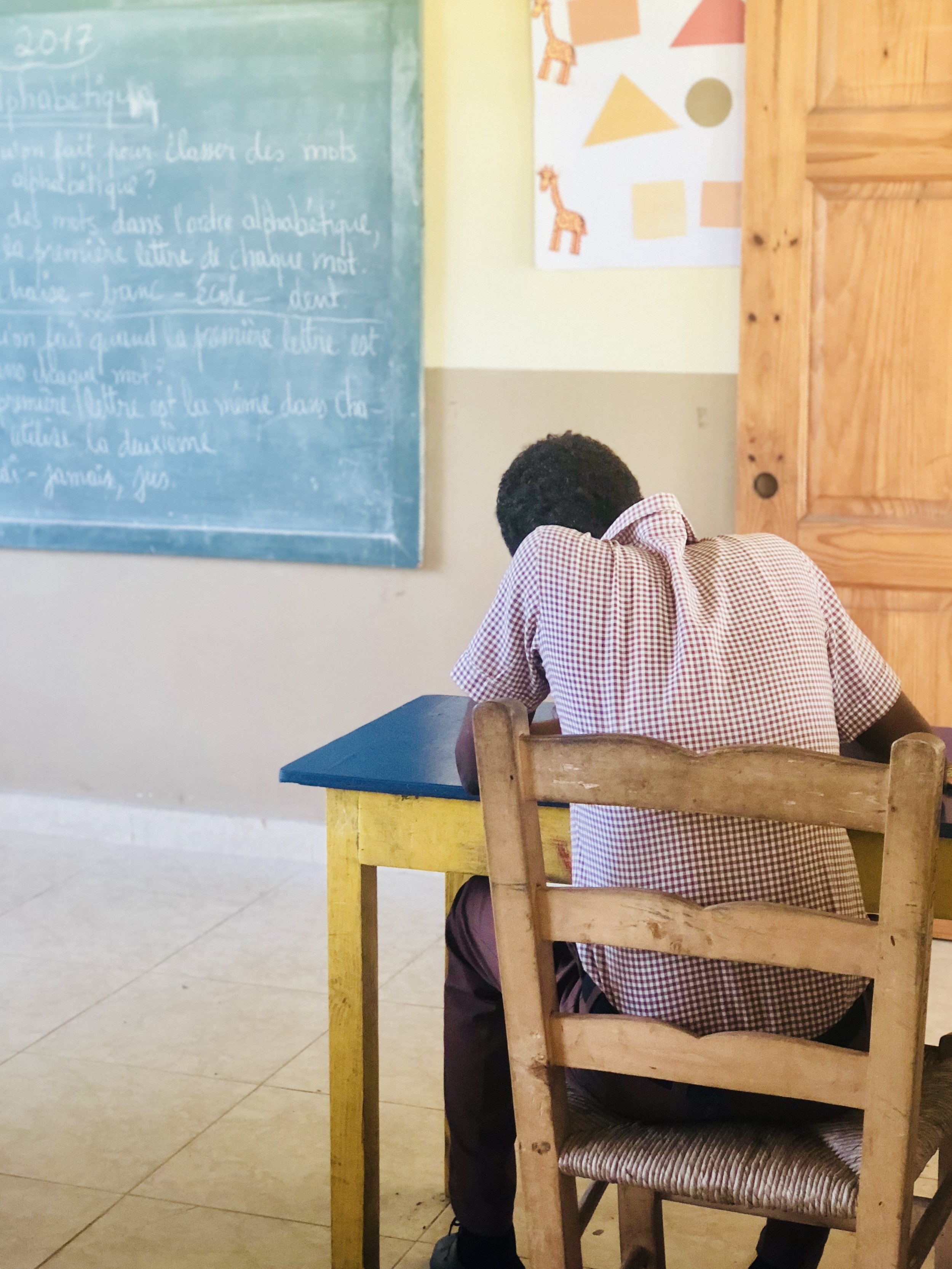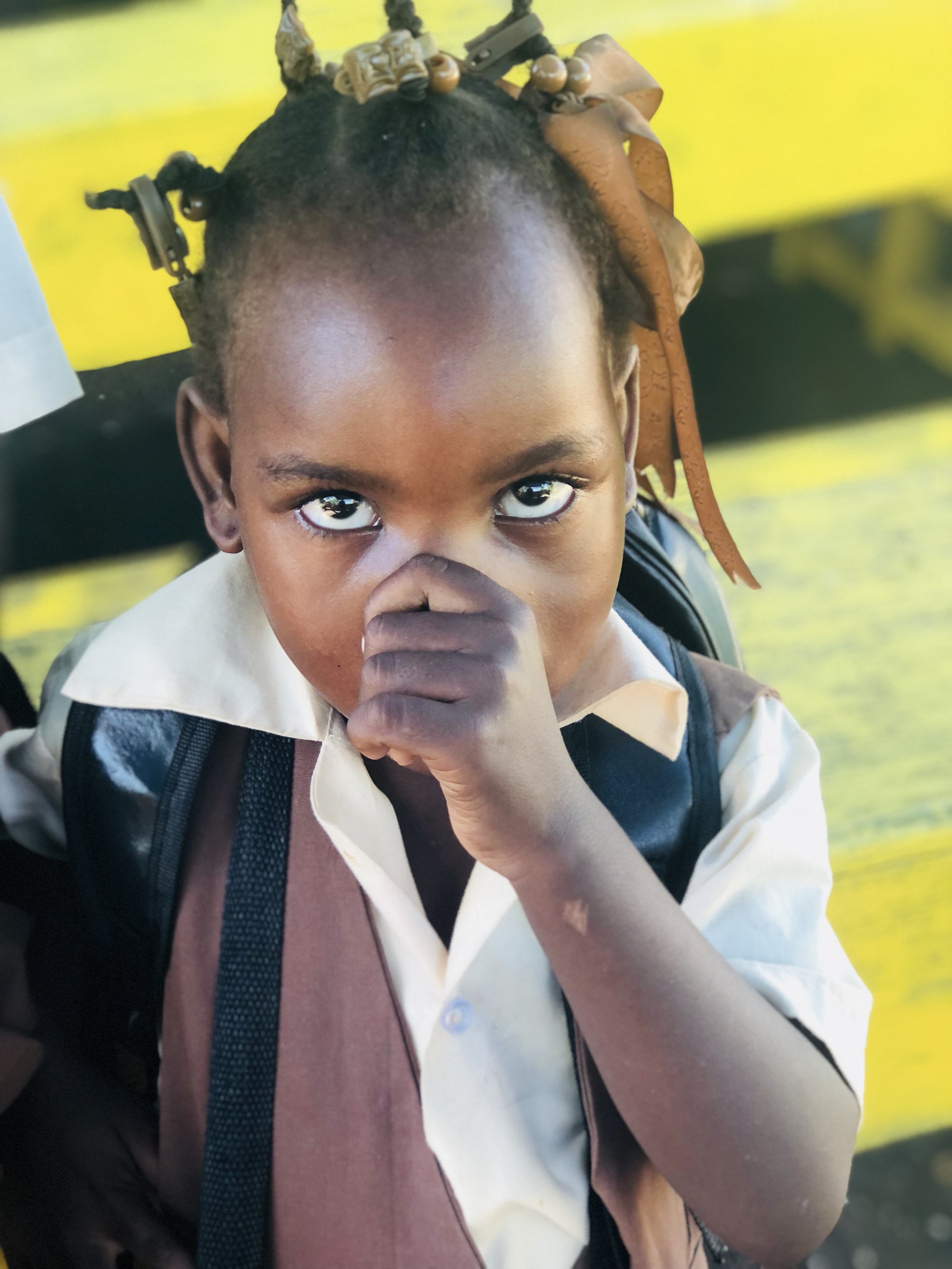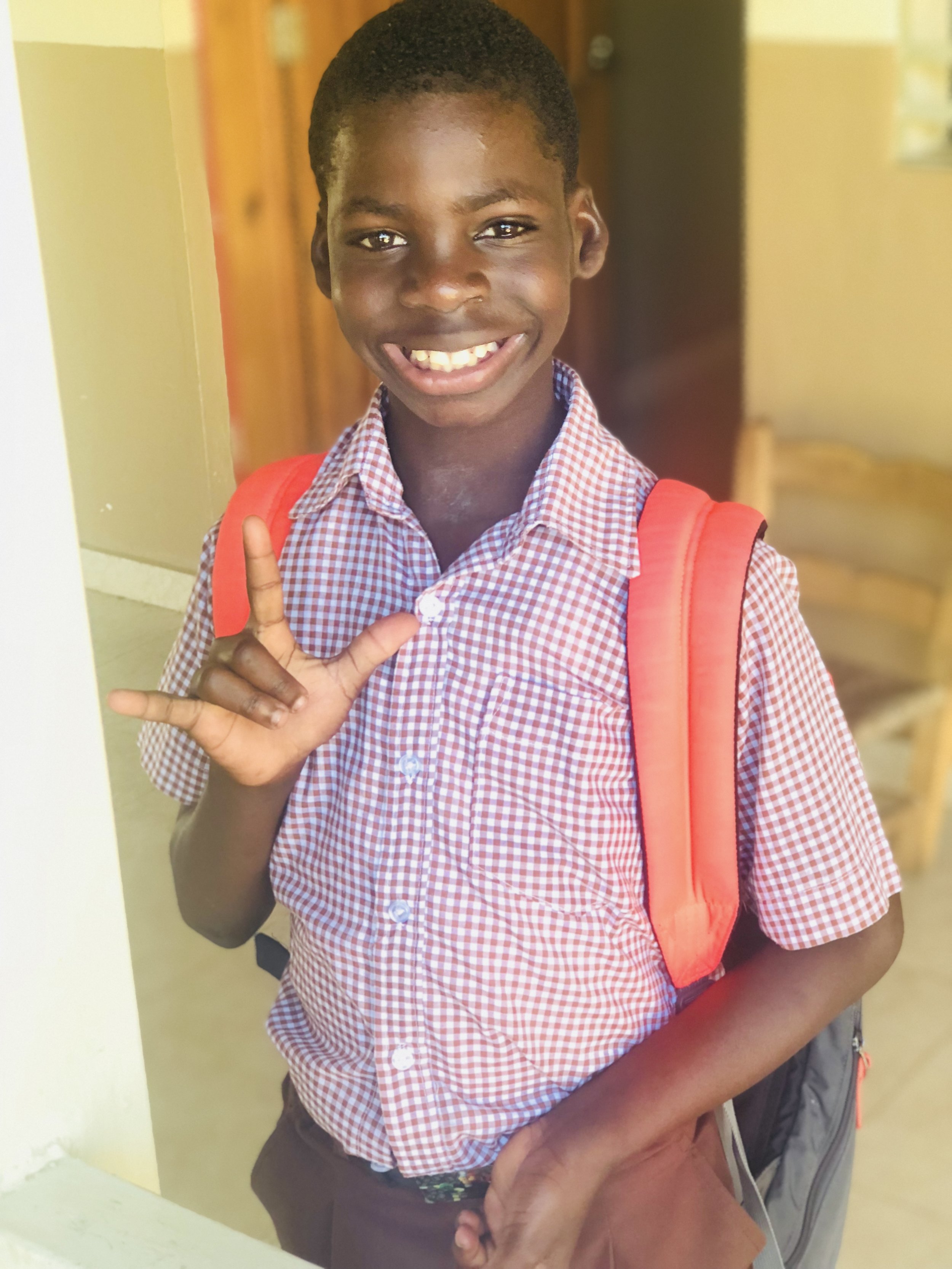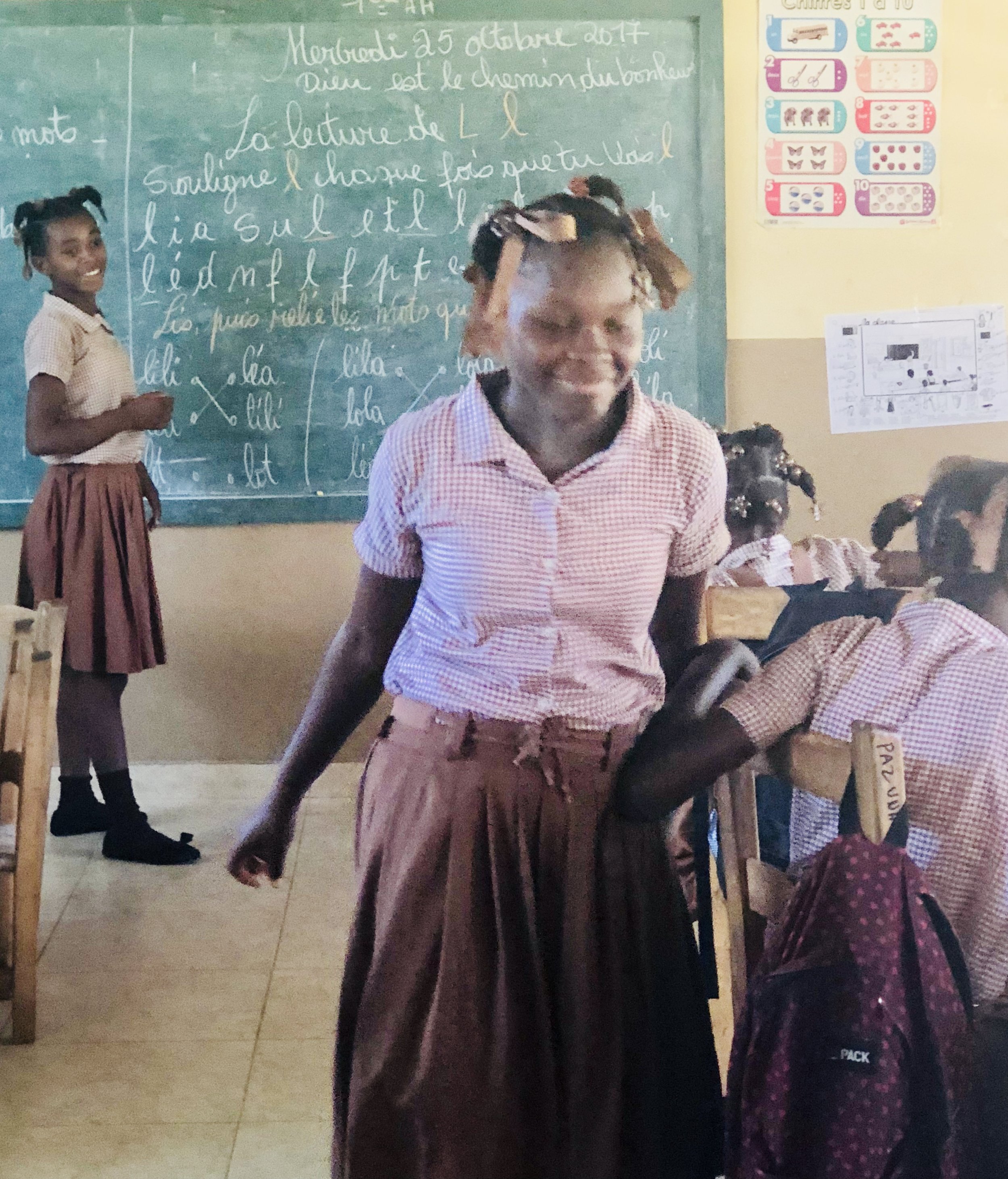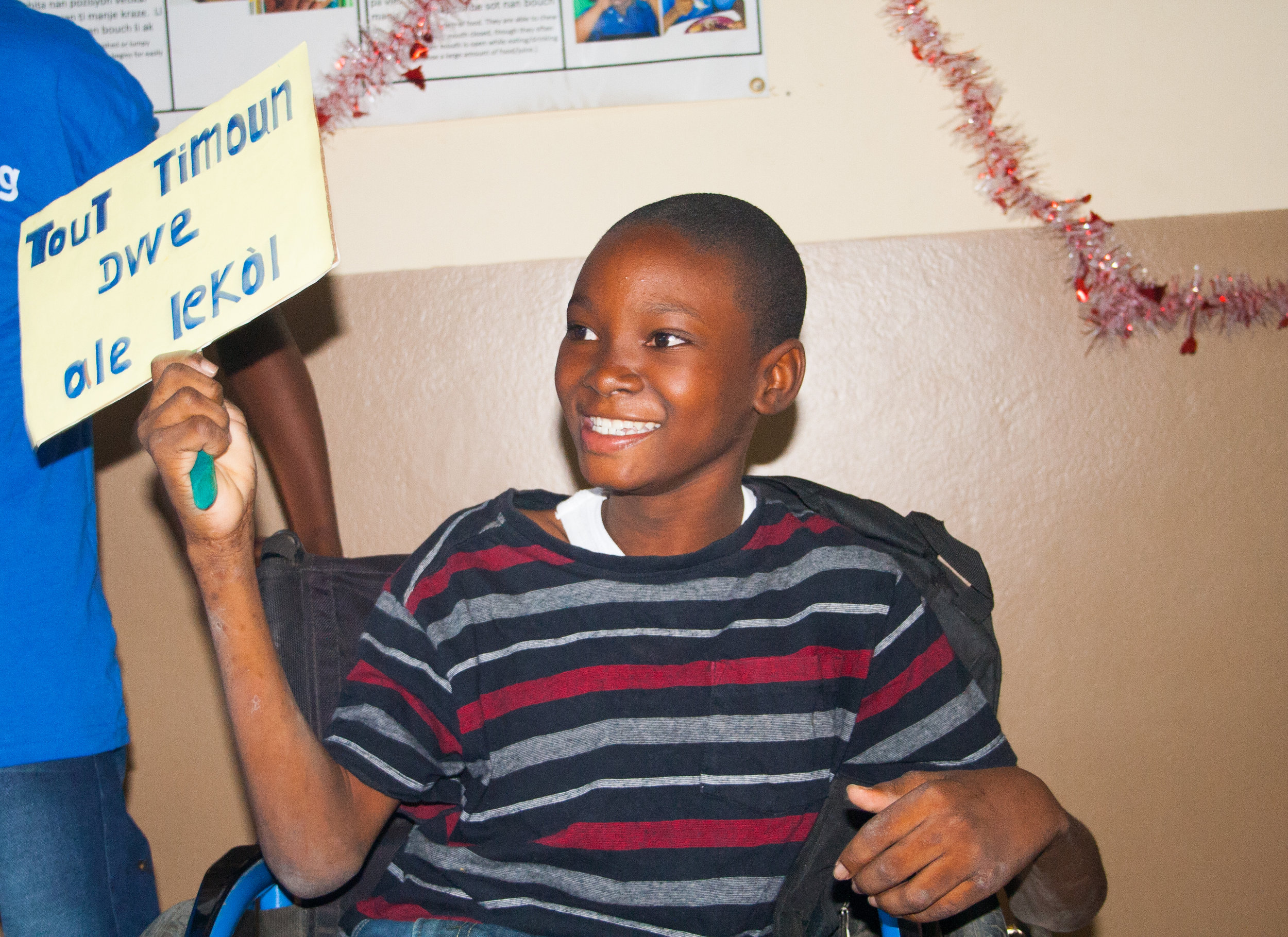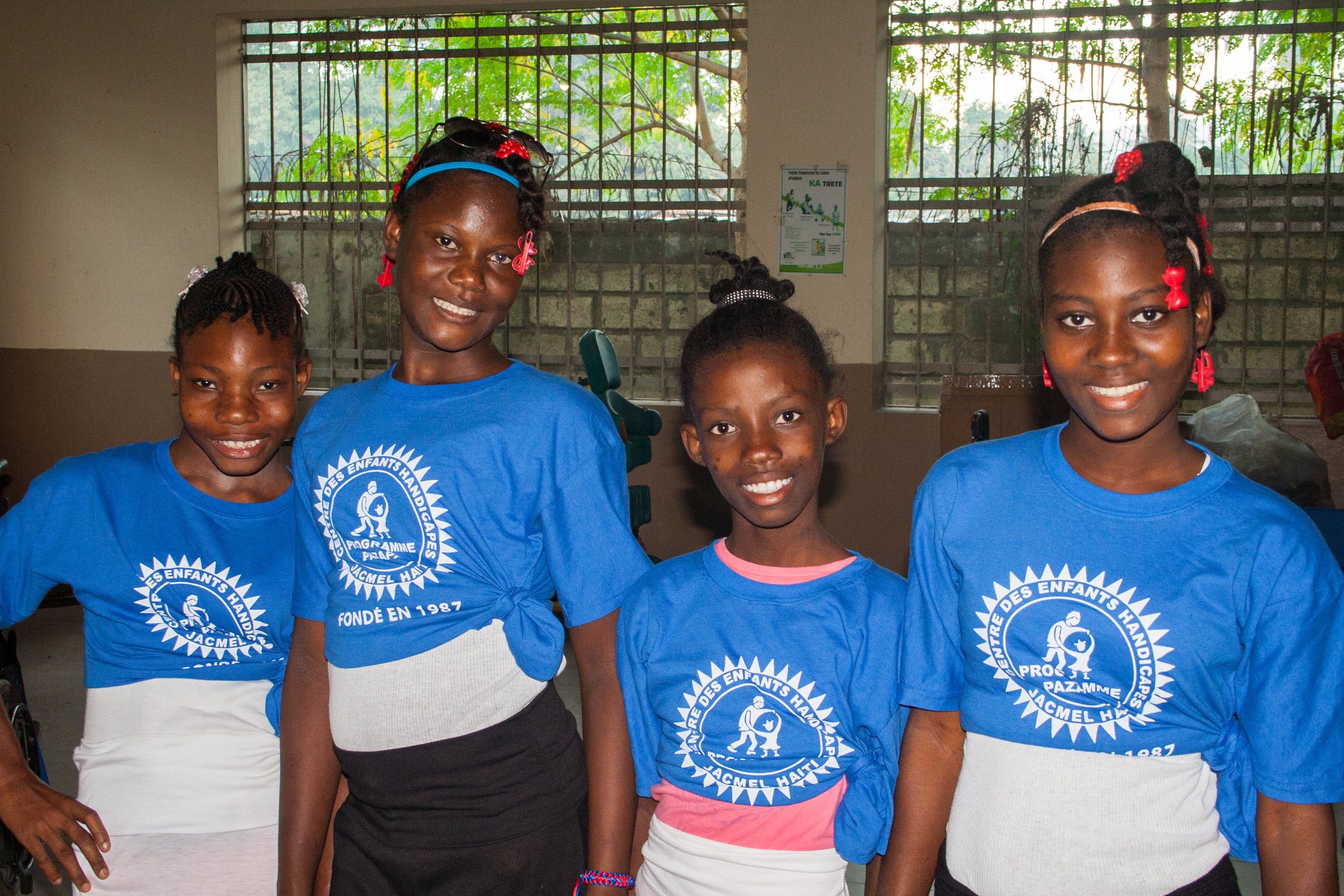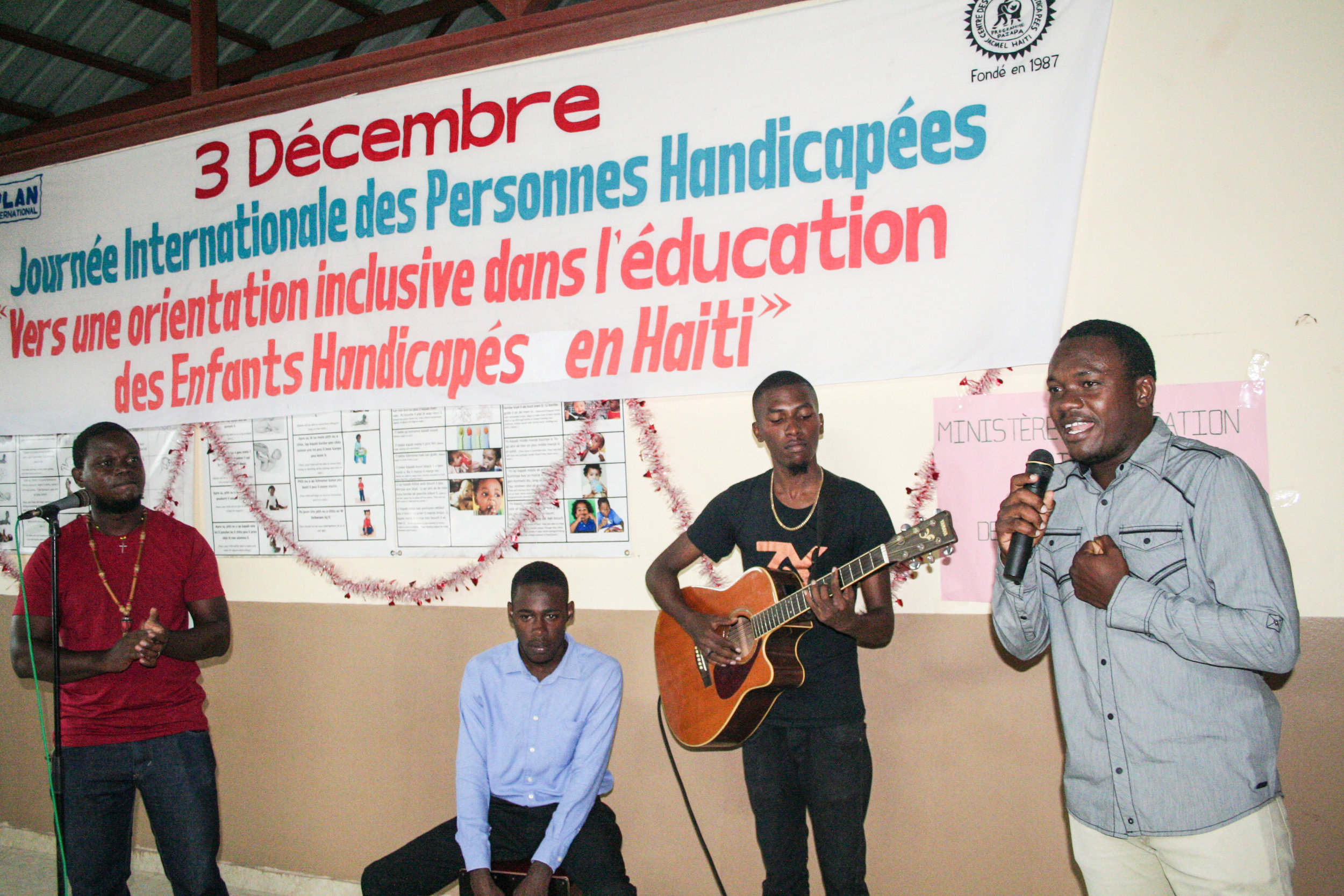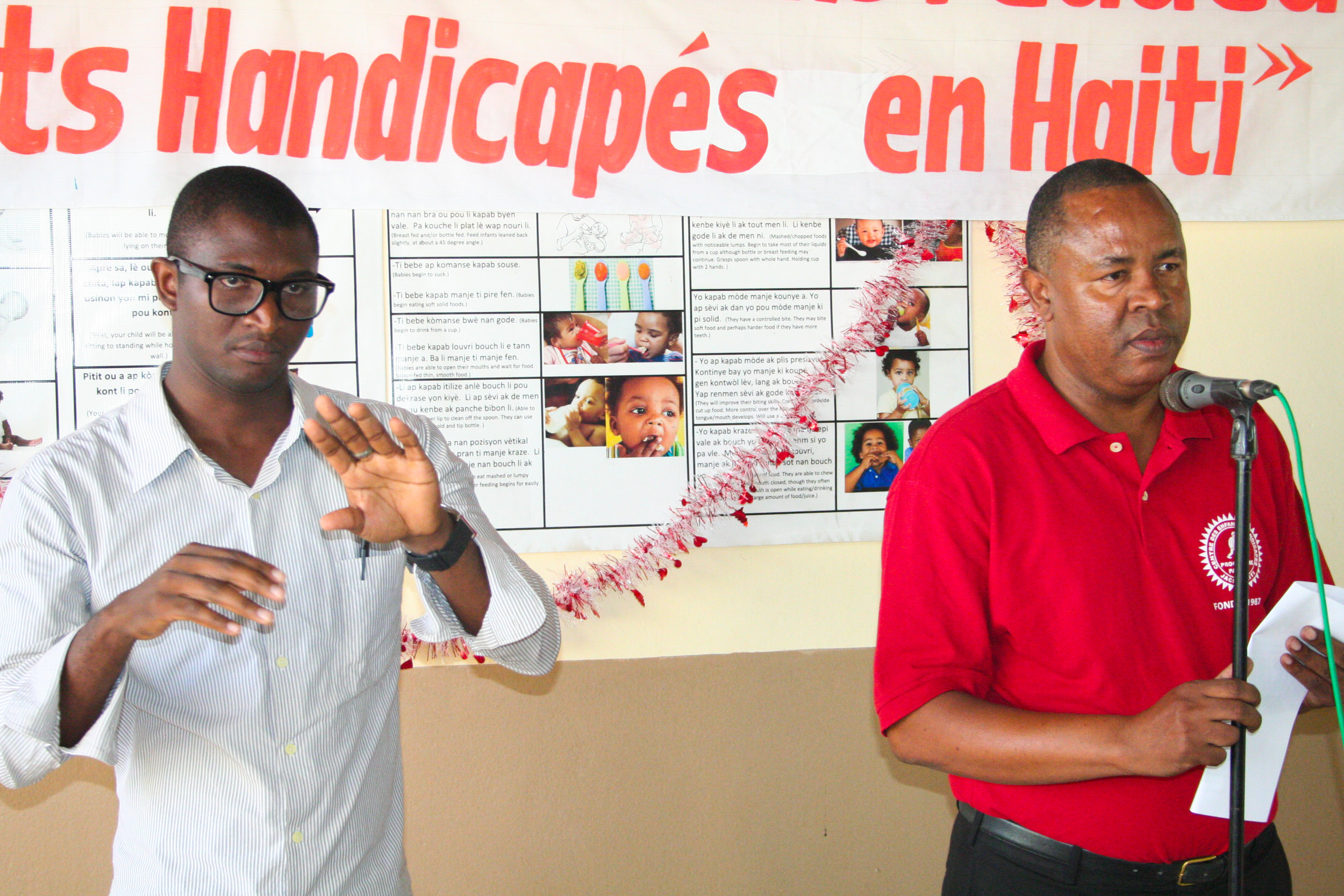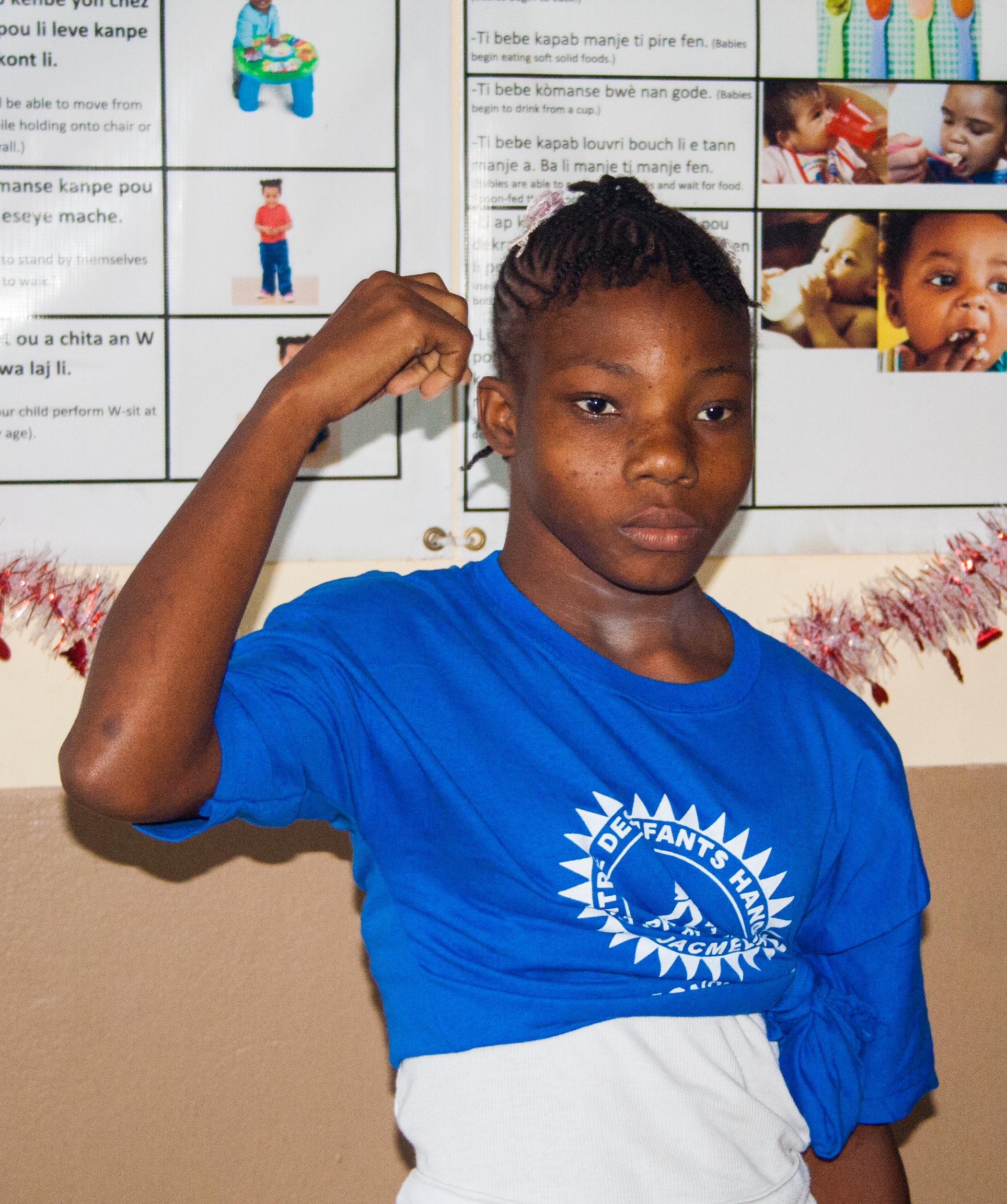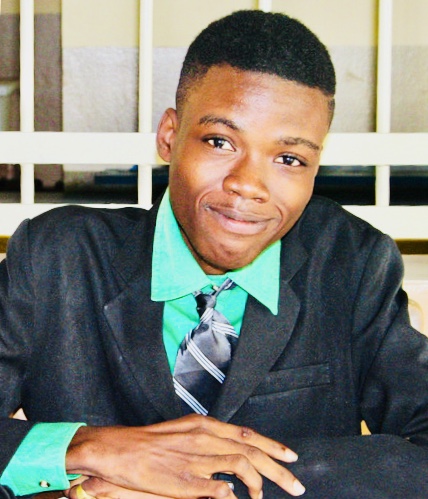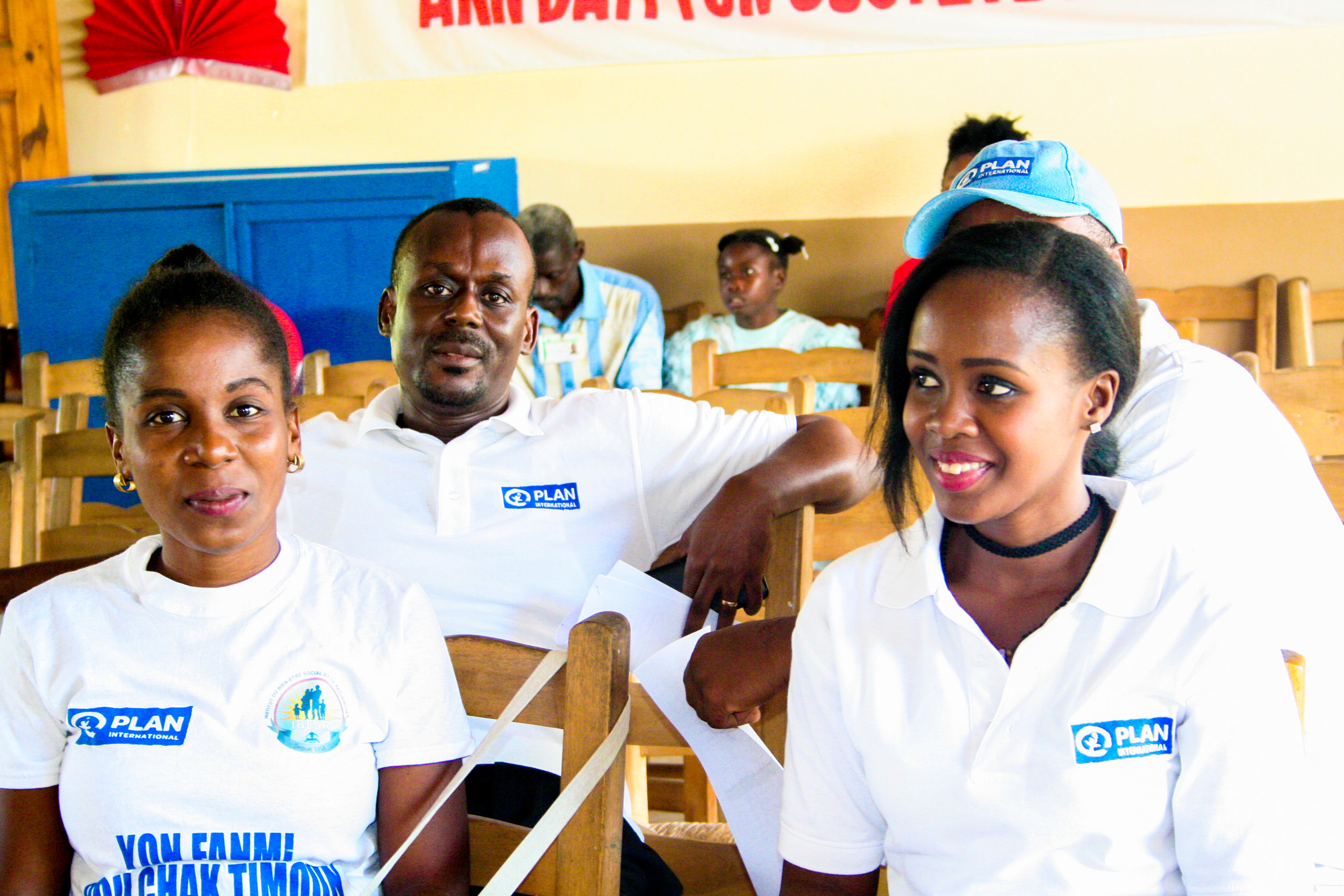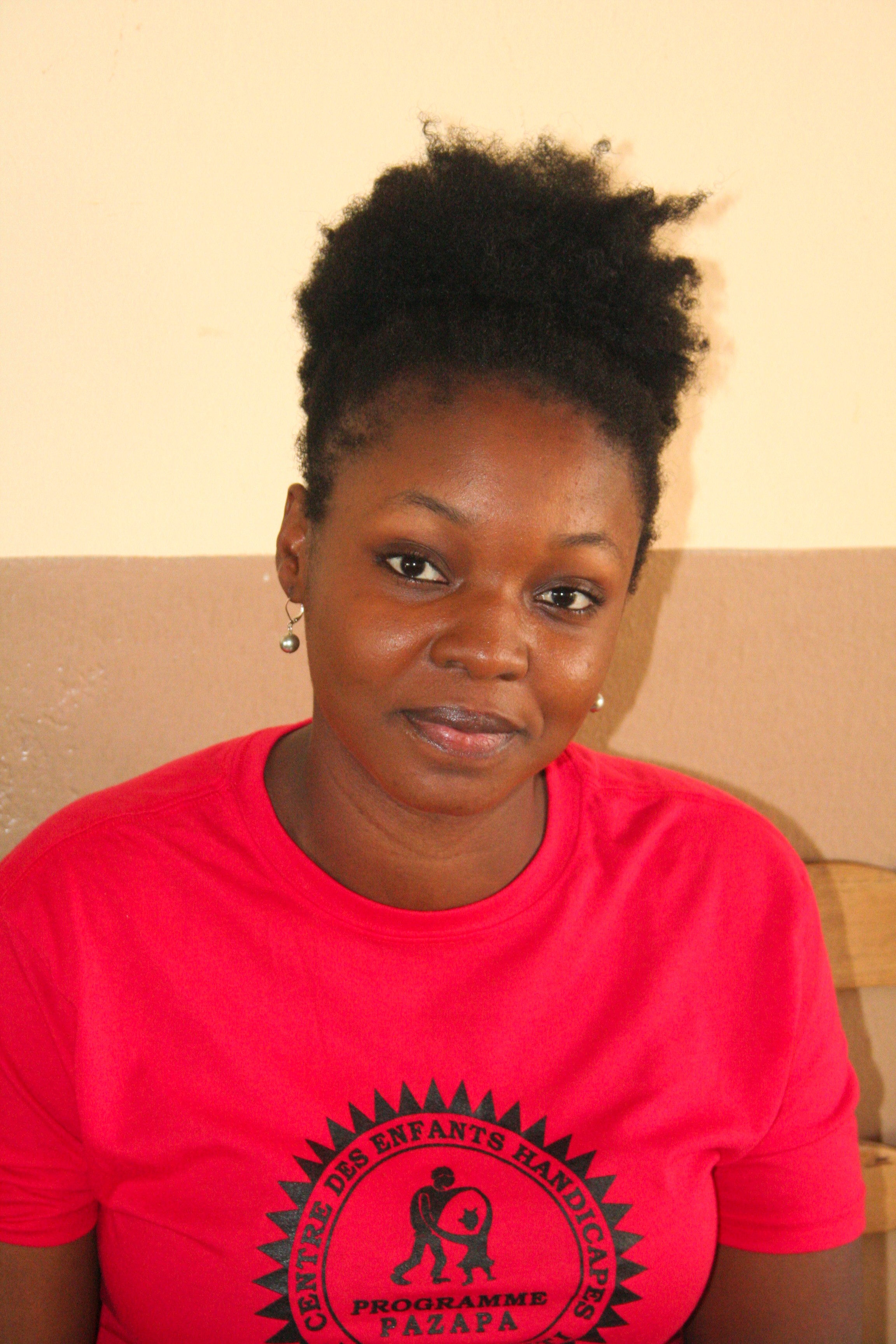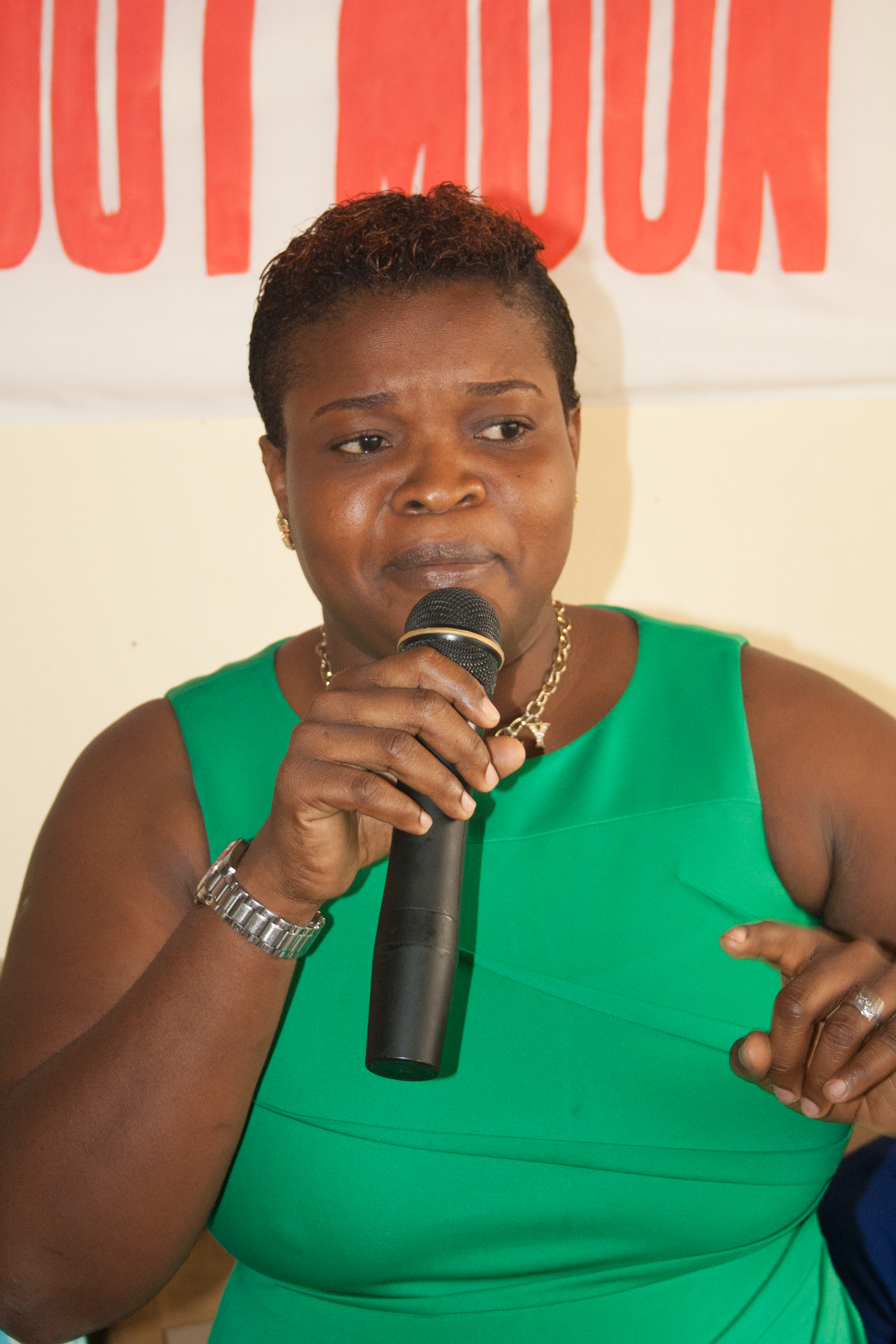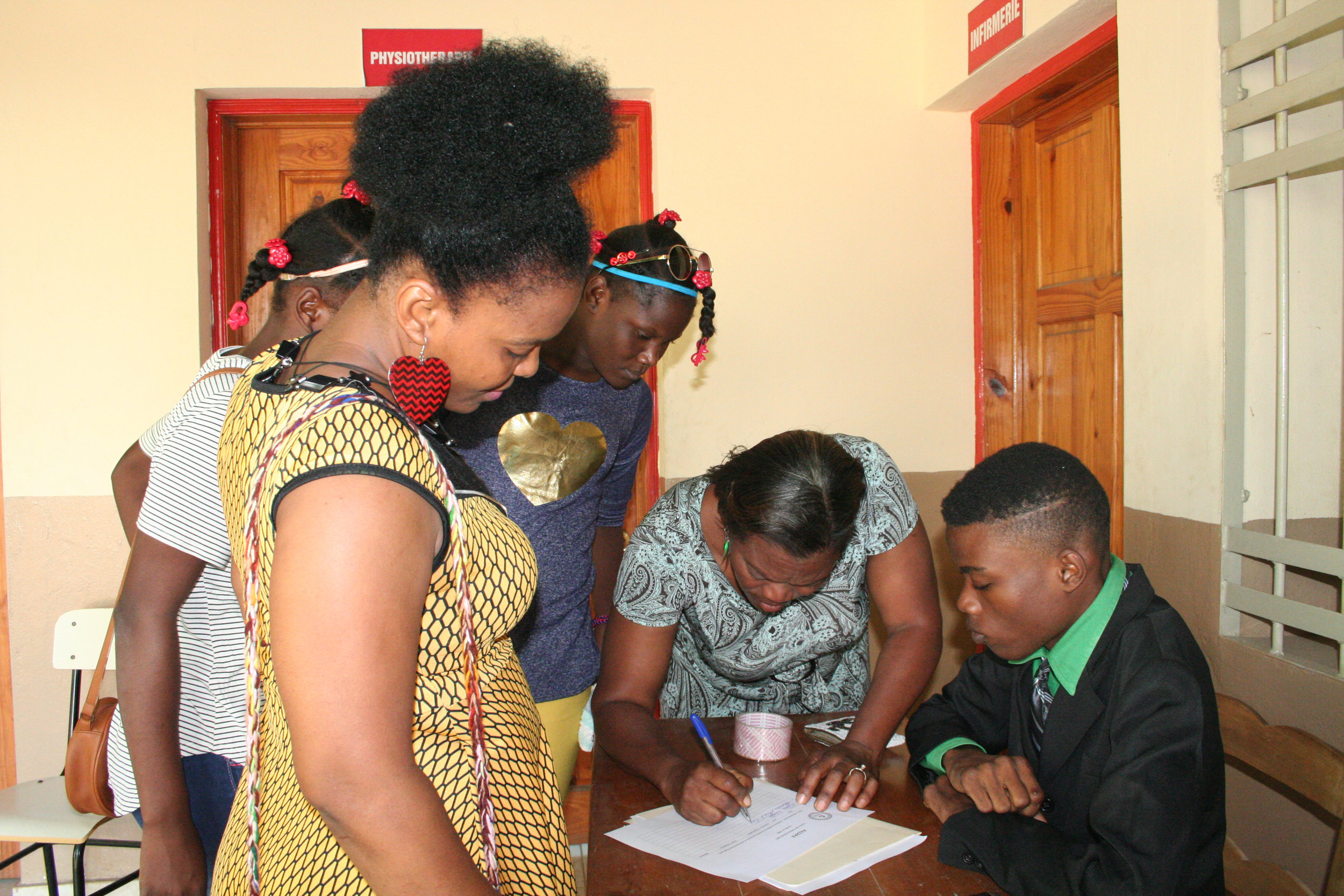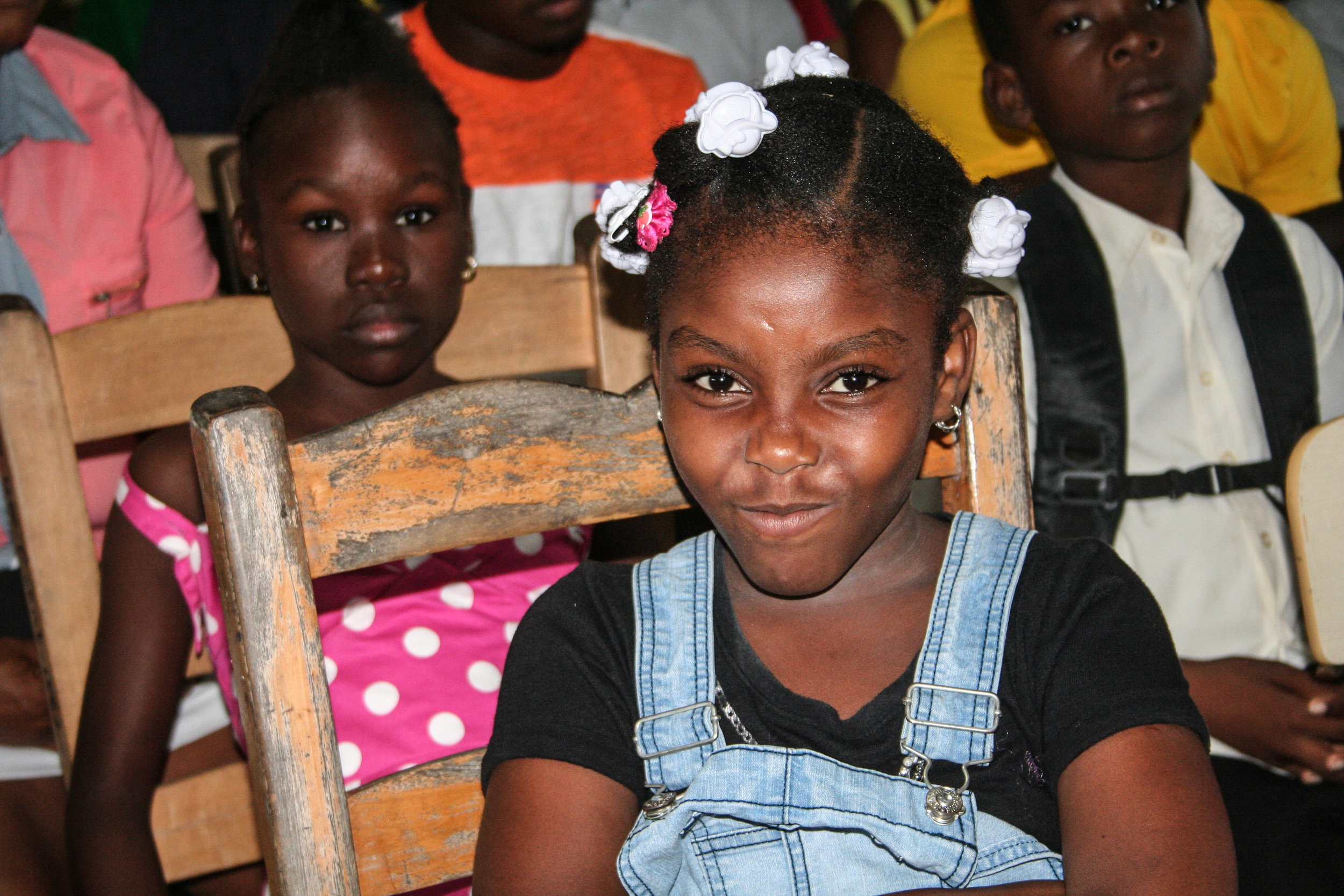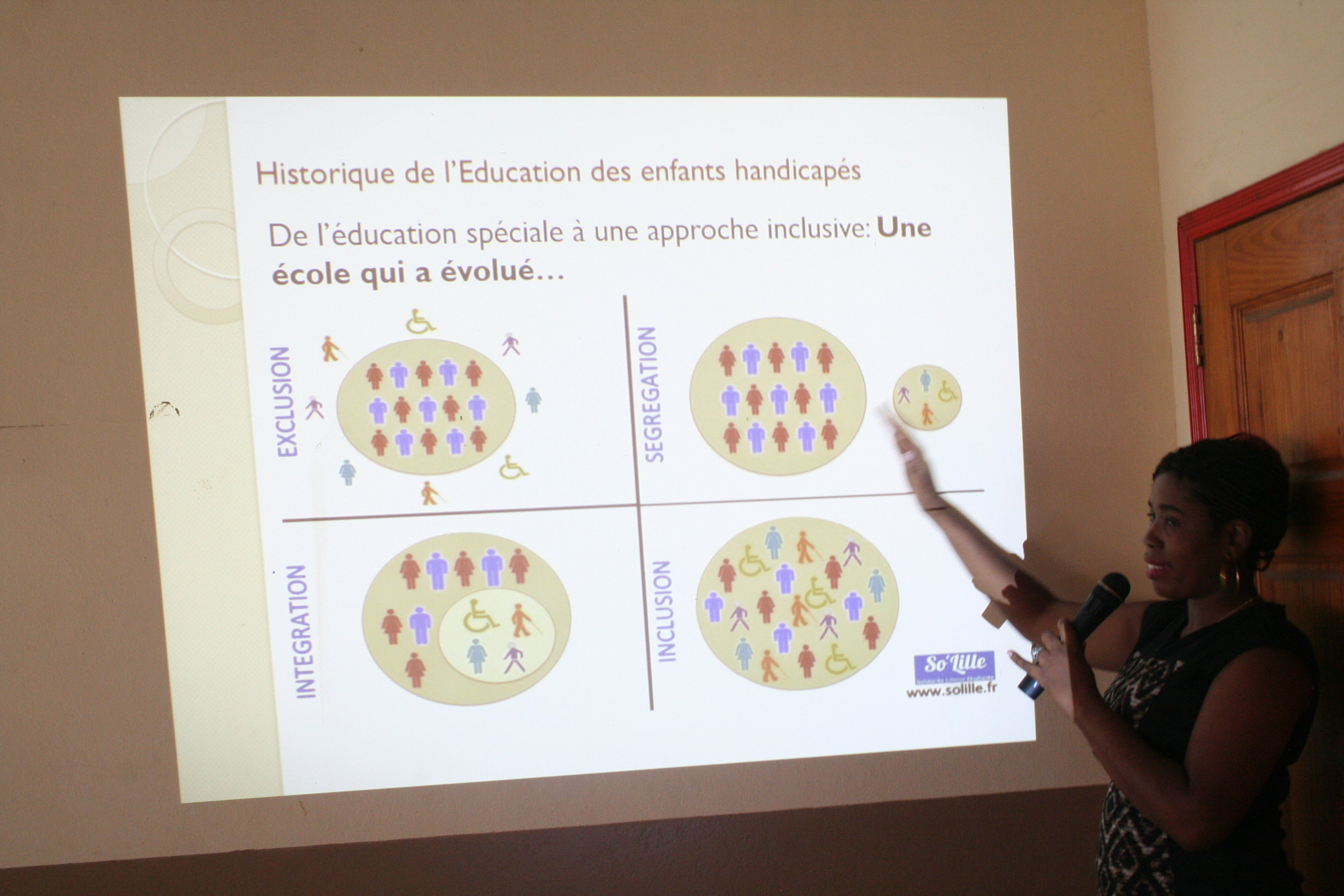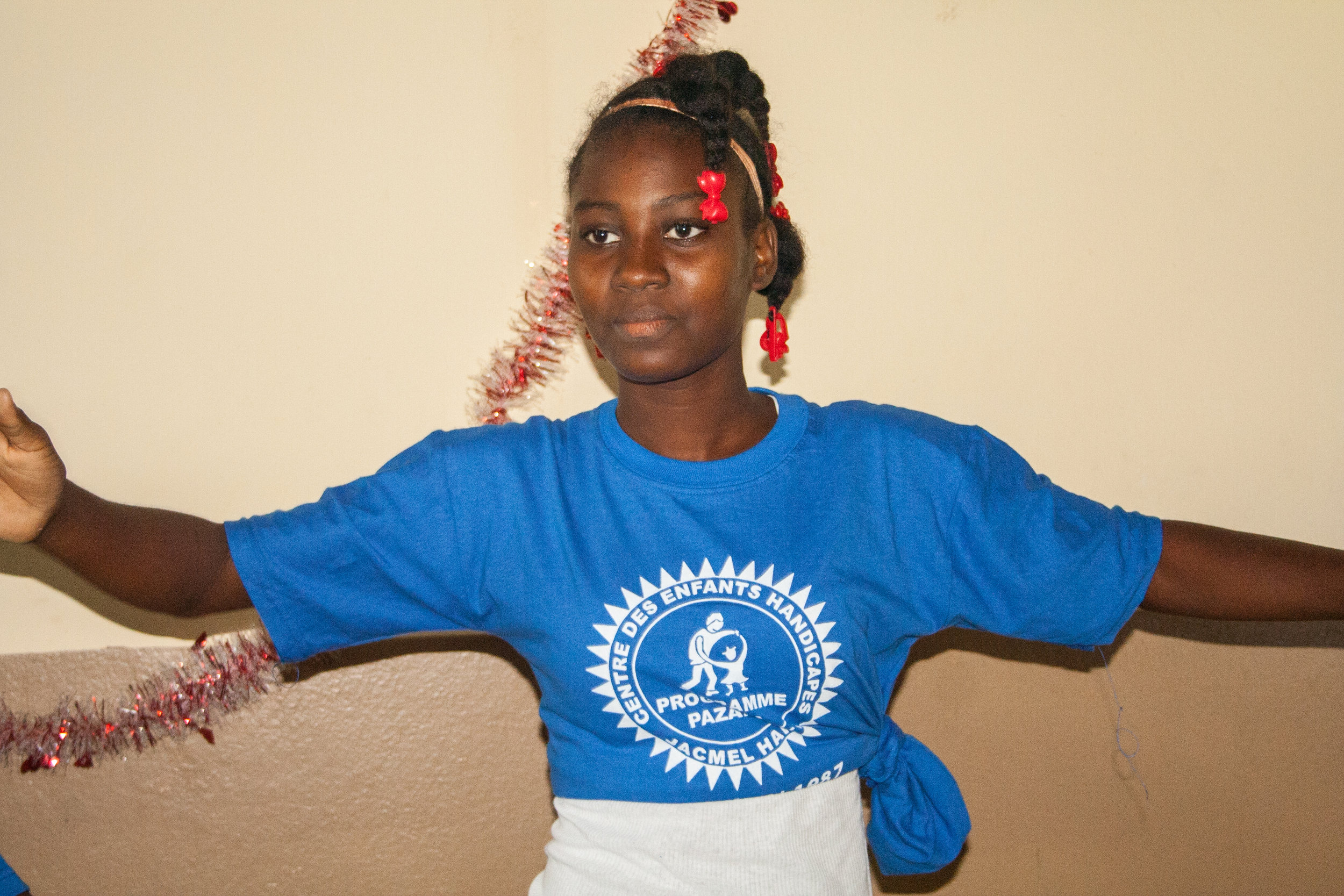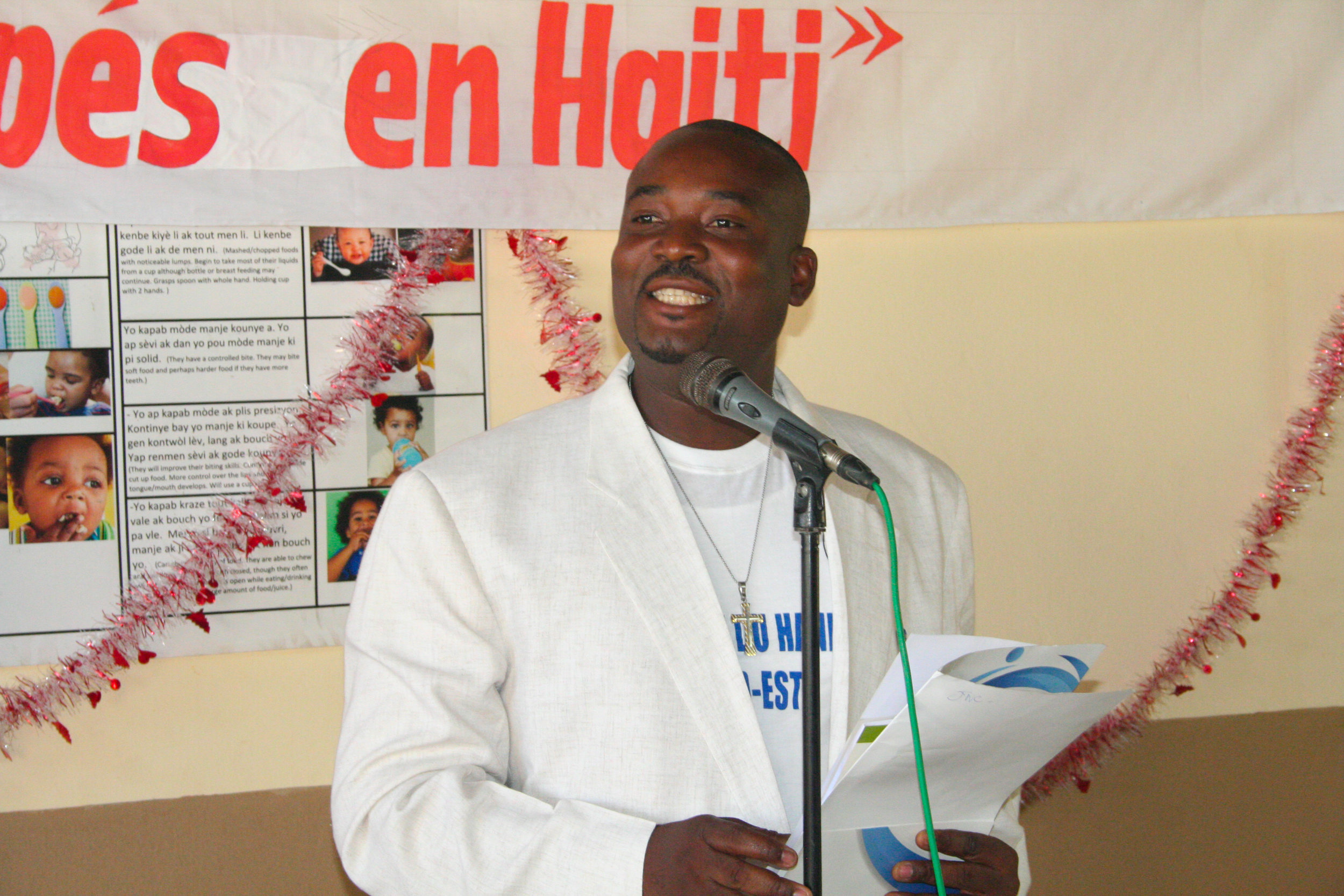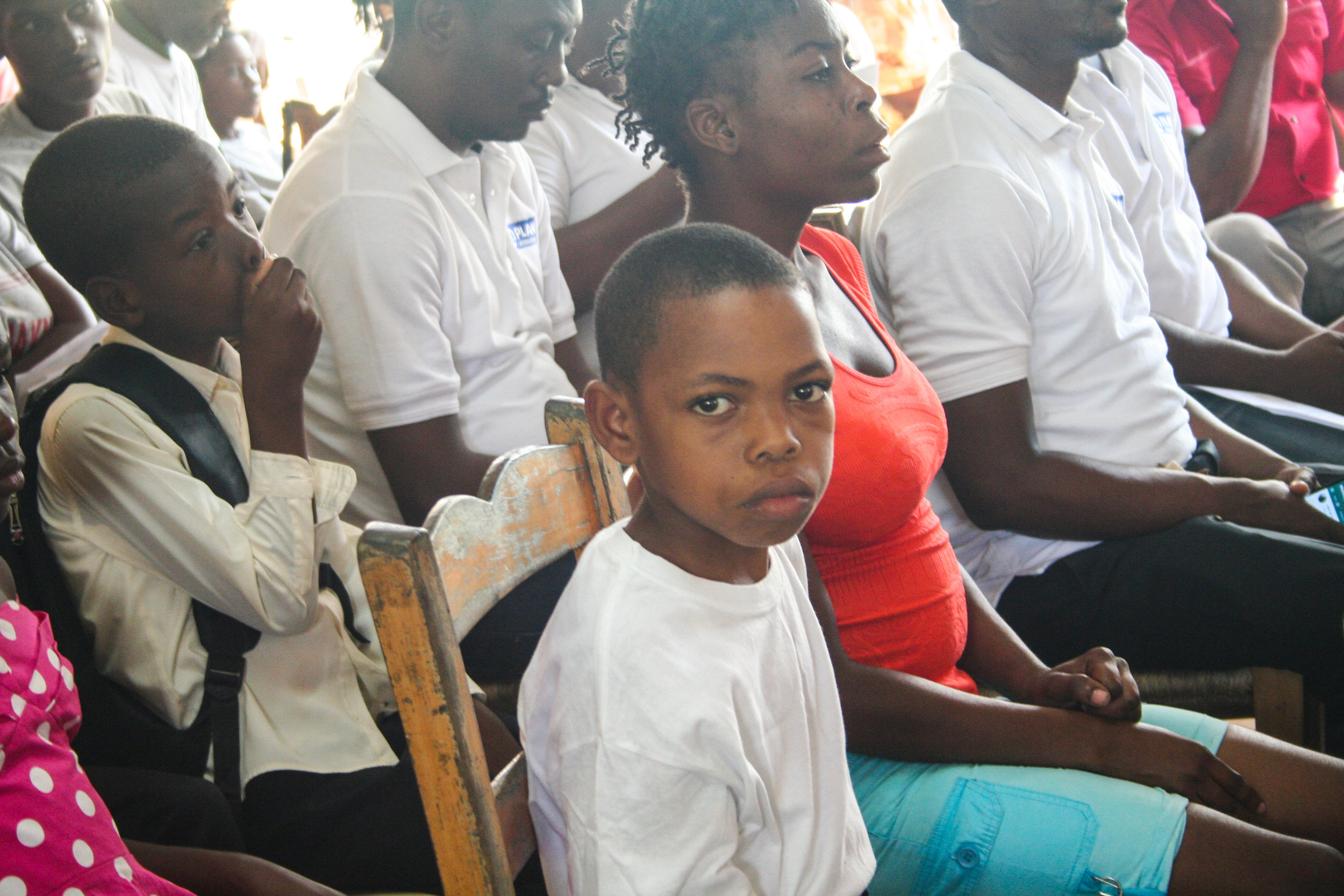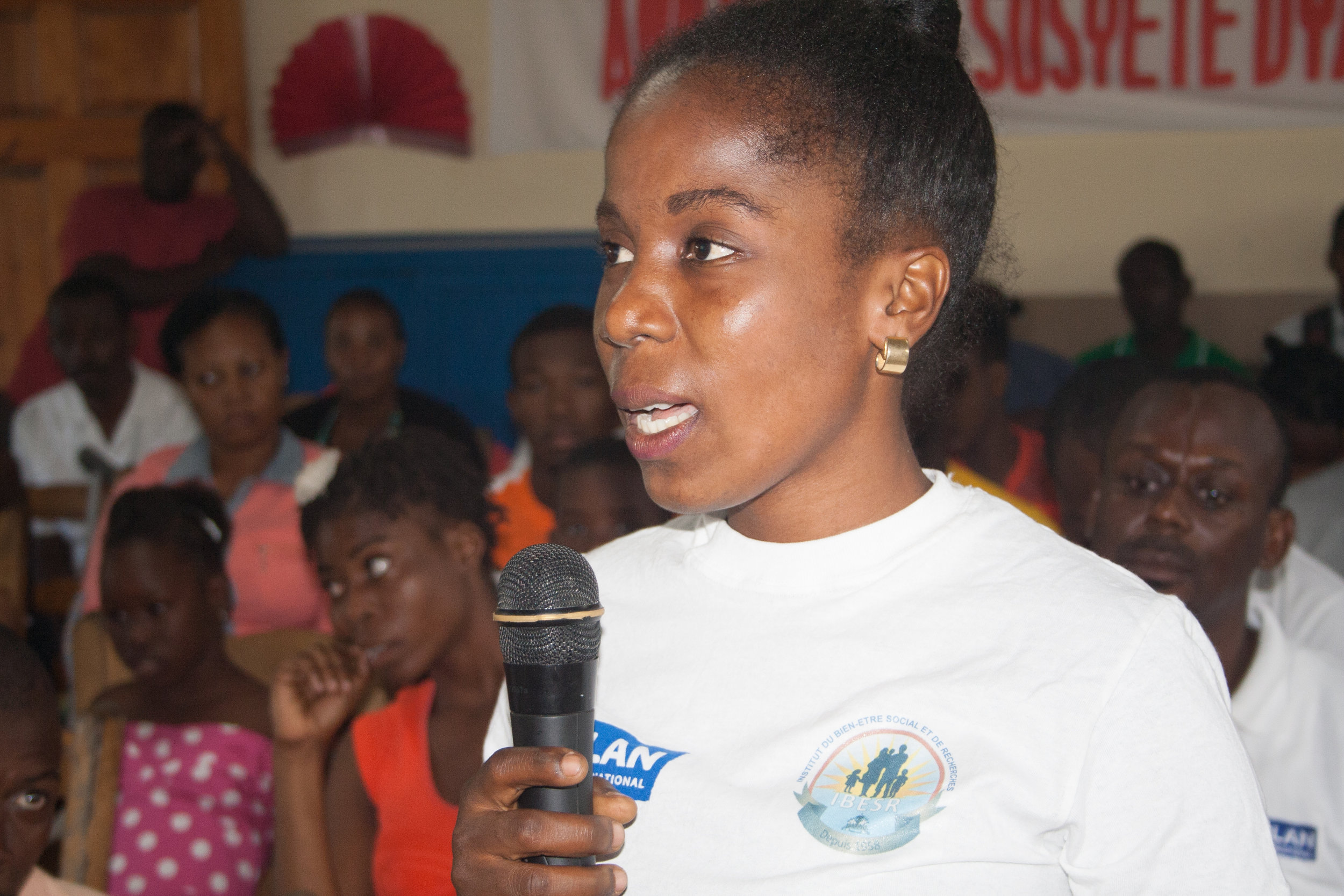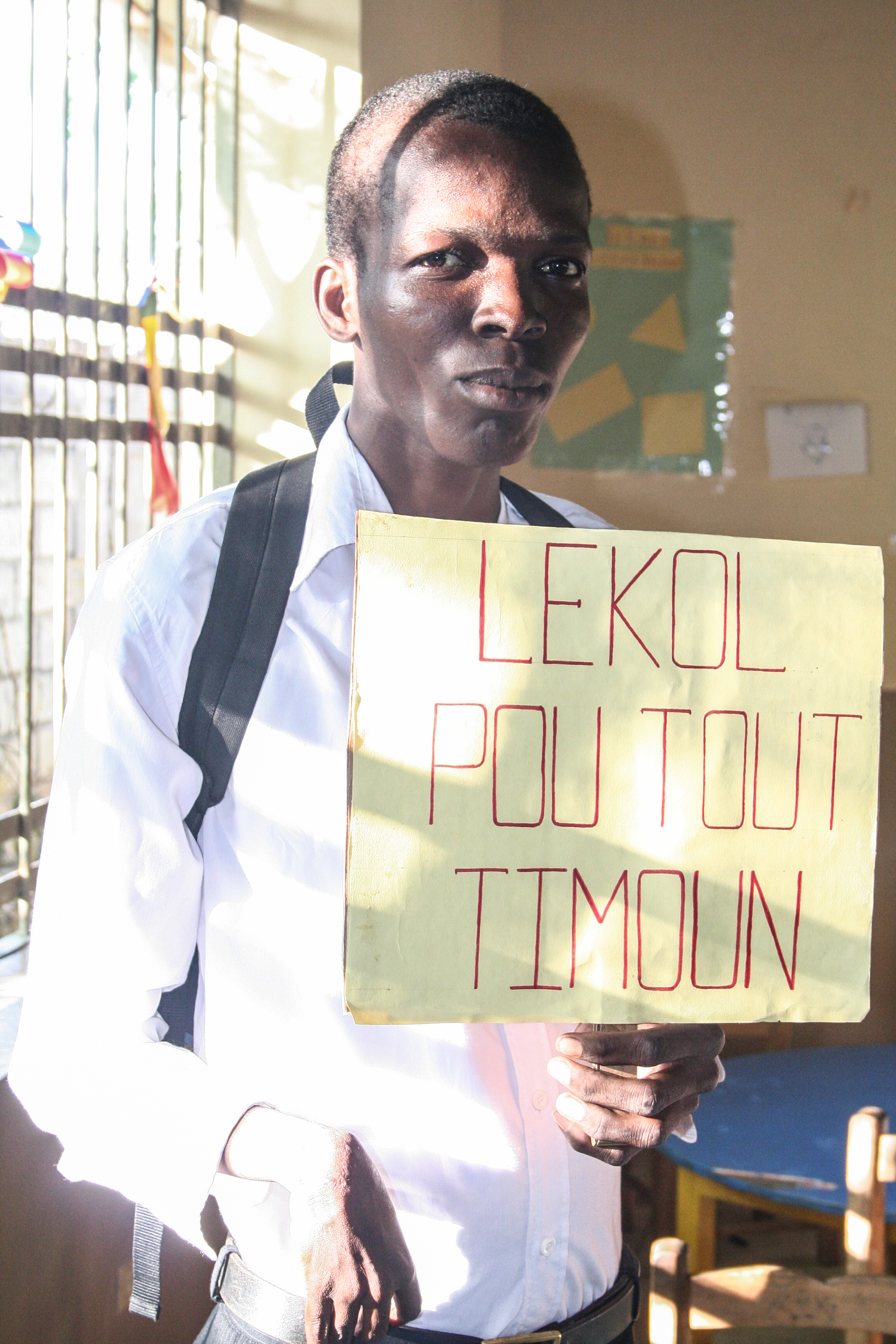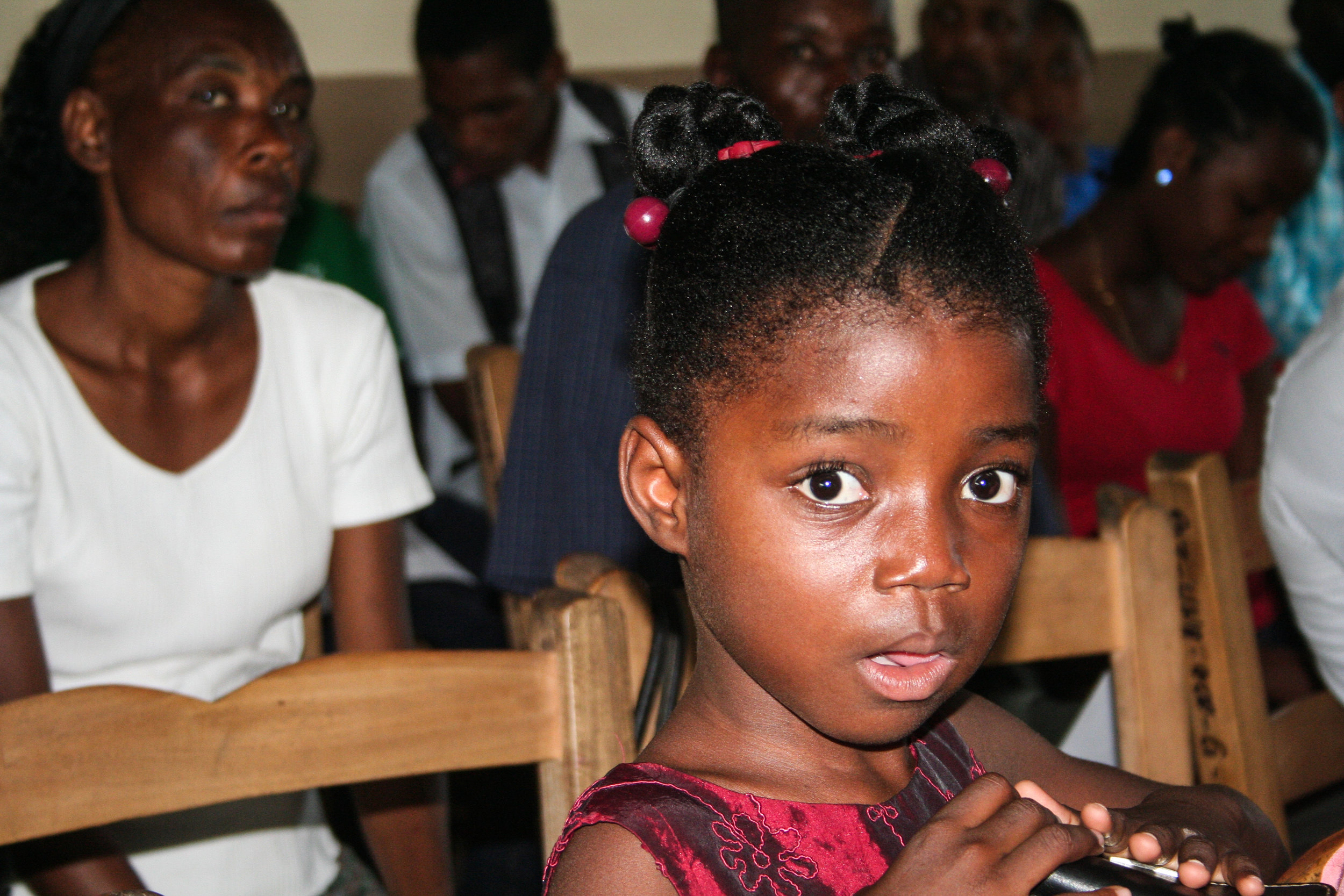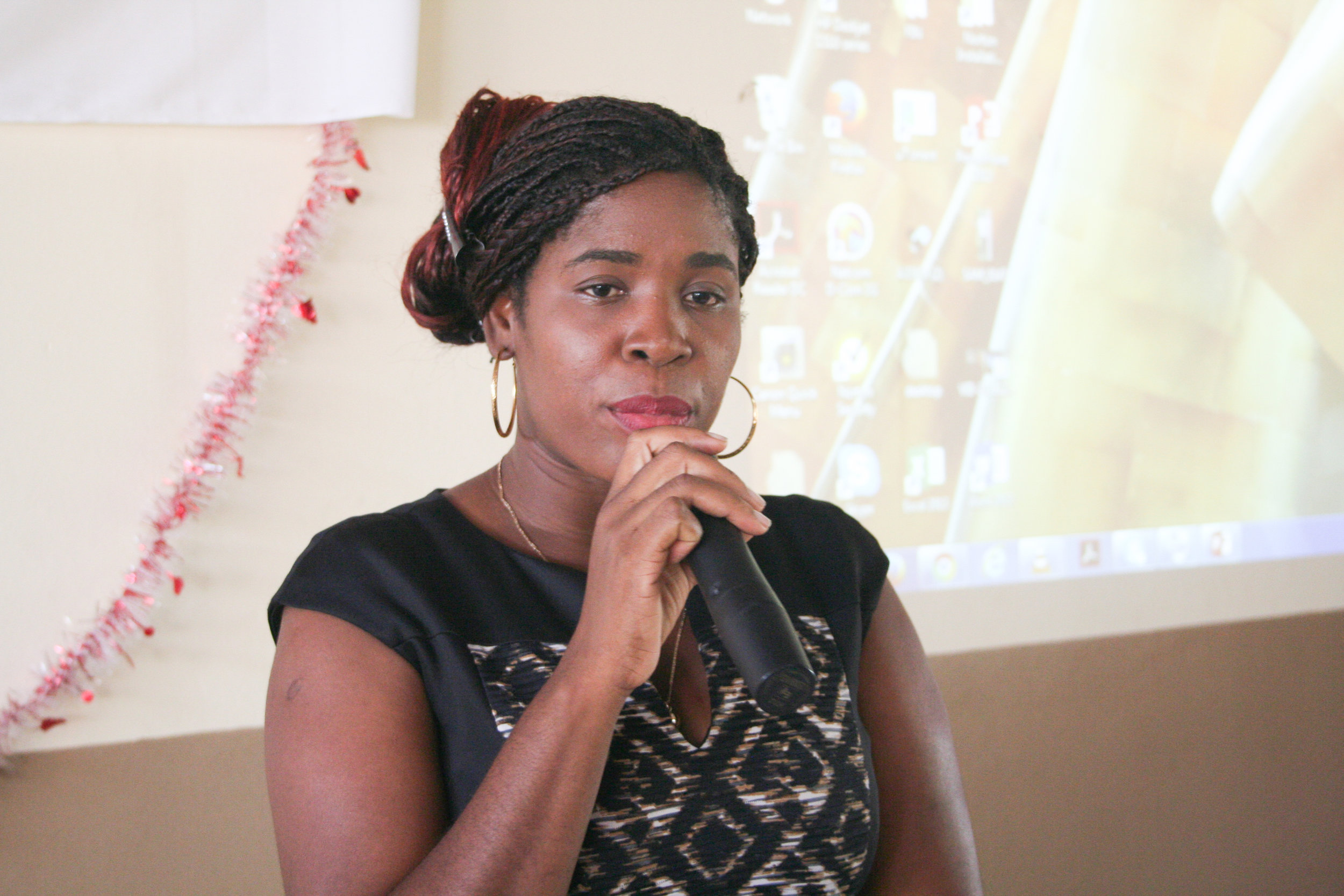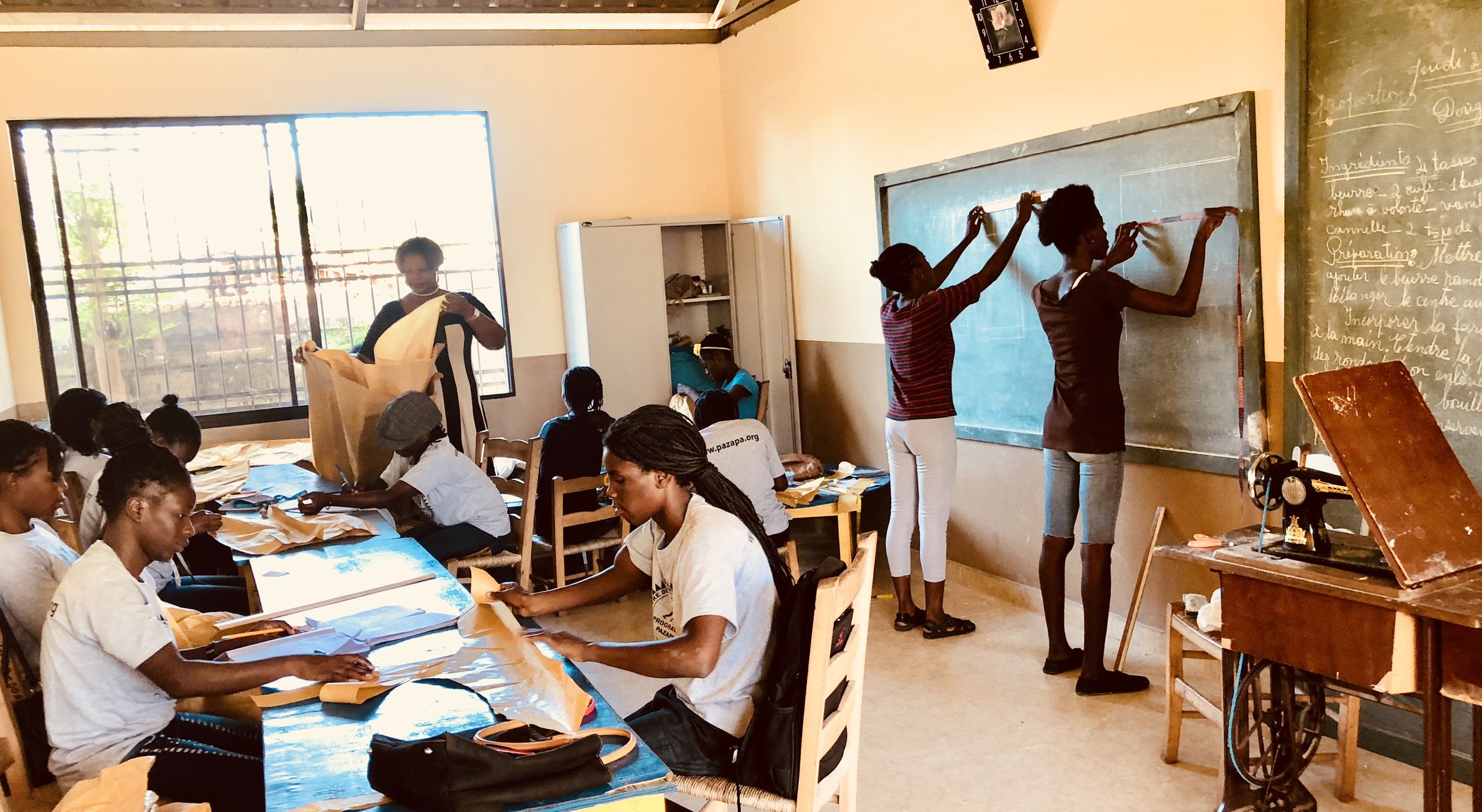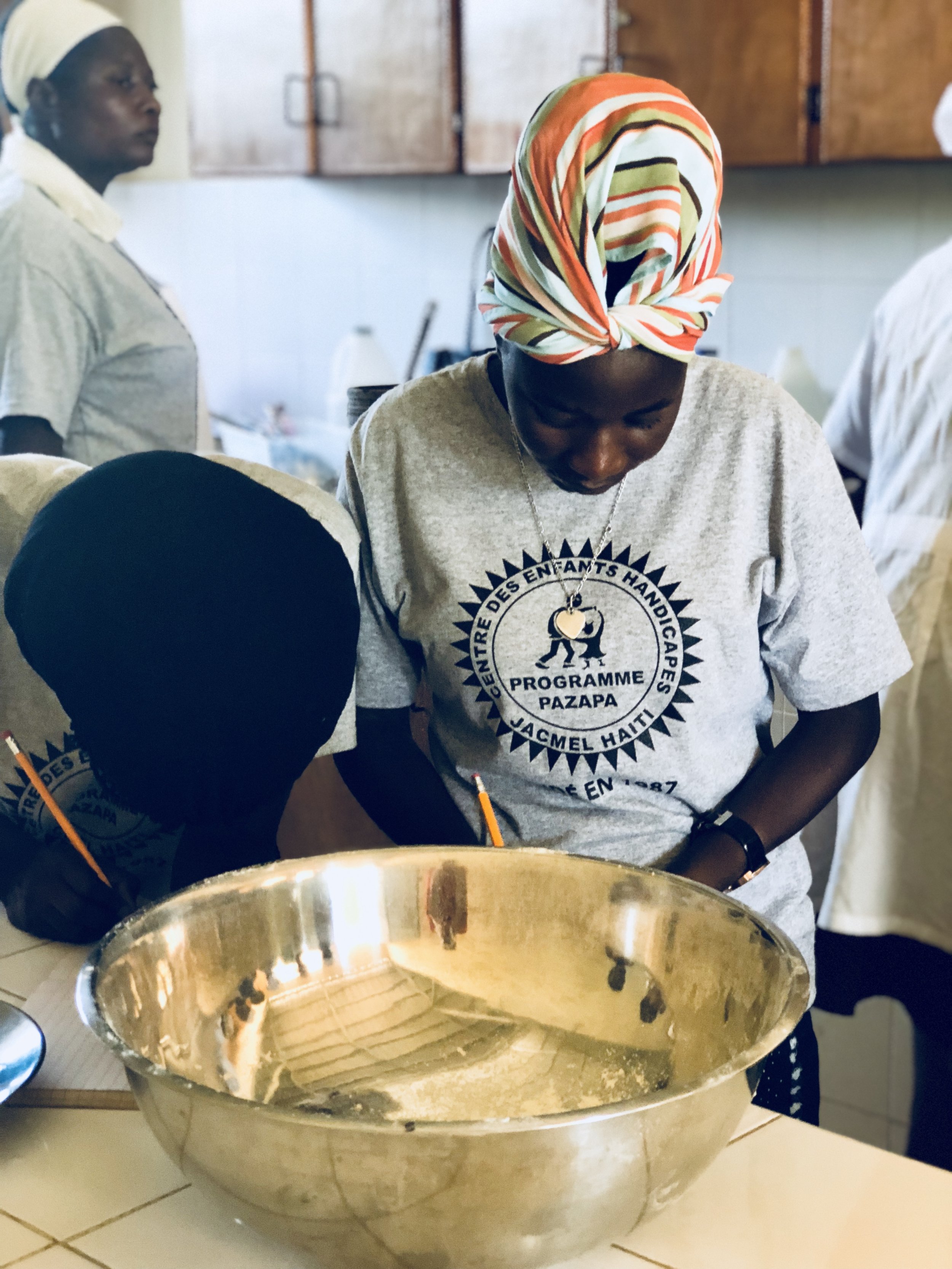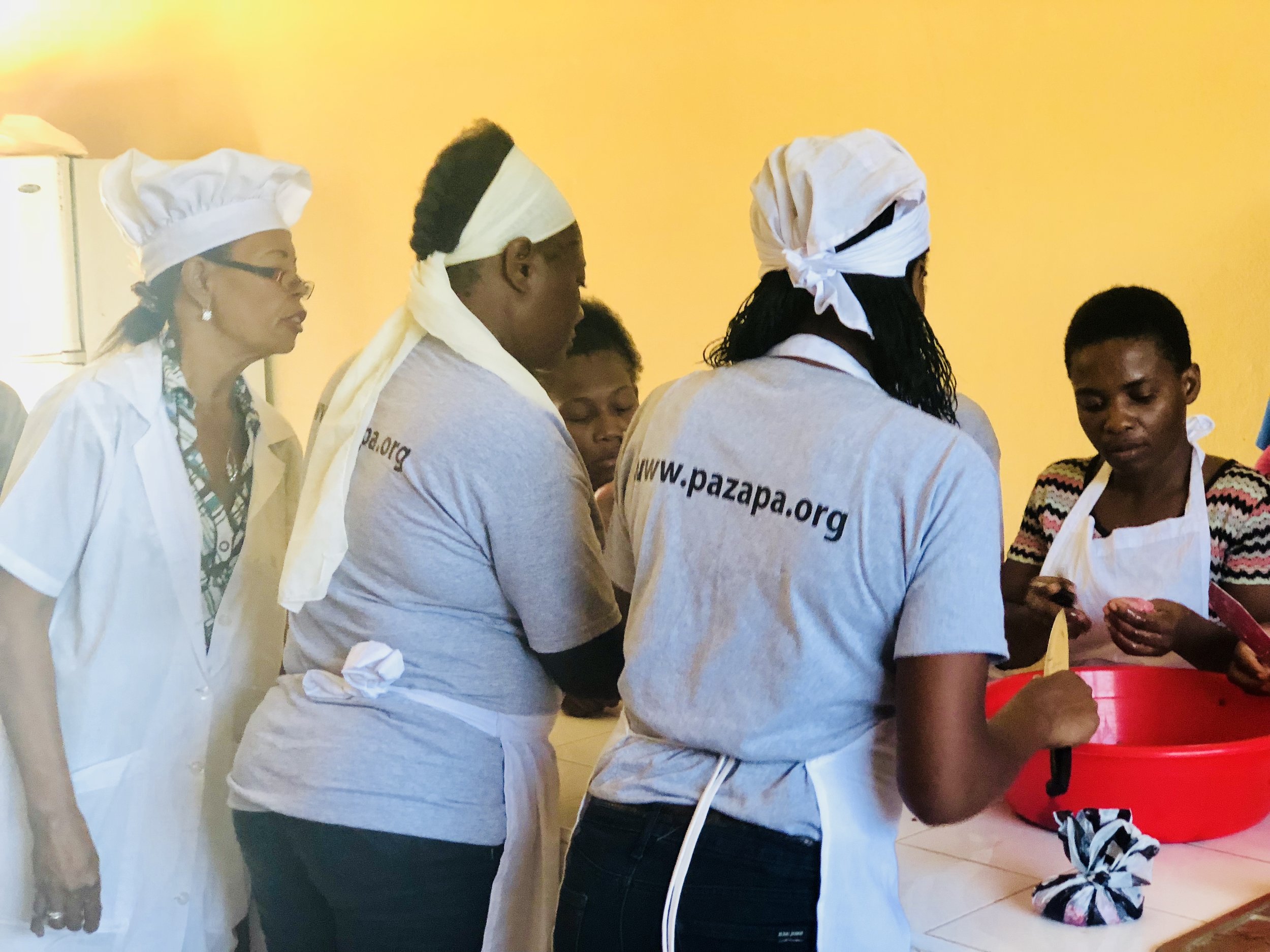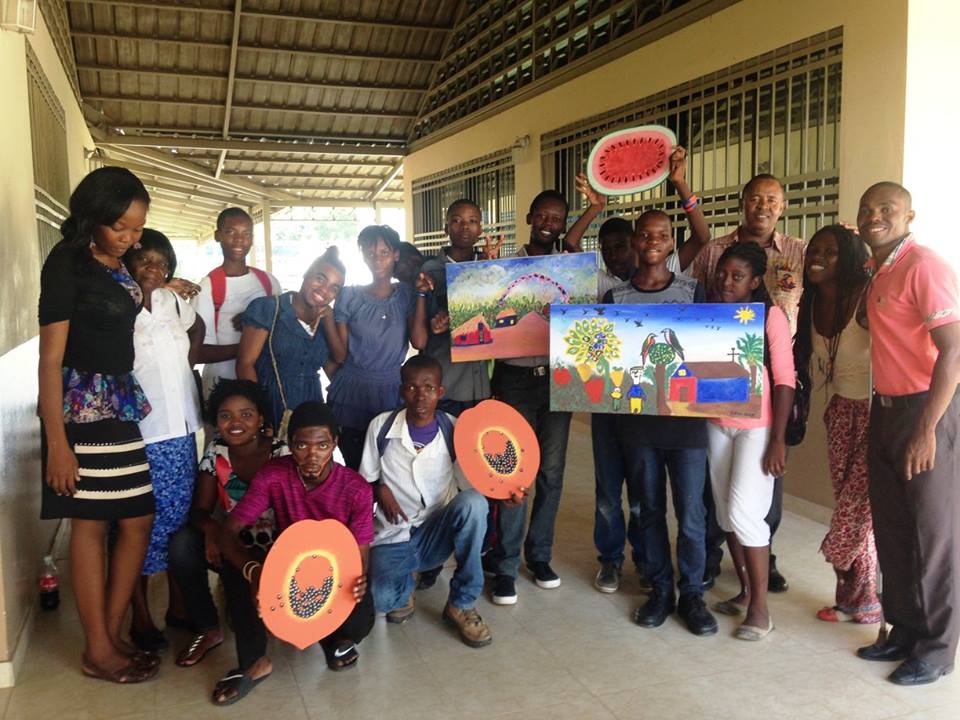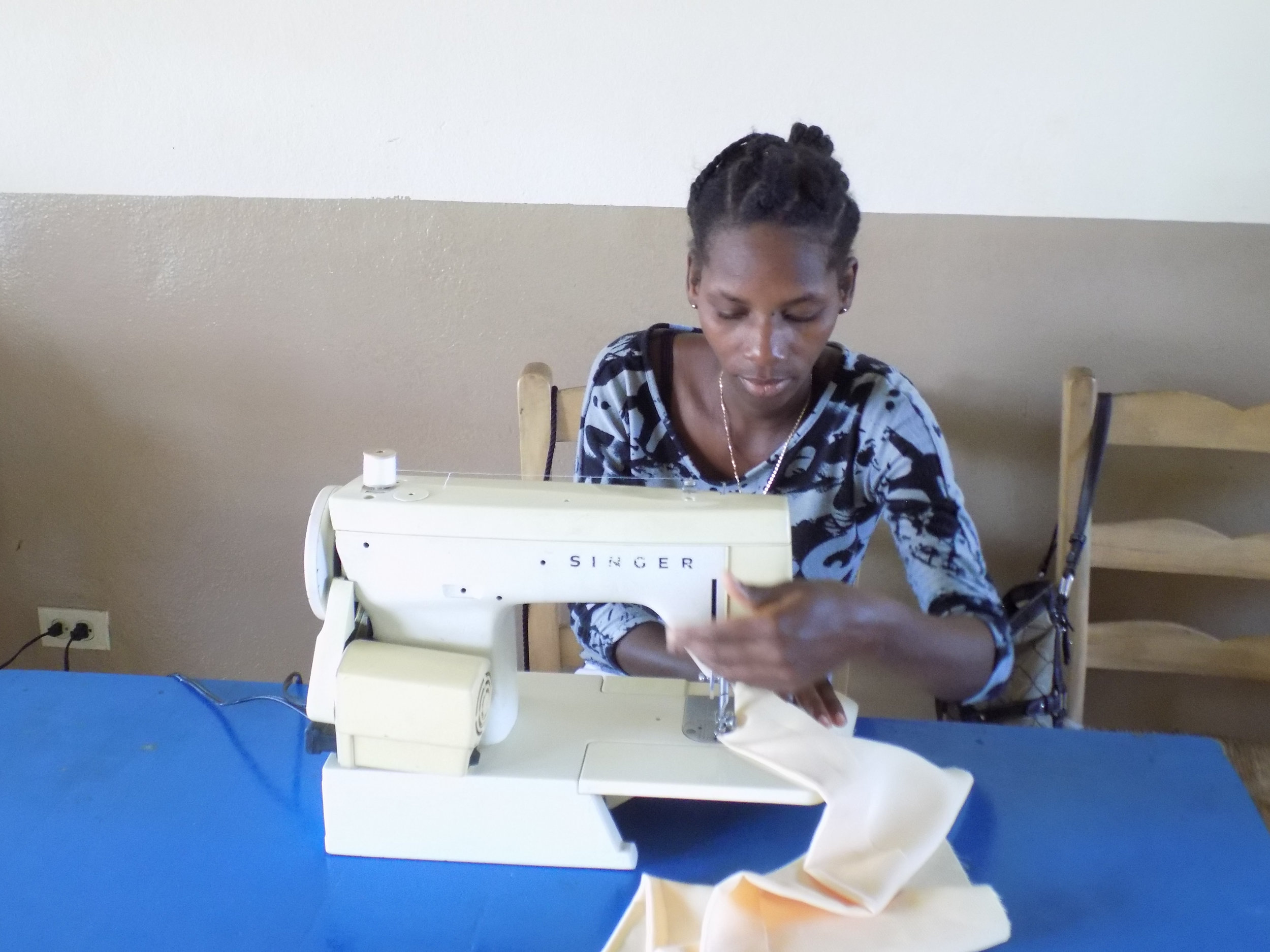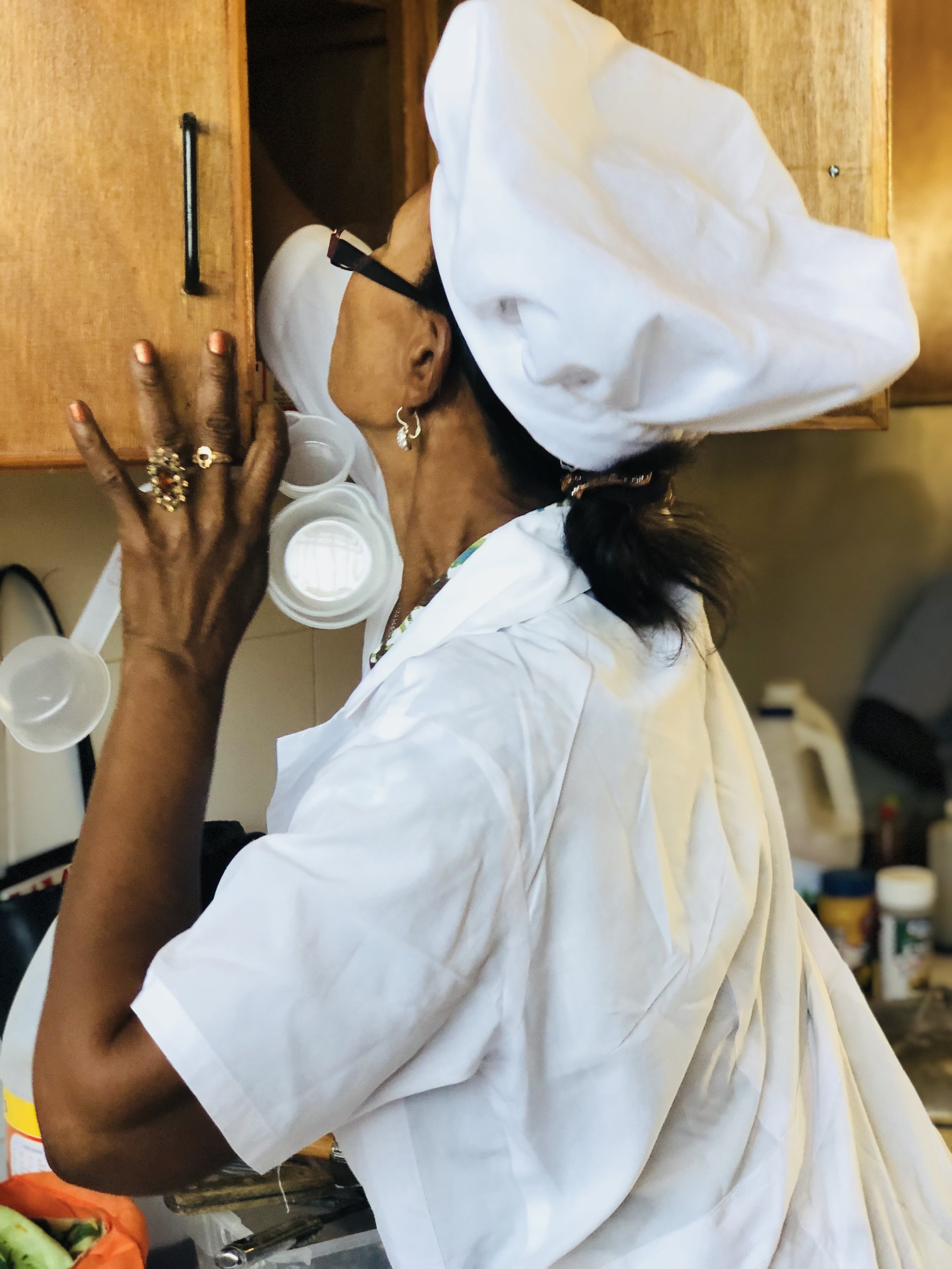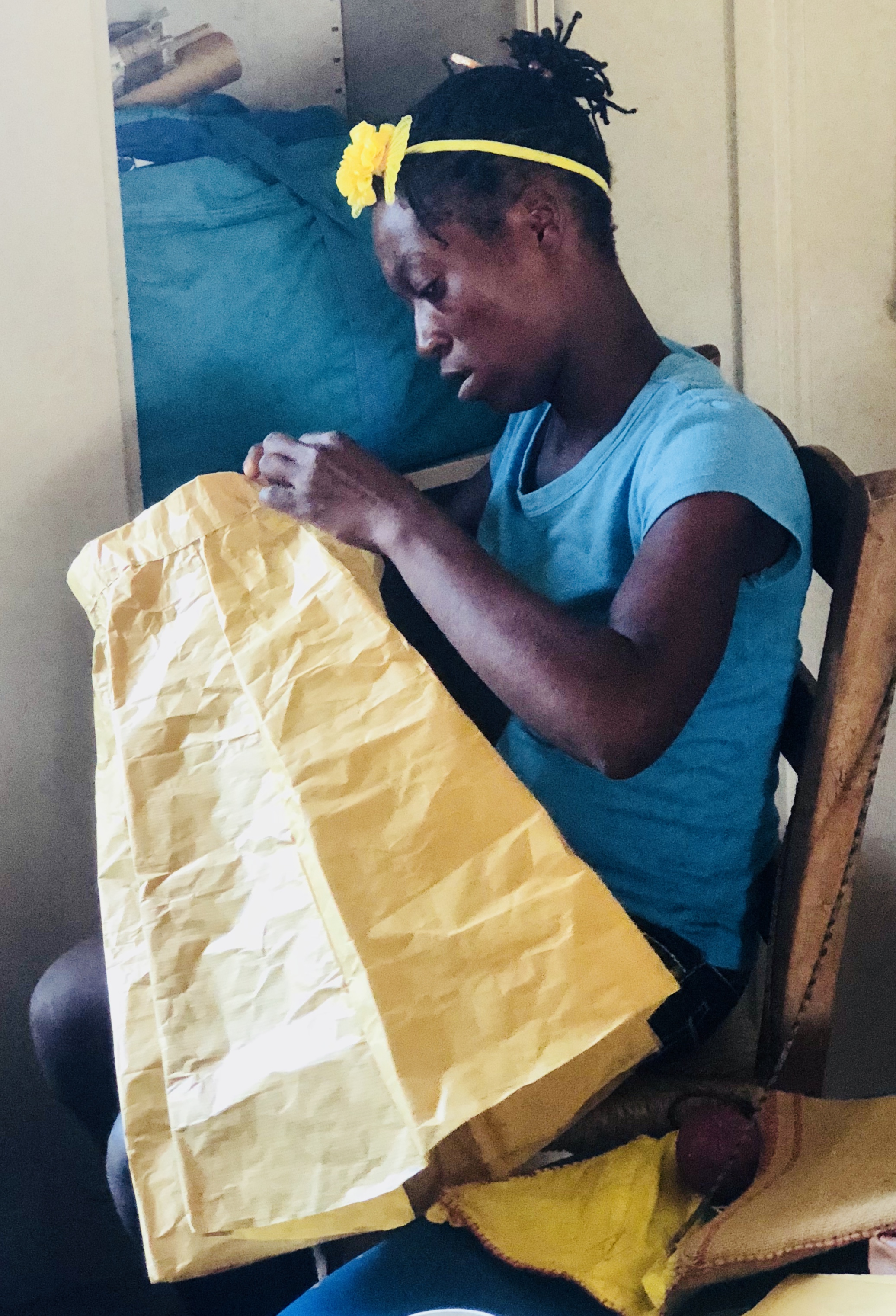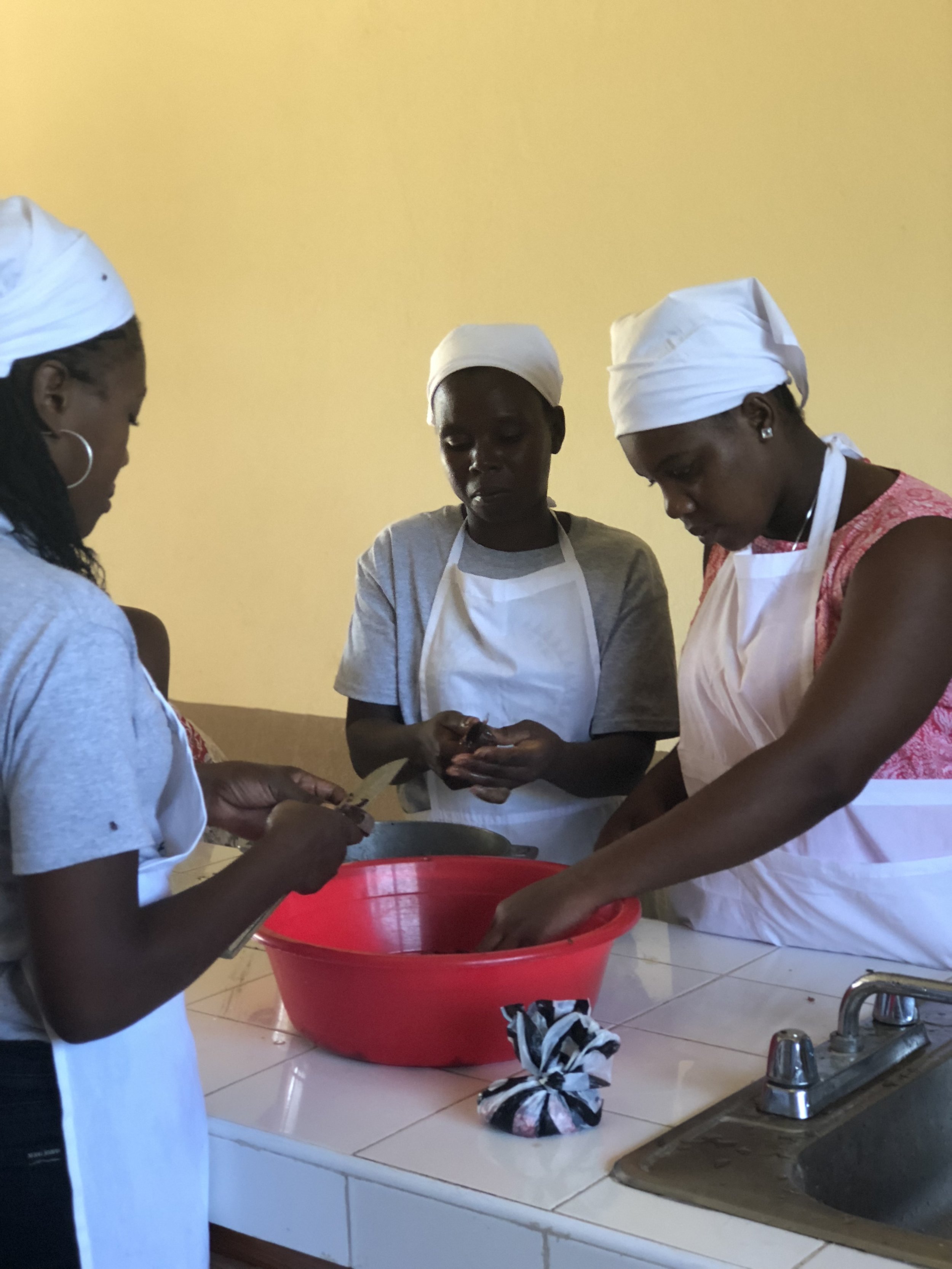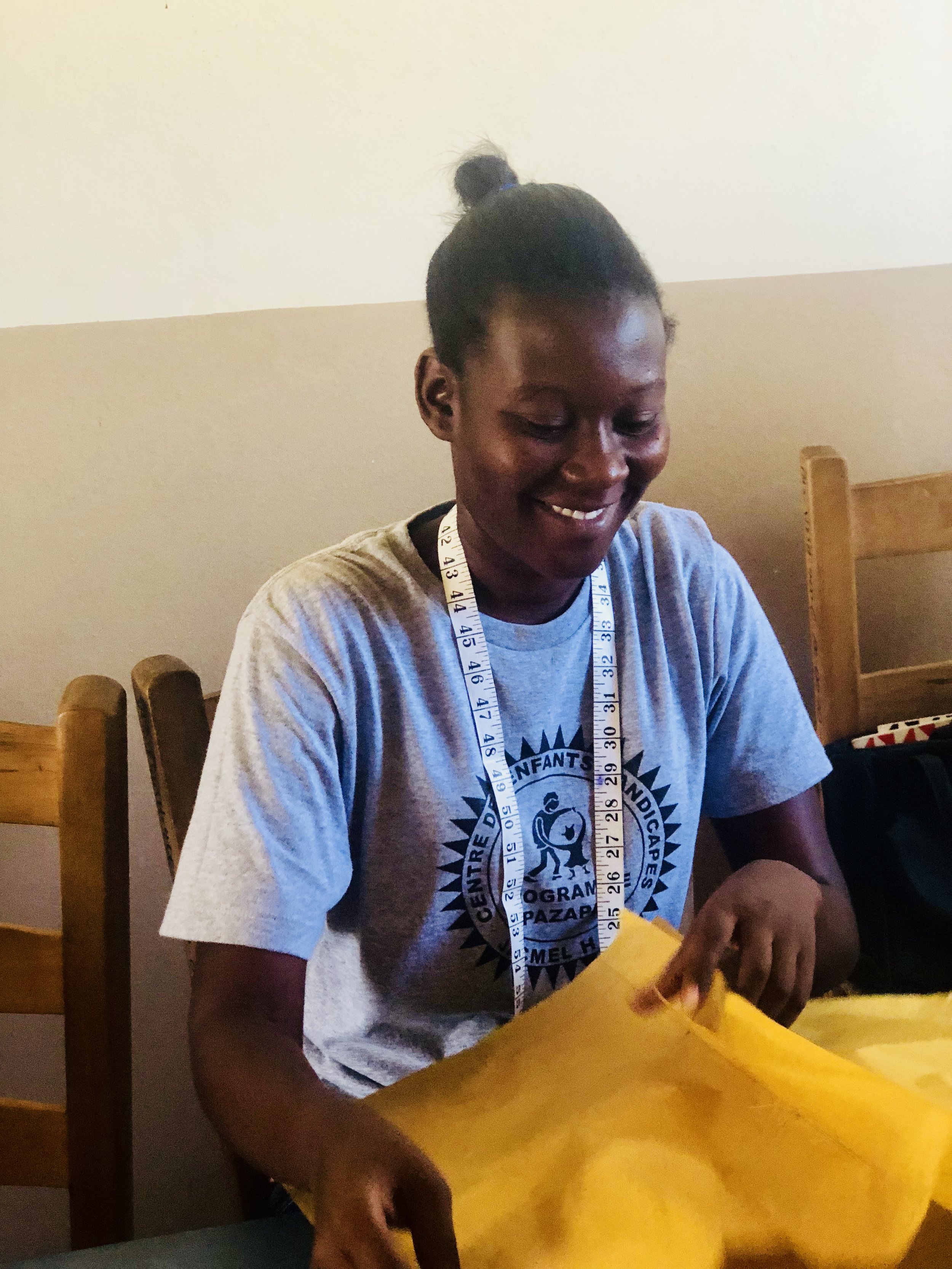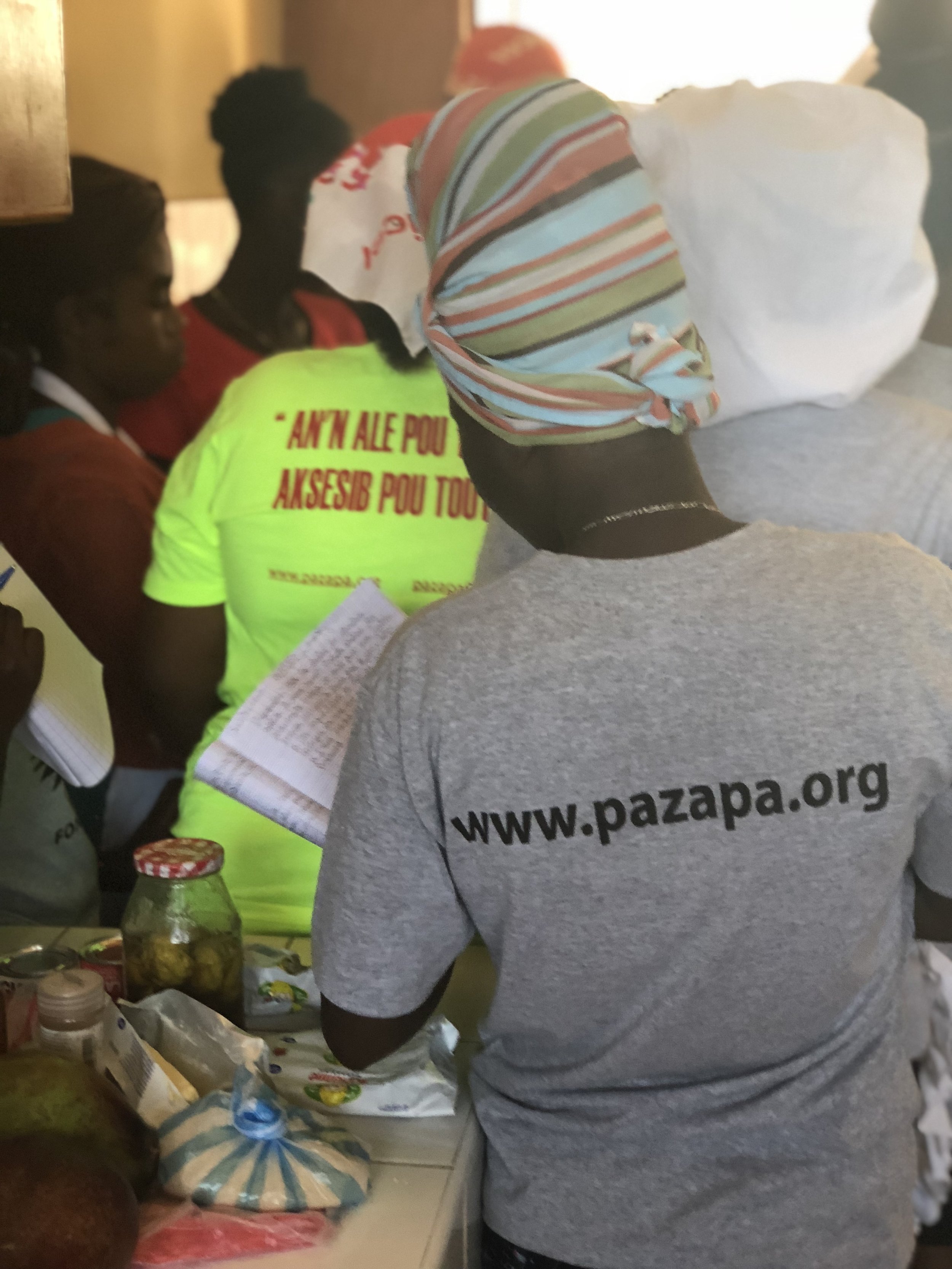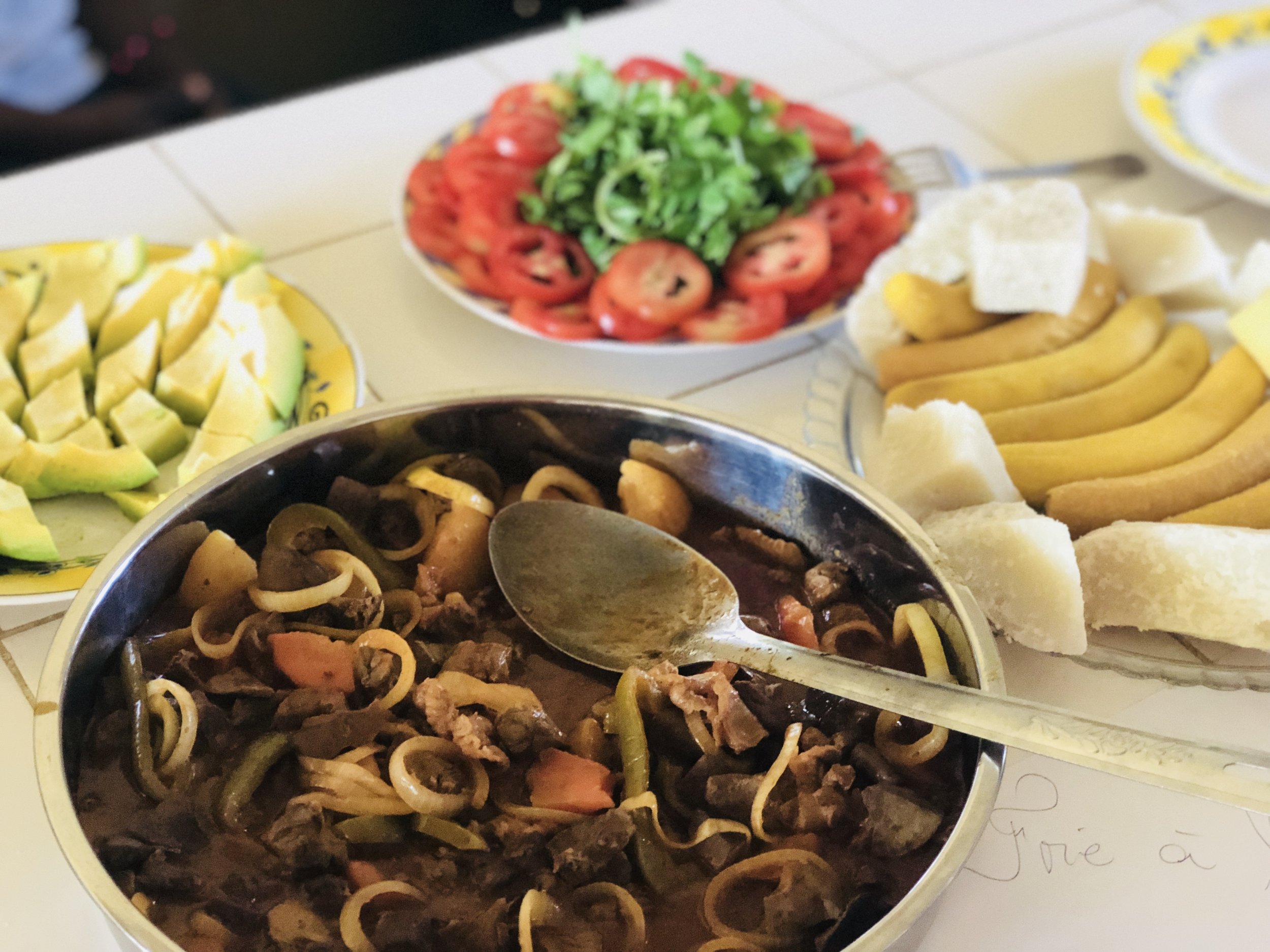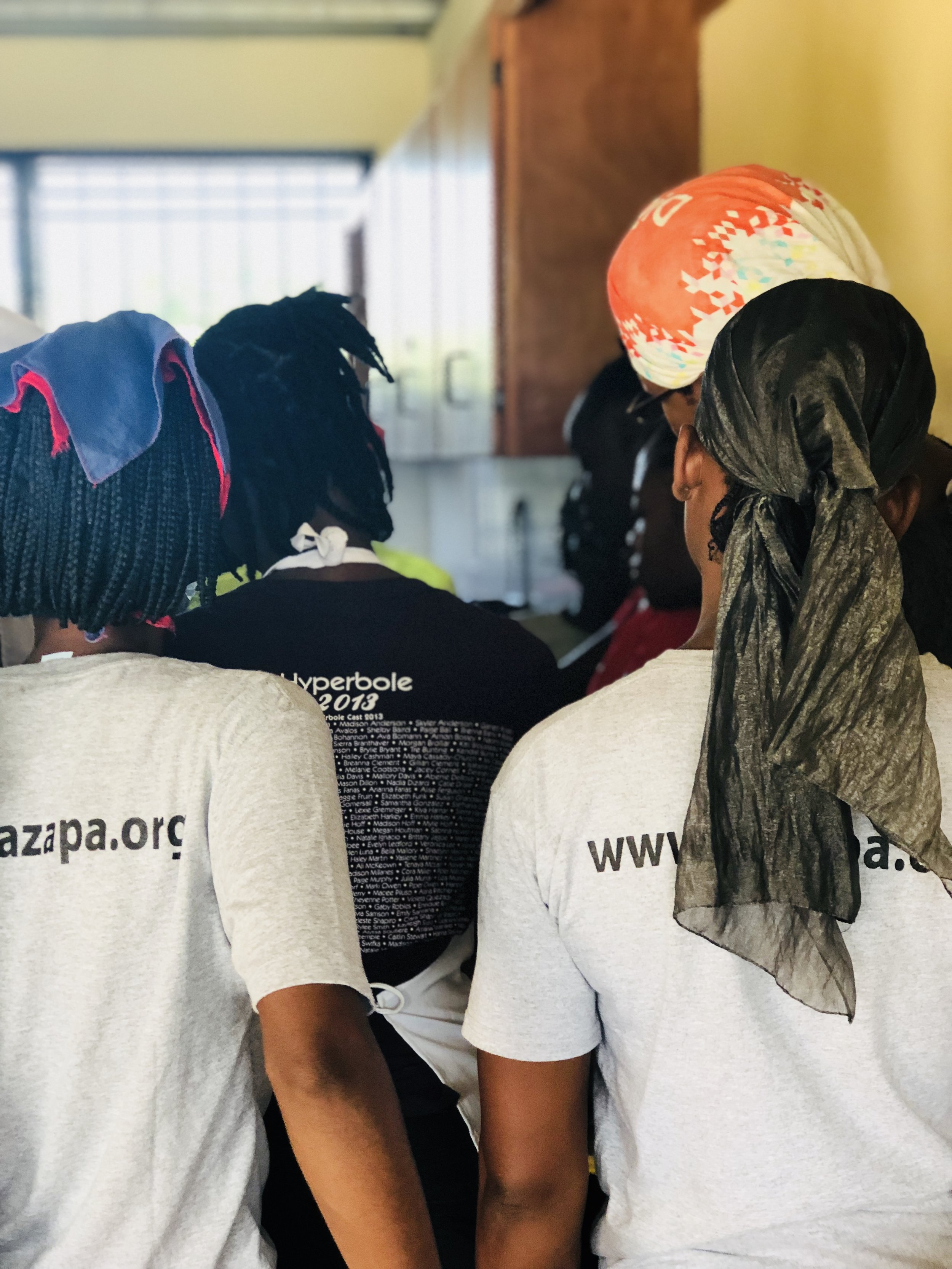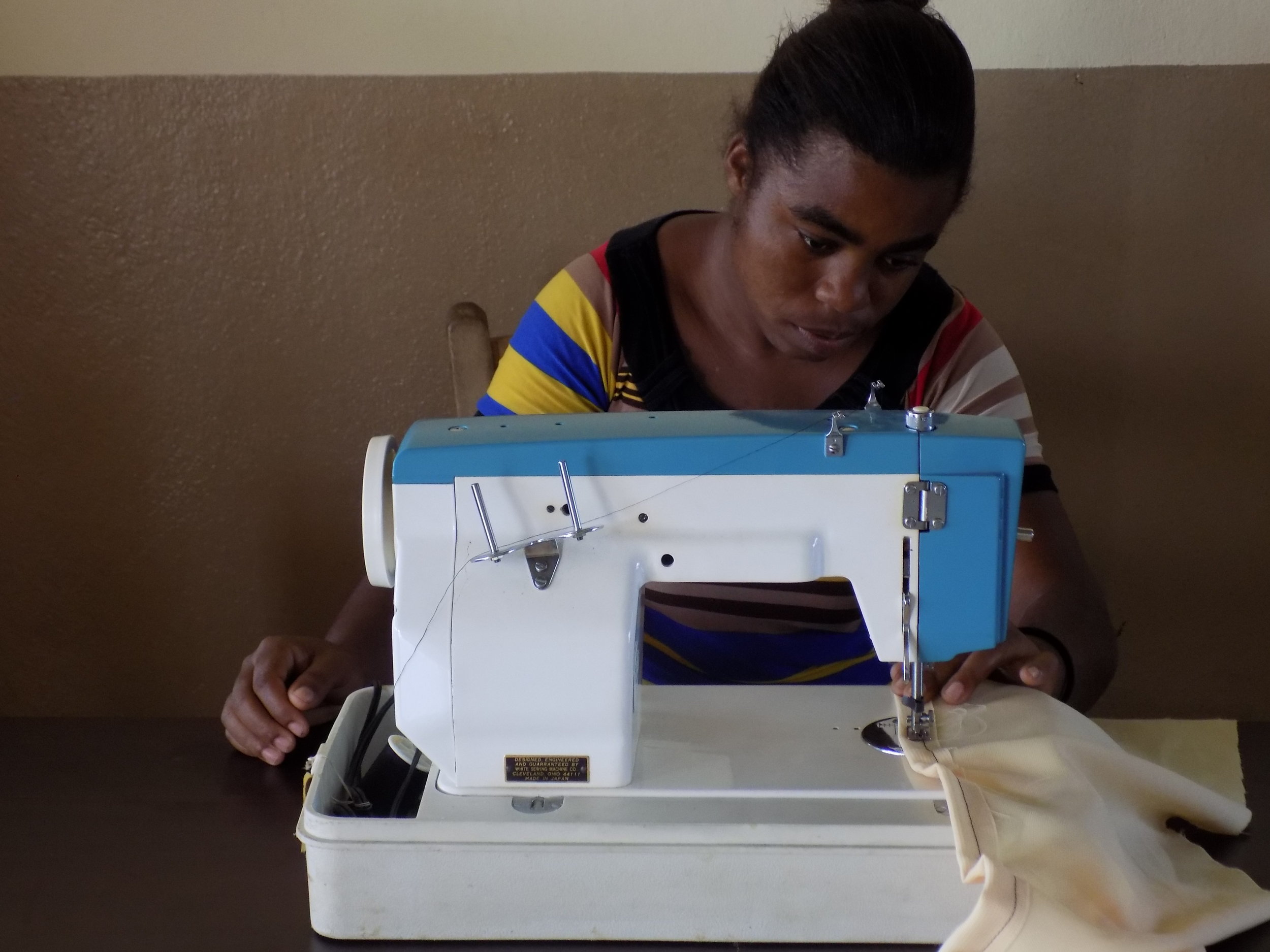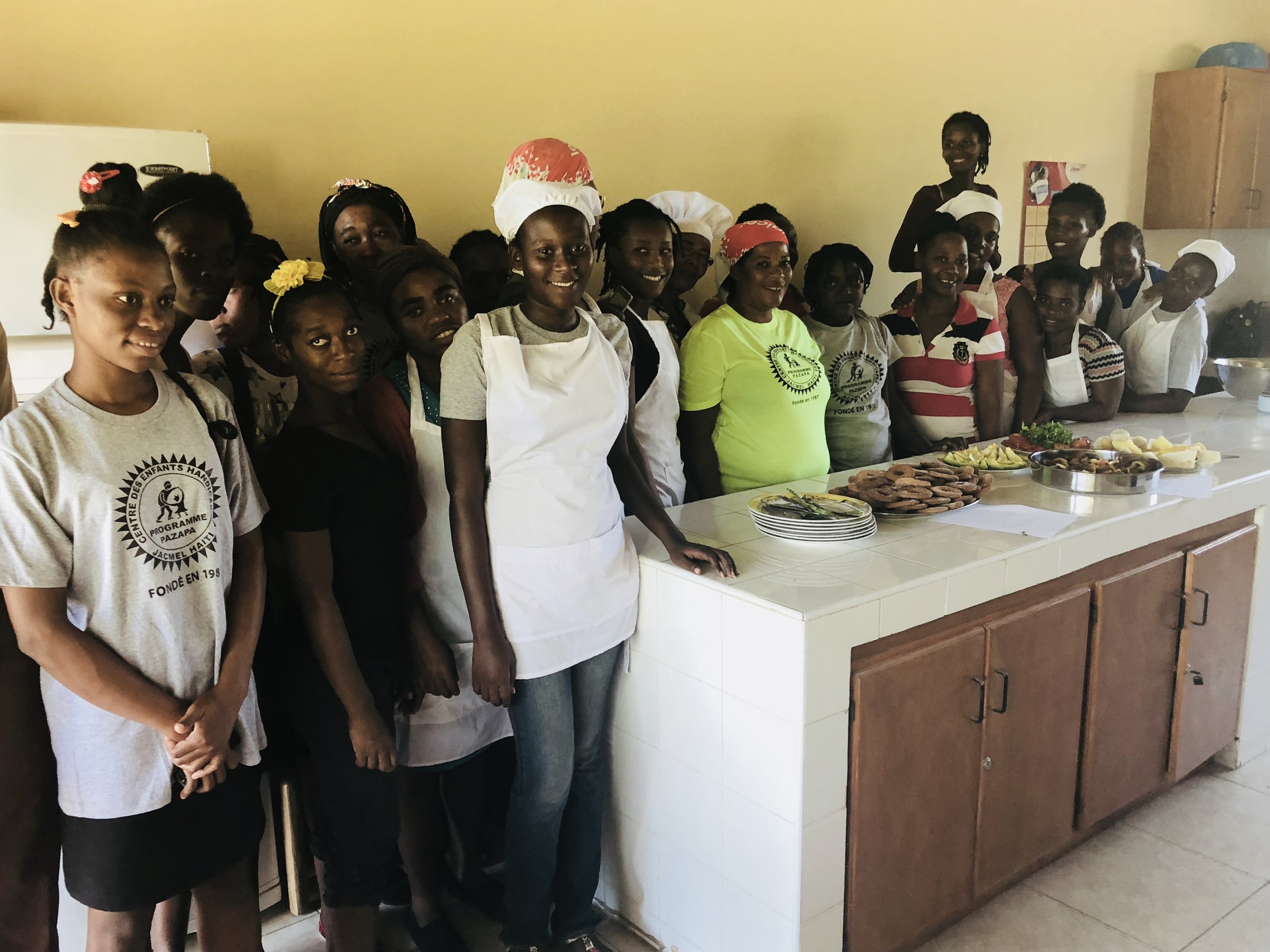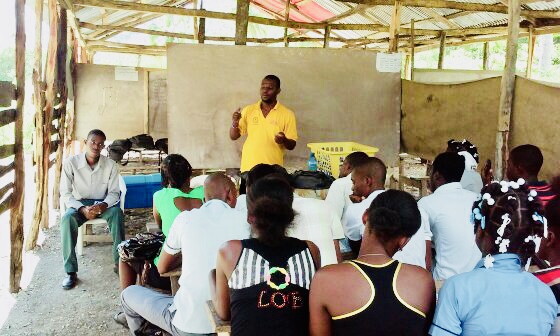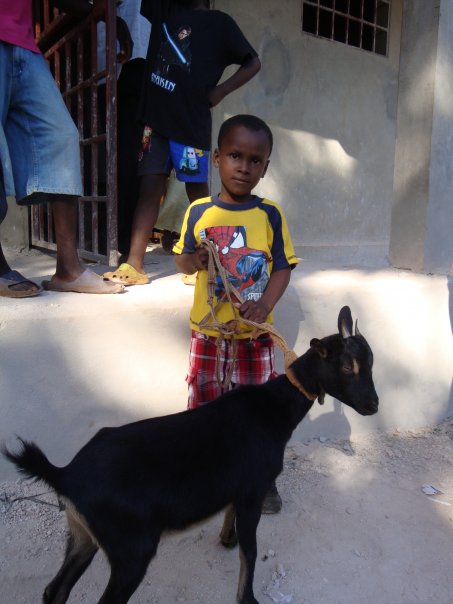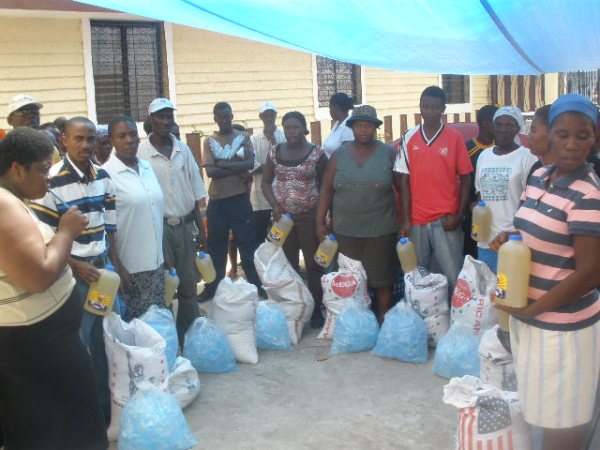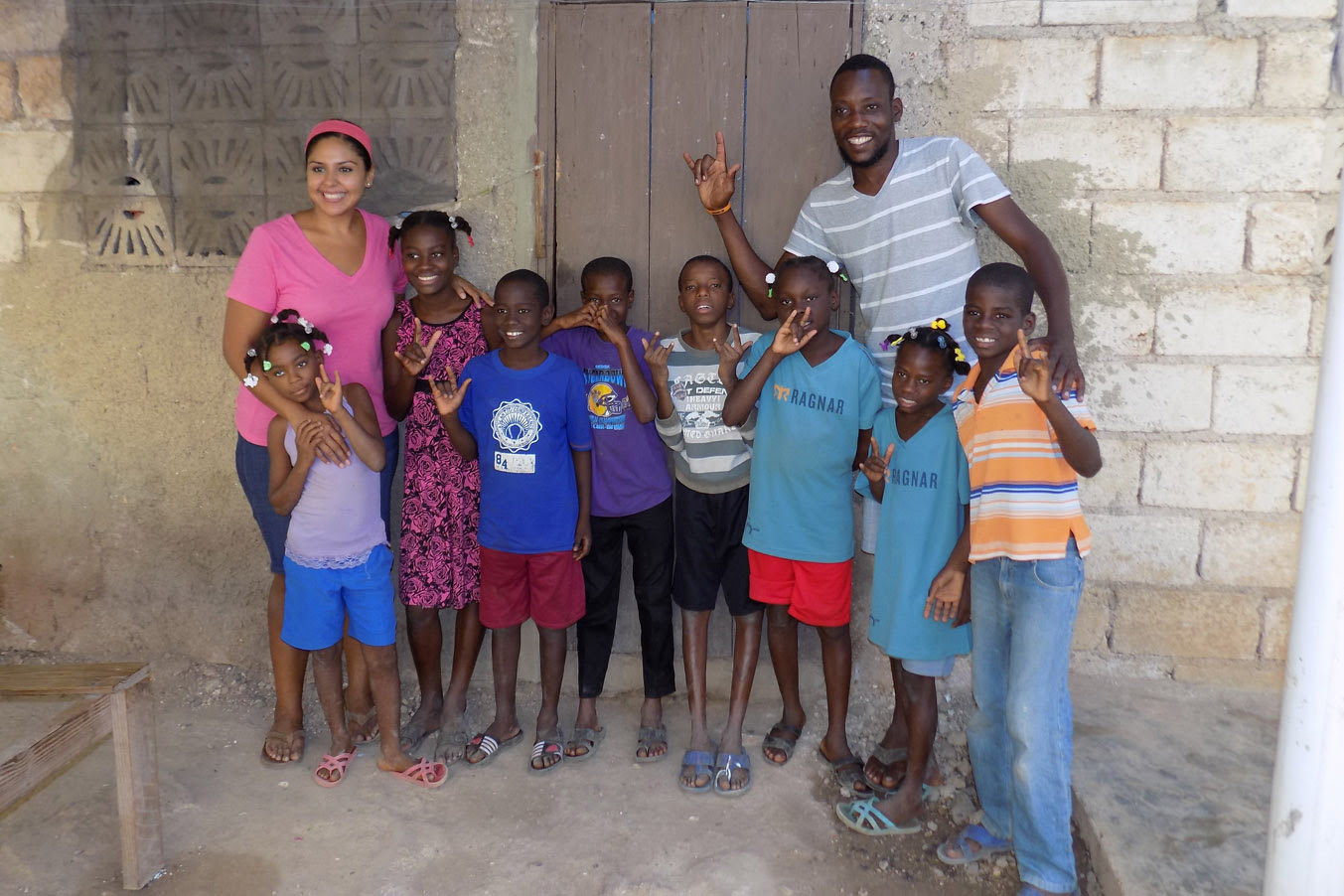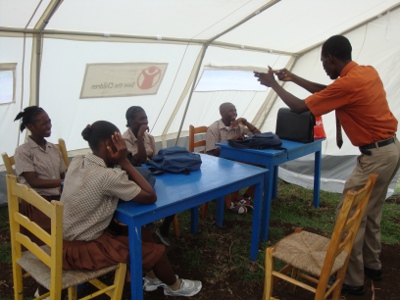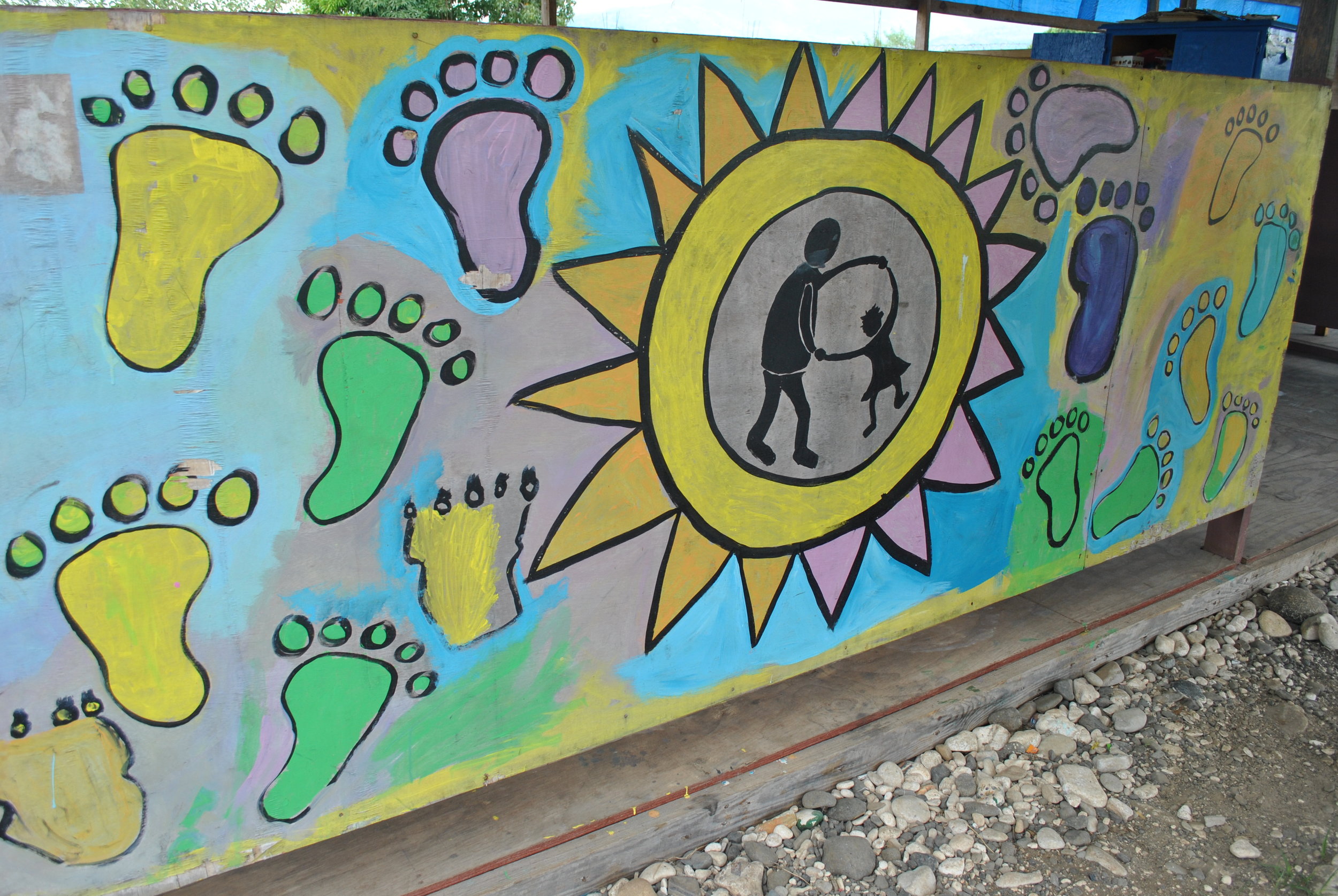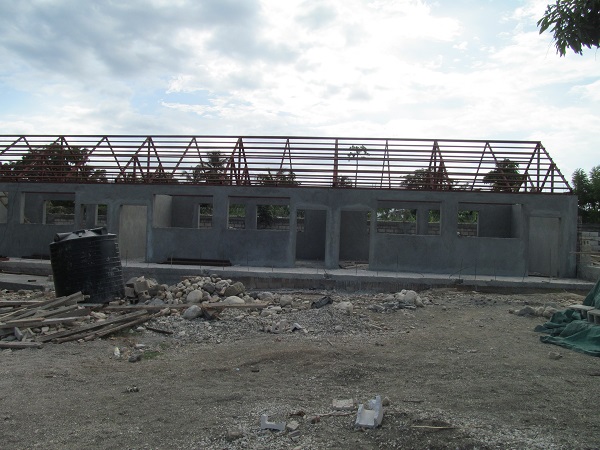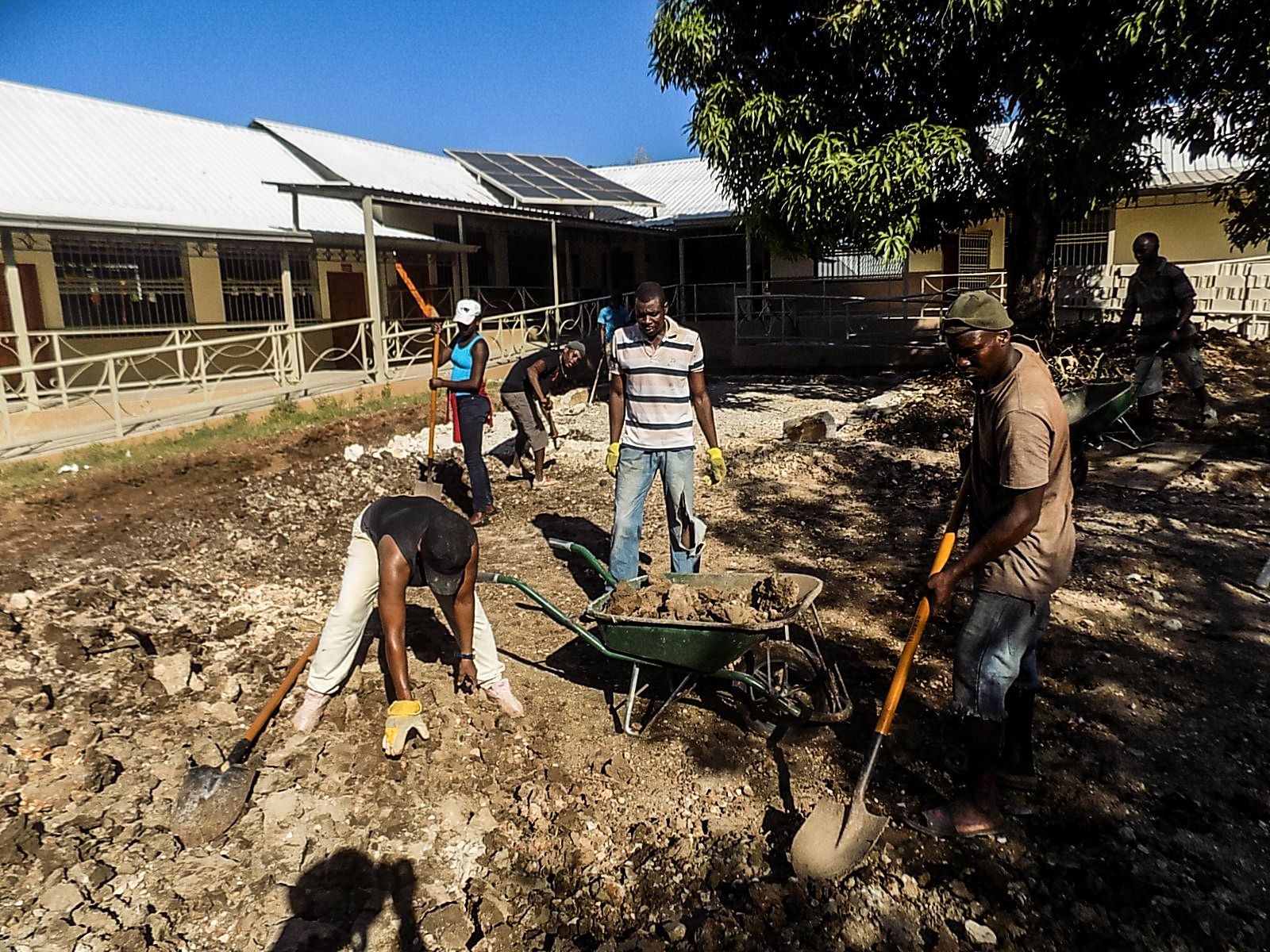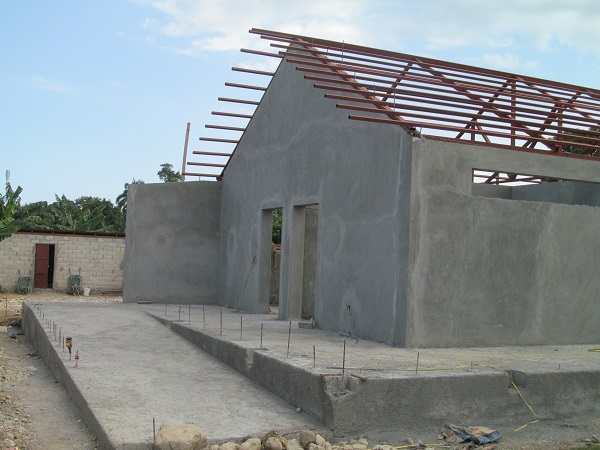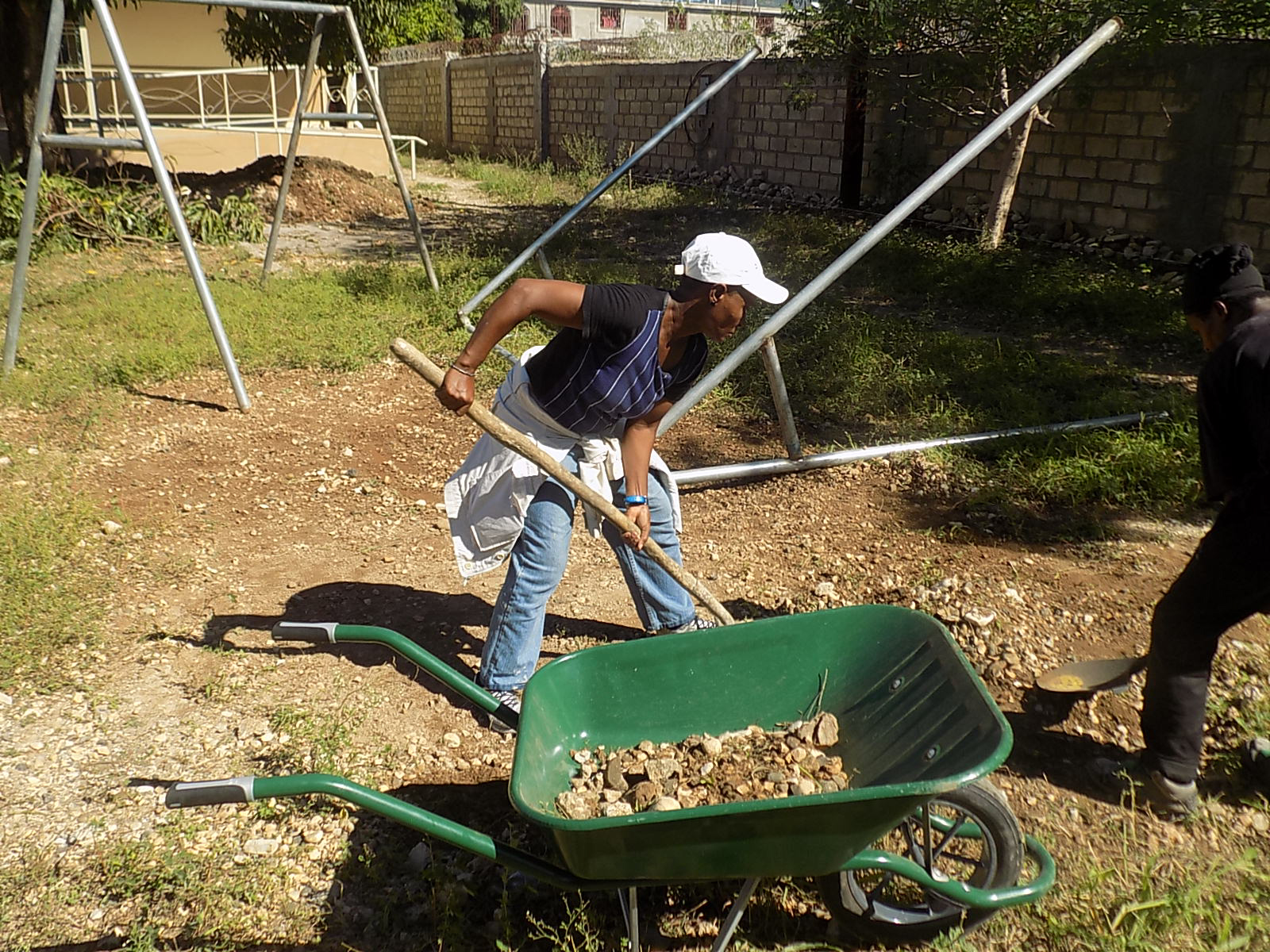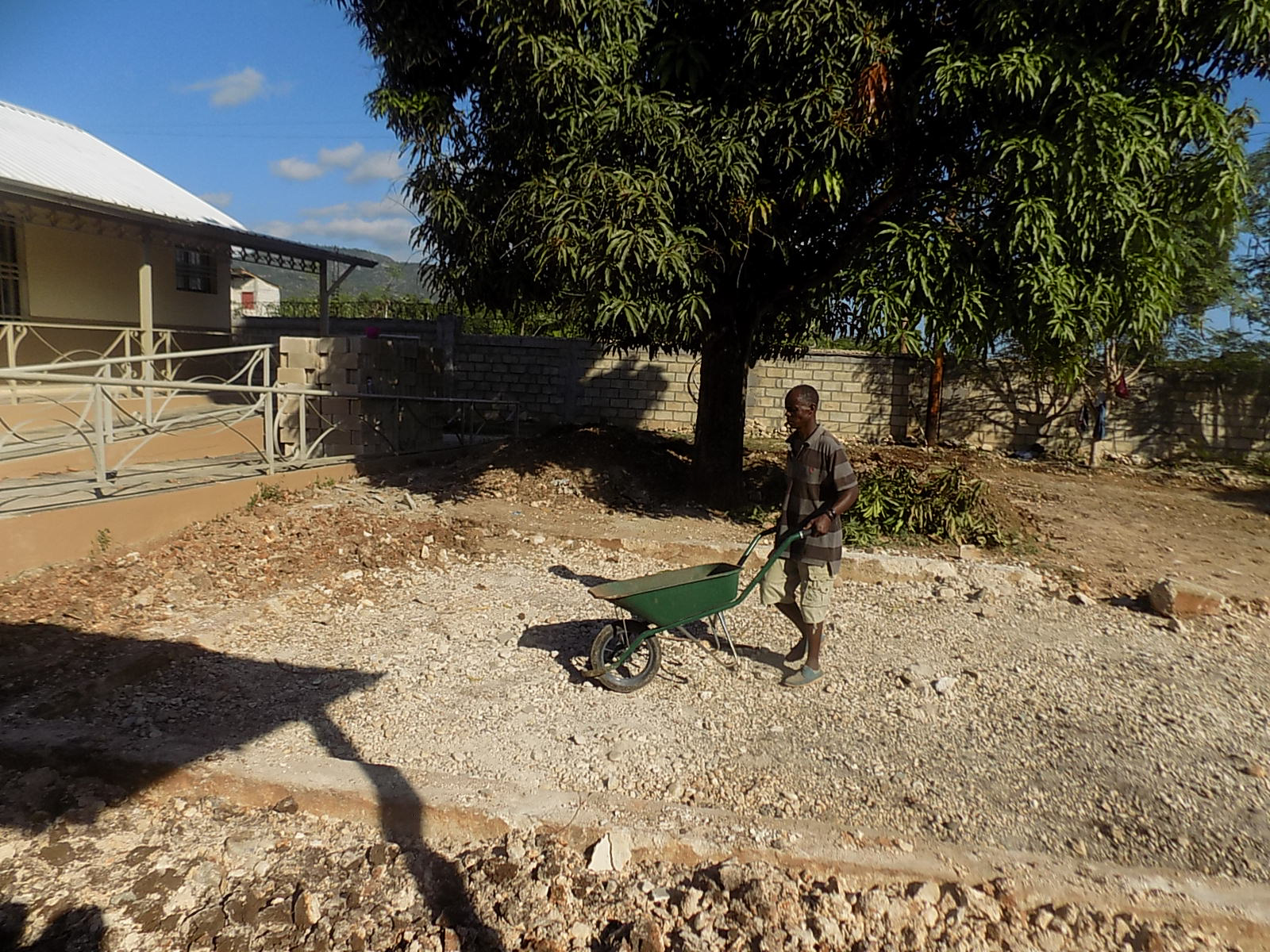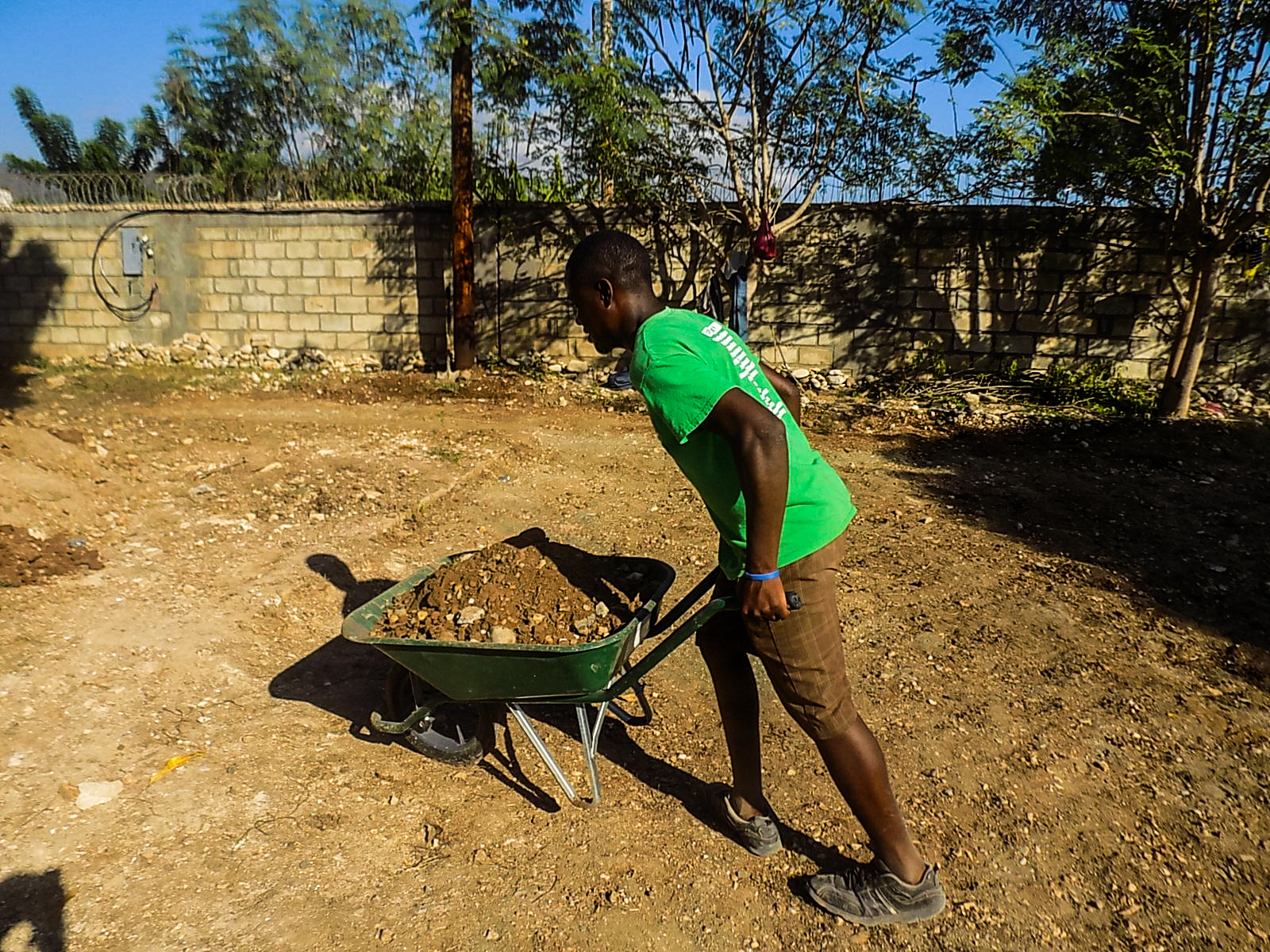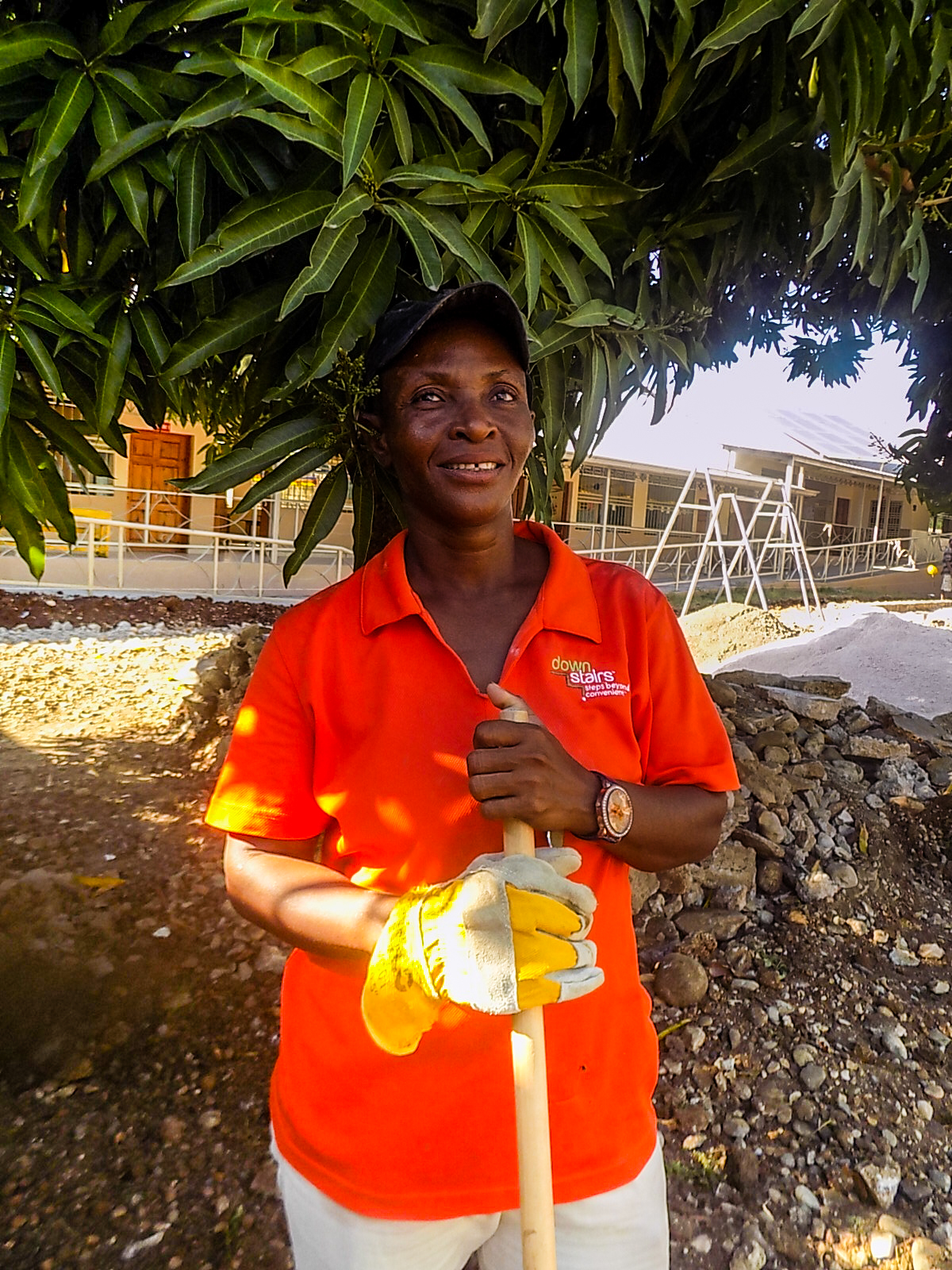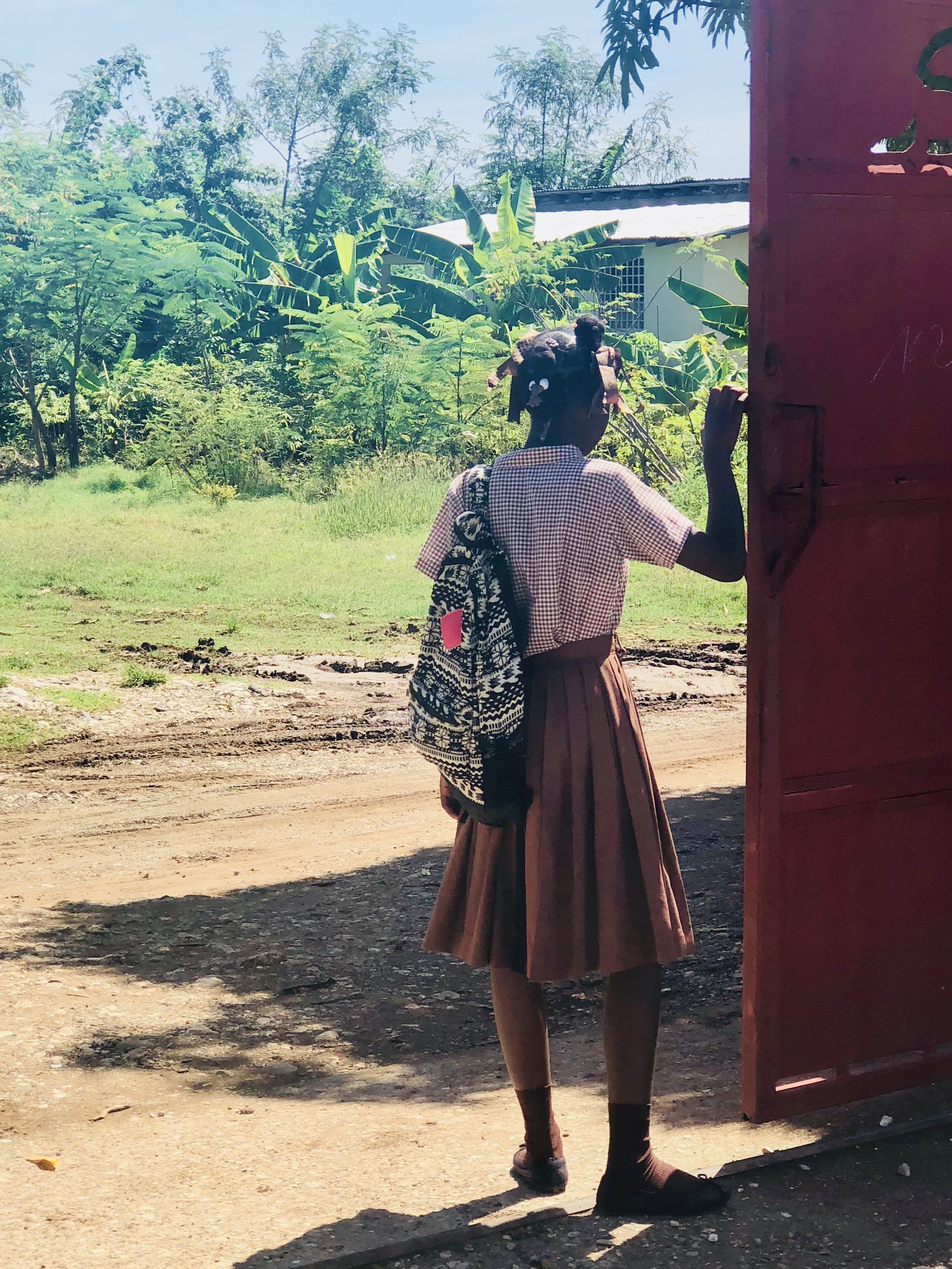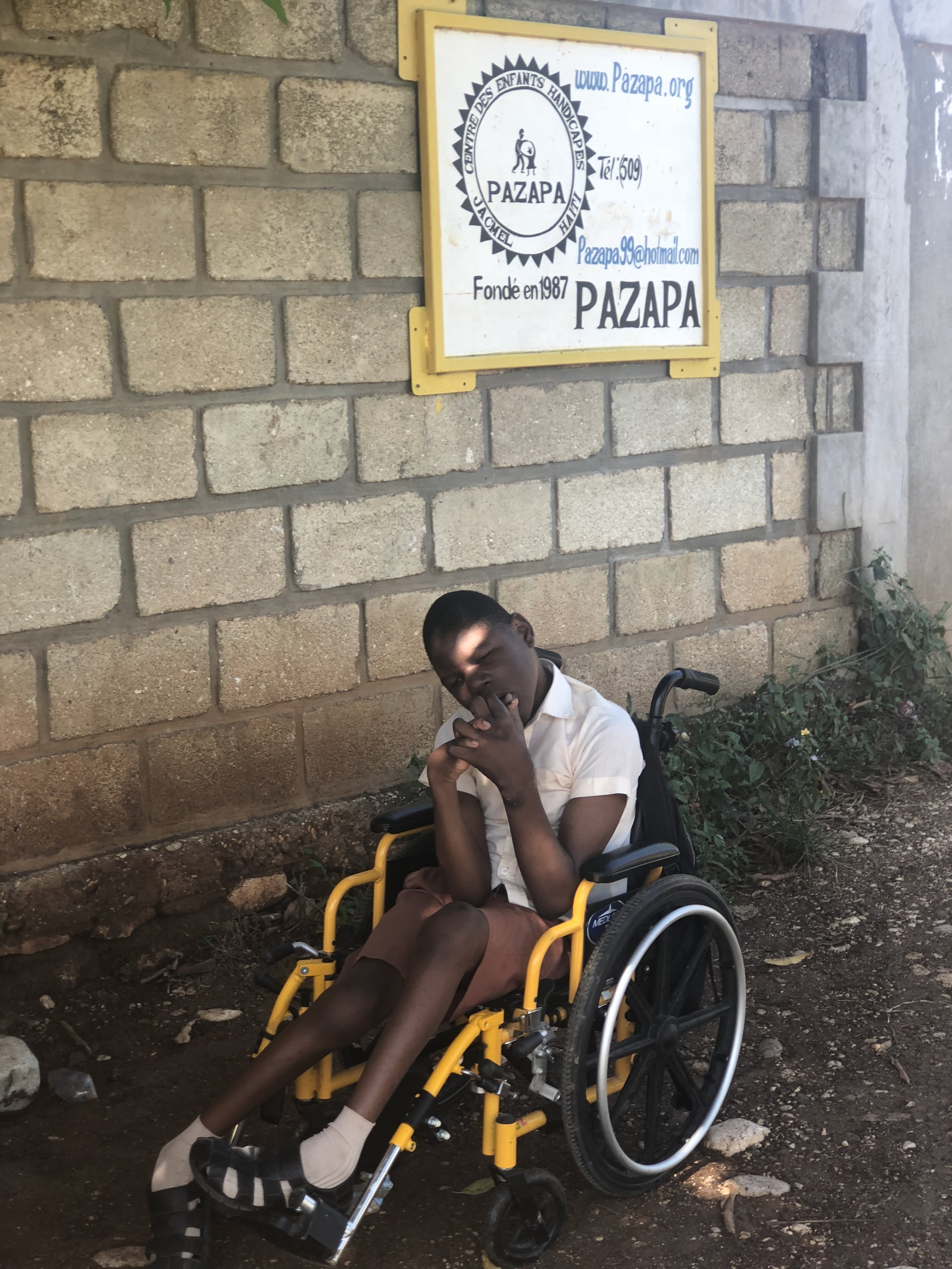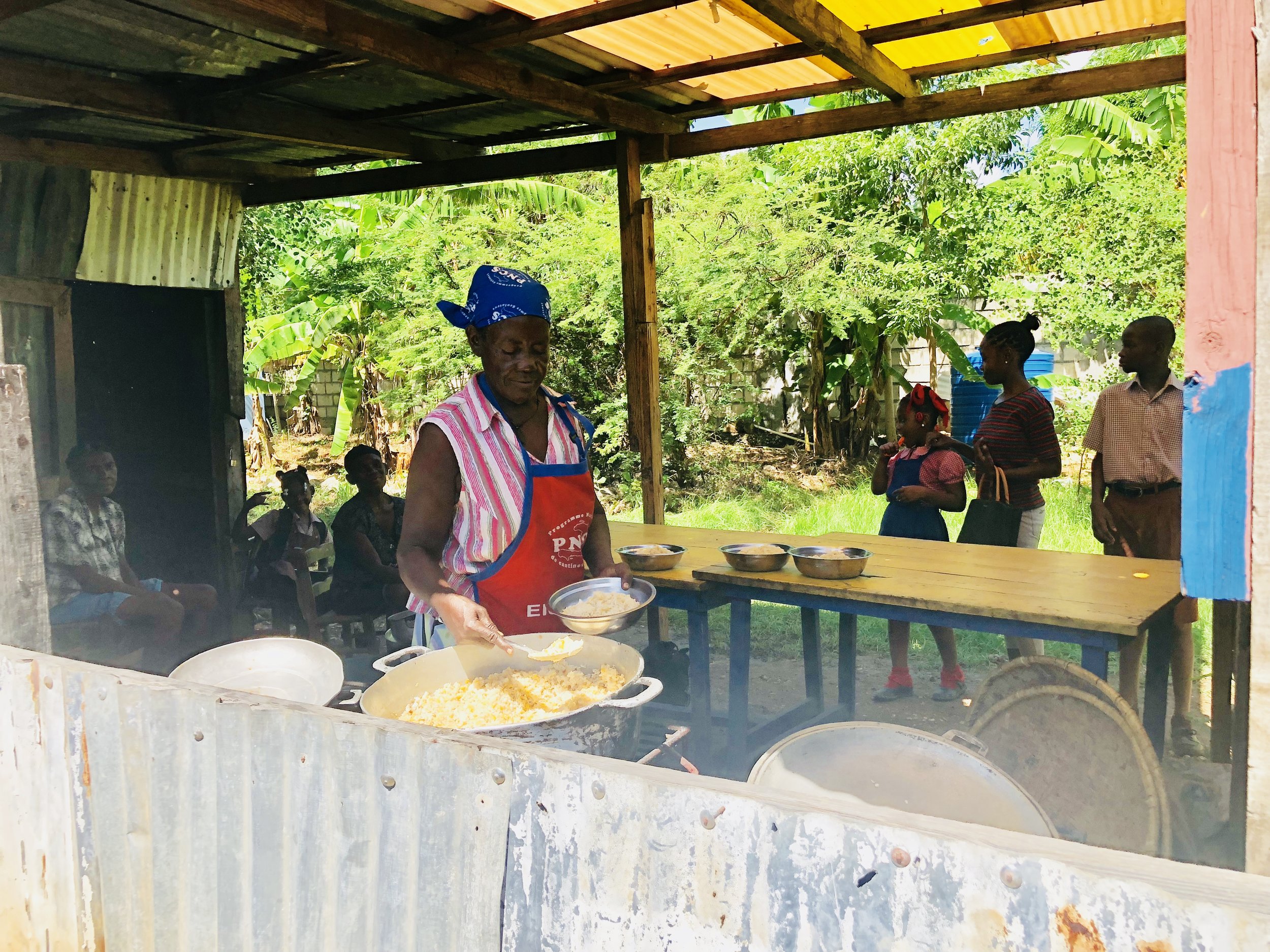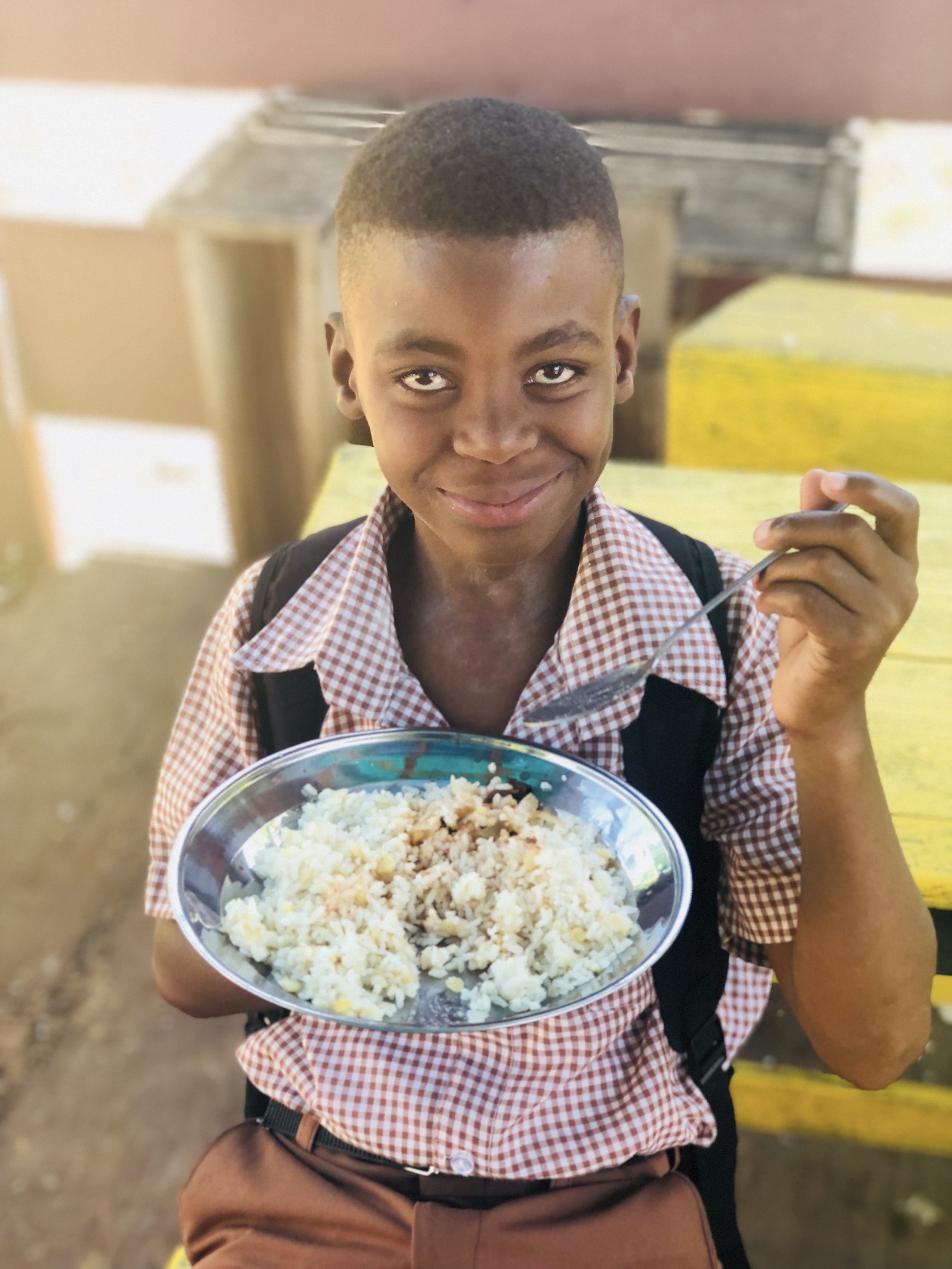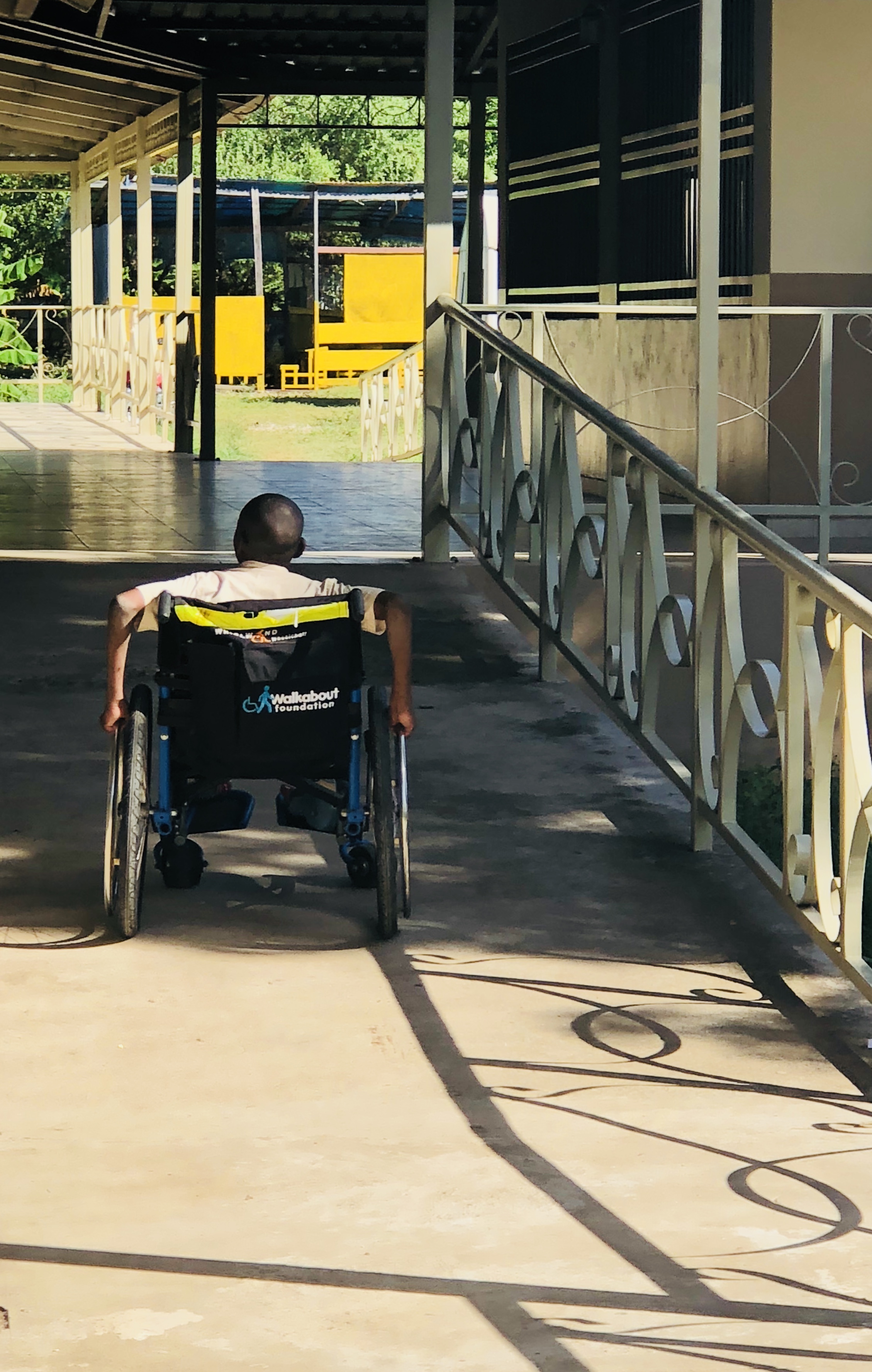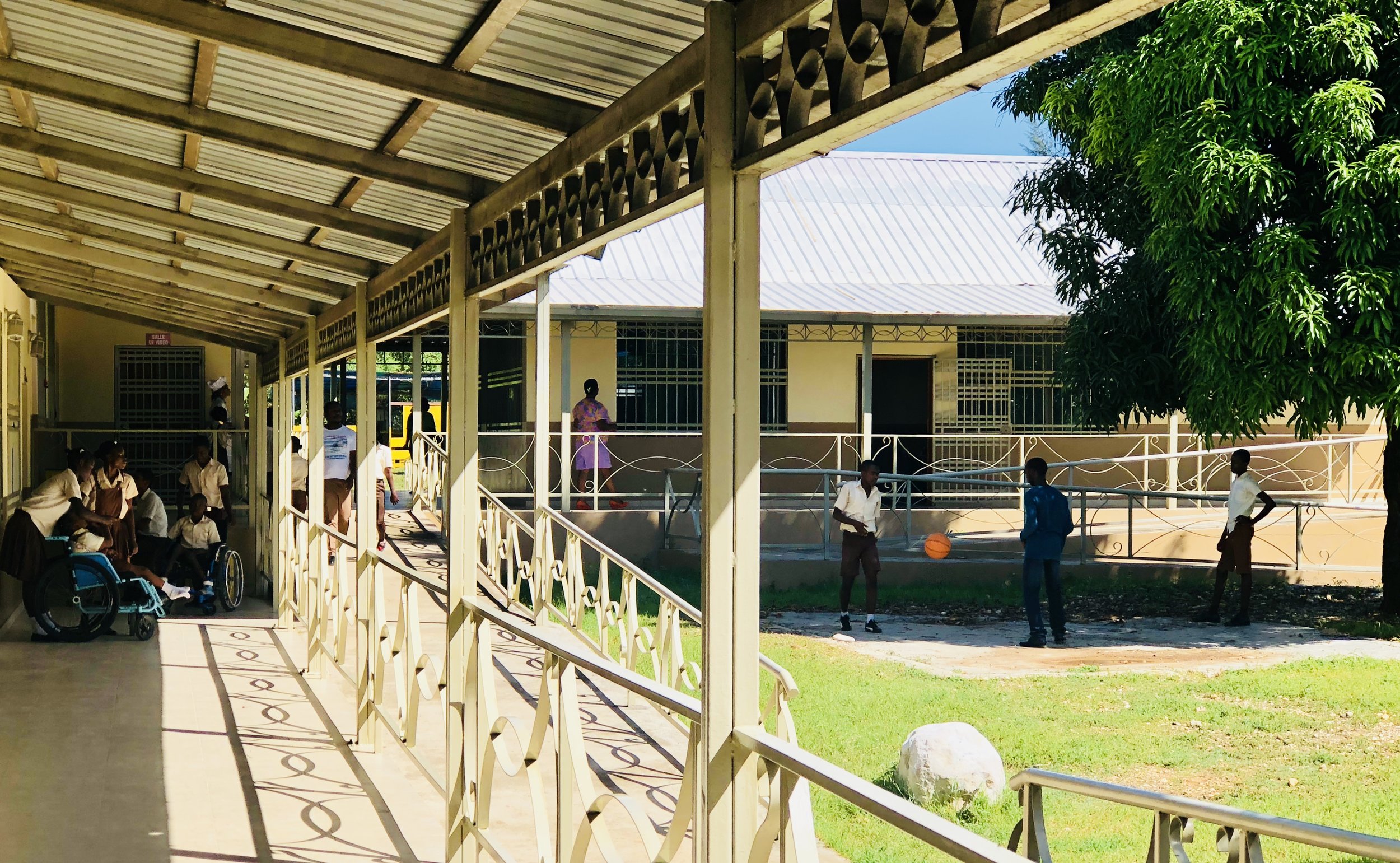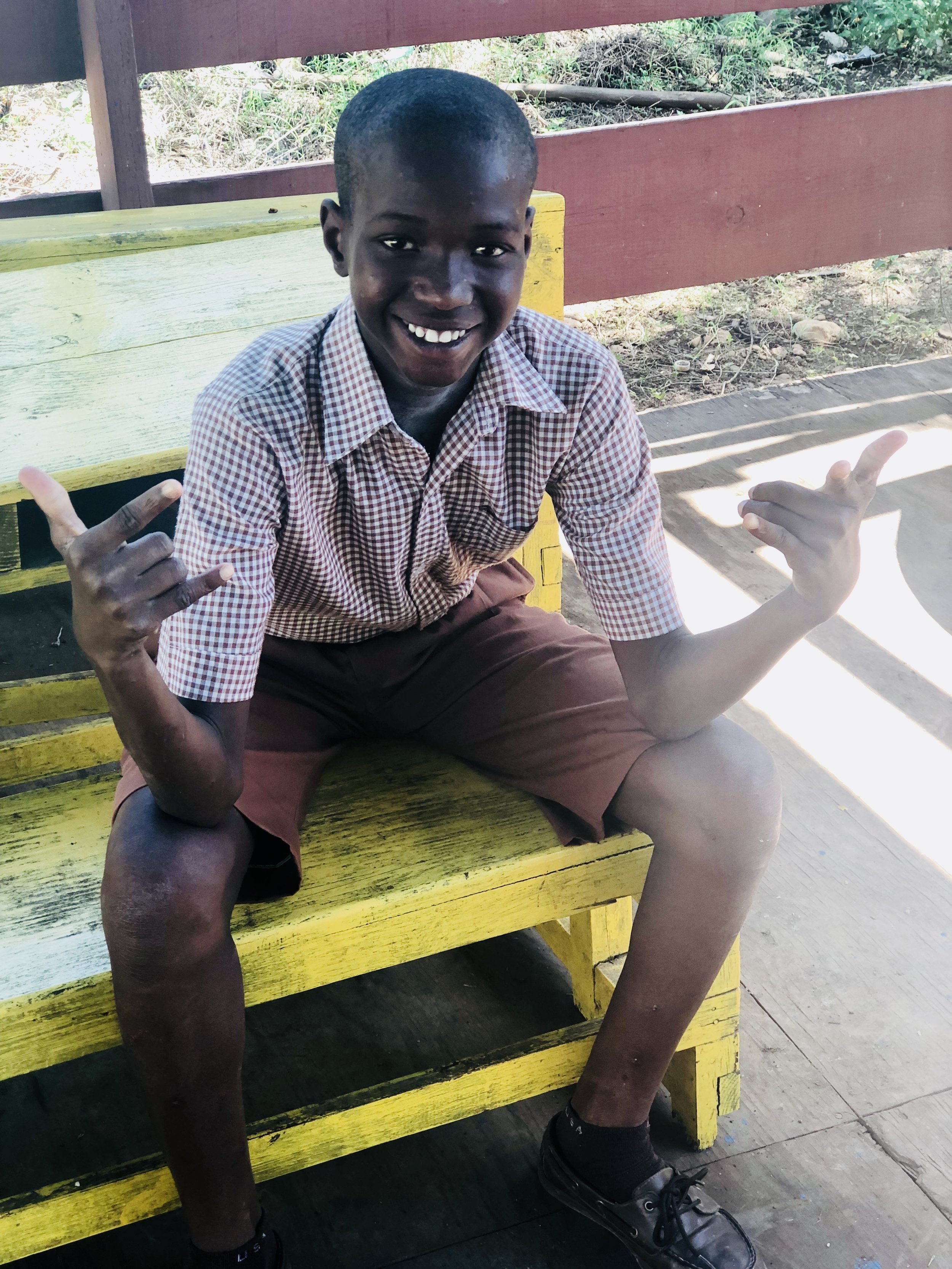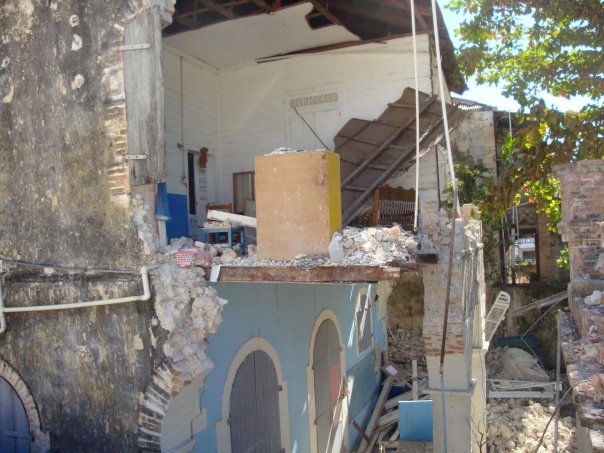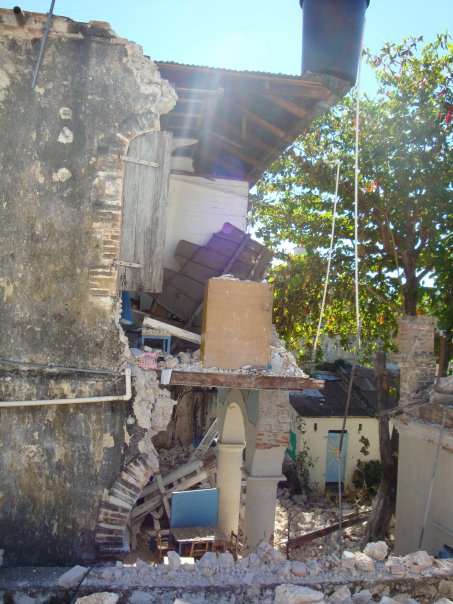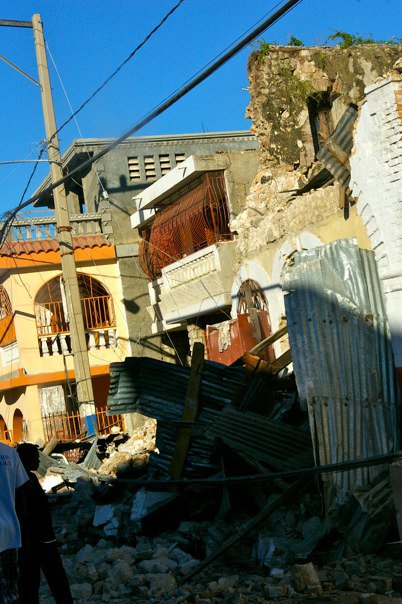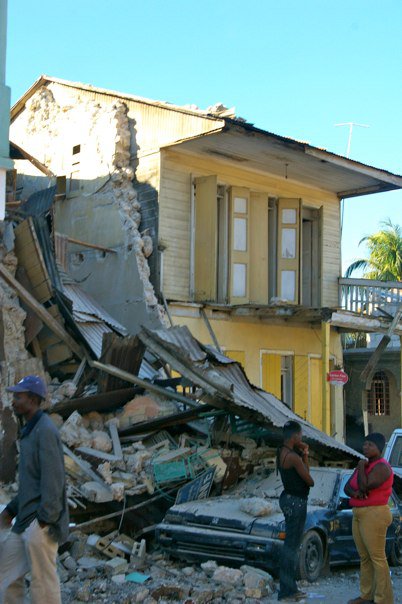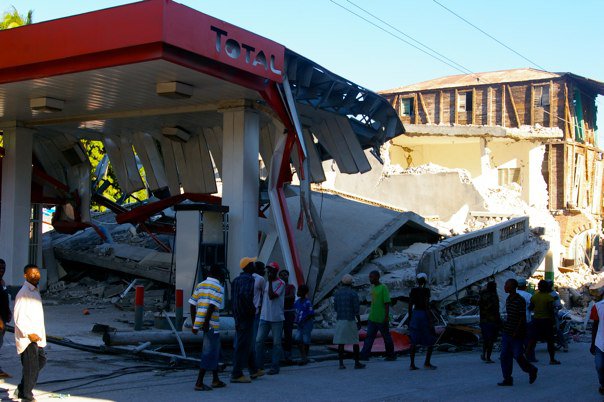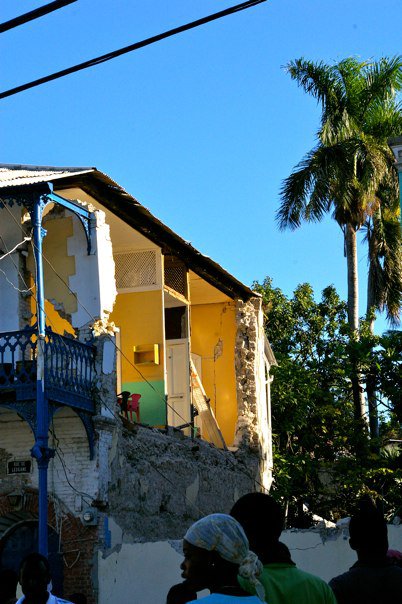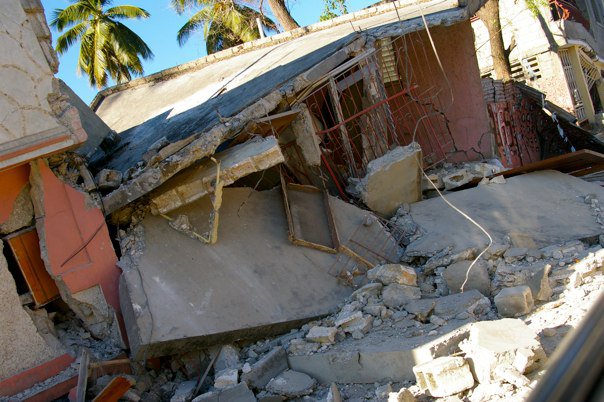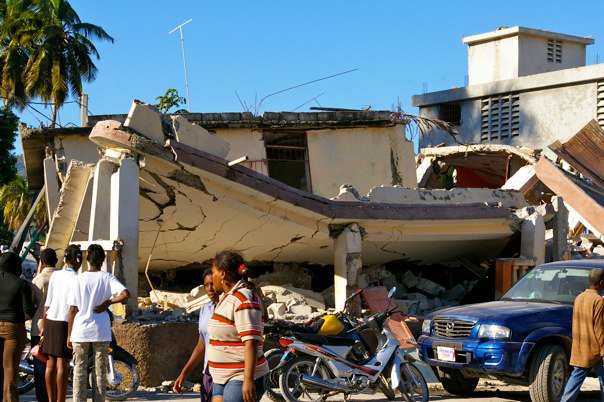Programs
"Wòch nan dlo pa konn doulè wòch nan soley."
The stone in the water does not know the pain of the stone in the sun.
Specialized Medical & Orthopedic Care
Haitian families struggle to afford corrective healthcare for treatable disabilities. PAZAPA bridges this gap with visiting and local medical professionals. They offer free clinical evaluations, surgery, medication, and therapy to hundreds of disabled children.
Common conditions like clubfoot and epilepsy are devastating in Haiti due to limited treatment access. Children born with these conditions are often relegated to a life of exclusion. Dedicated professionals like Dr Frantso Nelson (PAZAPA/Haiti Board President), PAZAPA Physiotherapist Tony Antoine, and PAZAPA Nurse Marie Agatha Augustin, transform these children's lives. In 2023 alone, PAZAPA addressed 19 clubfoot cases, treated 101 children with epilepsy, and provided orthopedic care to 126 children.
Inclusive Education
Haitian schools generally do not accept children with disabilities, compounding their exclusion and disadvantage. PAZAPA believes all children deserve a chance to thrive. In a supportive, confidence-building environment, PAZAPA’s Special Education School and School for the Deaf provided instruction in 2023 for160 special education and 40 deaf children. Early intervention (0-3 years) offers stimulation and socialization to support child development. Preschool (4-10 years) builds language, social, and coping skills. The senior class helps teens to maximize outside educational opportunities, including mainstream education and vocational life-skills.
Advocacy & The Arts
In Haiti, people with disabilities face stigma. Belittling words like "Bebe," increase vulnerability for women and girls. PAZAPA fights for inclusion through events, radio broadcasts, and outreach. PAZAPA's Food-Agriculture-Art Fair, April 28, 2023, featured goods, art, and food made or grown at PAZAPA. In December 2023, PAZAPA commemorated the International Day of Persons with Disabilities , bringing together government officials, partnering organizations, and the broader community.
Our new Program for the Arts inspires people with disabilities through art therapy, performance, and creative skills training, and it has changed how people with disabilities are viewed and valued in their communities.
Family Support
With a per capita GDP of less than $800 per year, Haiti's extreme poverty puts extraordinary stress on families raising children with disabilities. PAZAPA supports these families with programs designed to reduce hardship and promote dignity. The Ti-Commerce Microlending Program recognizes the added economic burden to families of children with disabilities and underwrites small business loans to them. The number of loans current in 2023 is 48. PAZAPA’s Sewing-Couture and Culinary Arts programs, presently reach 26 senior students with disabilities to whom they teach income-generating skills that foster independence.
Rural Outreach
More than 70% of rural households in Haiti live on less than $2/day, and public transportation remains largely nonexistent. Thus, many rural Southeast Haitian families with disabled children are unable to access help in nearby Jacmel. PAZAPA’s Outreach Program brings support to these families in five rural, mostly mountainous villages near Jacmel, where there are over 200 children with disabilities
PAZAPA Outreach depends on dedicated, paid PAZAPA Monitors (2 per village) who organize schools, expedite workshops and clinics, build meeting venues, and connect to the PAZAPA Outreach Coordinator in Jacmel. Many Monitors are themselves the parents of children with disabilities.
In 2023 Monitors and the Coordinator identified serious food insufficiency in outreach villages. So, a delivery of 2 months’ food for 100 families (costing $12K) was coordinated through PAZAPA.
Accessibility
"Haiti is the least accessible place in the world for handicapped people... we have many more handicapped people in Haiti now and the situation is dire [...] Life is an obstacle course even for the fully abled." - Josianne Hudicourt-Barnes
Within weeks of the 2010 earthquake that destroyed the original PAZAPA Center, PAZAPA was running programs out of temporary shelters. With the help of PAZAPA’s own generous donors and international organizations CBM and Plan, PAZAPA started building back. In 2015, PAZAPA opened the doors of the first handicap-accessible, para-seismic, hurricane-proof school building in Haiti, thanks to ~1M€ from the German government.
But work remains. PAZAPA needs to raise $330,000 to complete the third and final phase of construction (rendering below), which is a badly-needed handicap-accessible cafeteria and kitchen. PAZAPA provides many students with their only regular meal of the day, and the present temporary cafeteria/kitchen is deteriorating and inaccessible to children with mobility issues.
